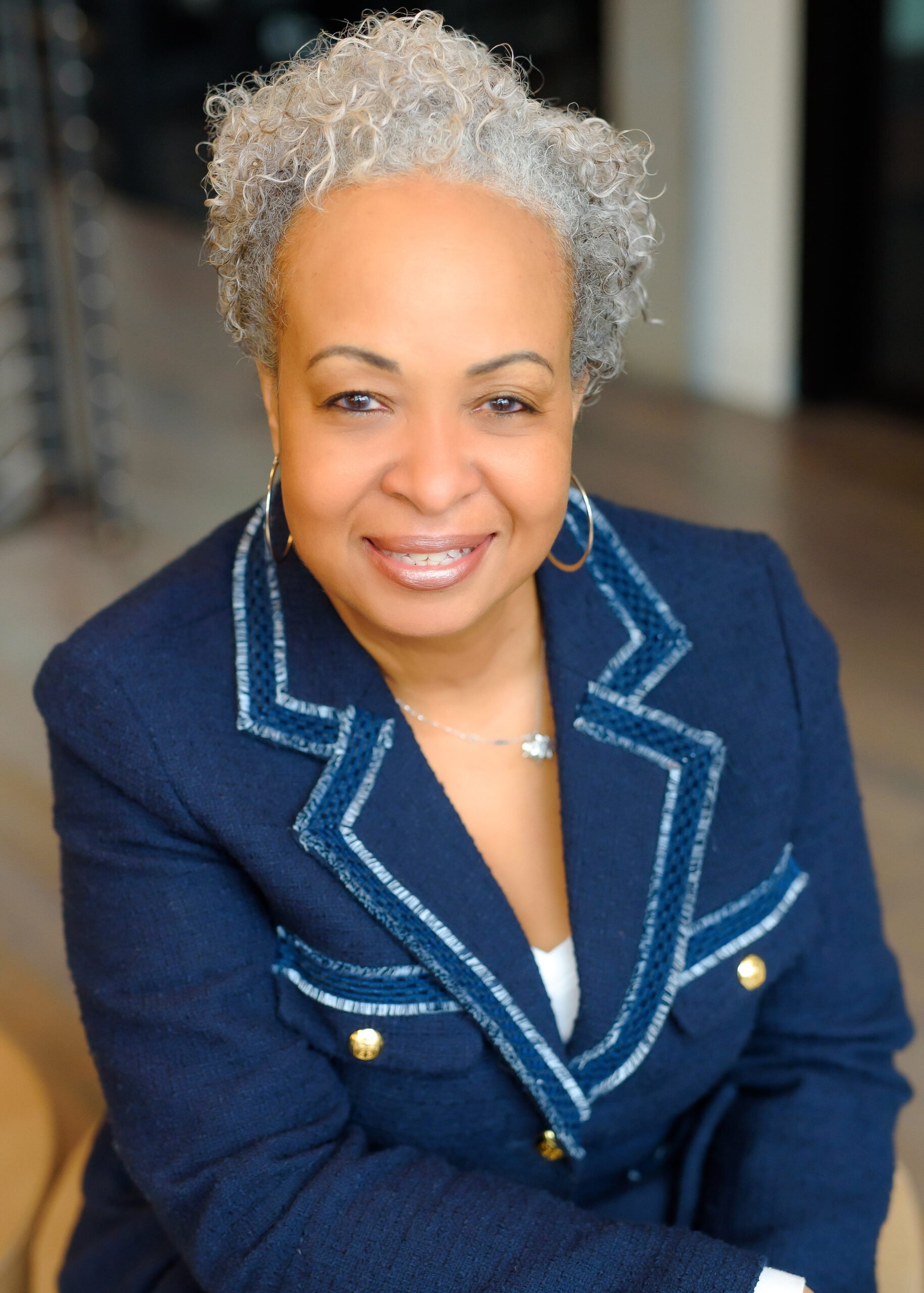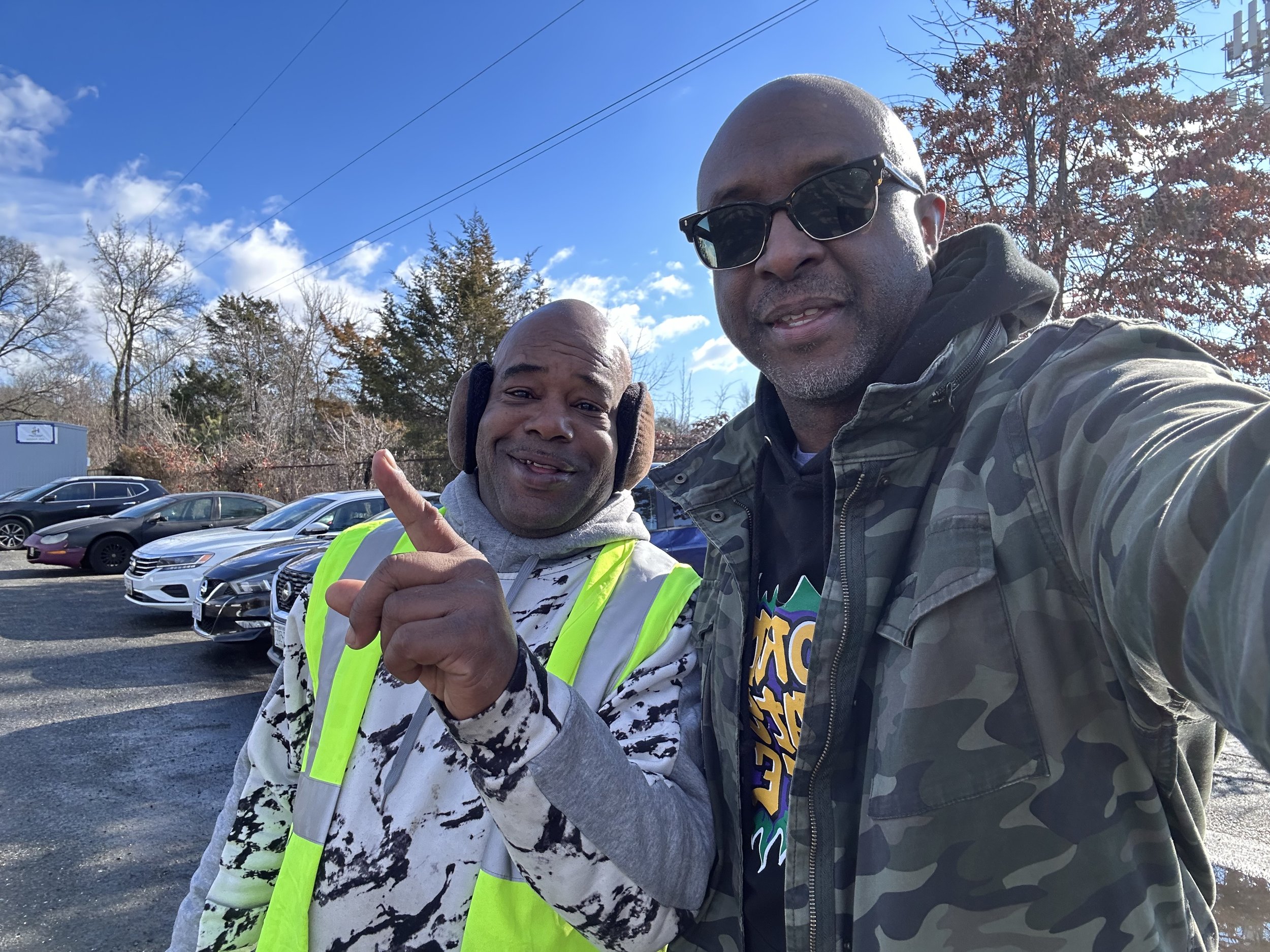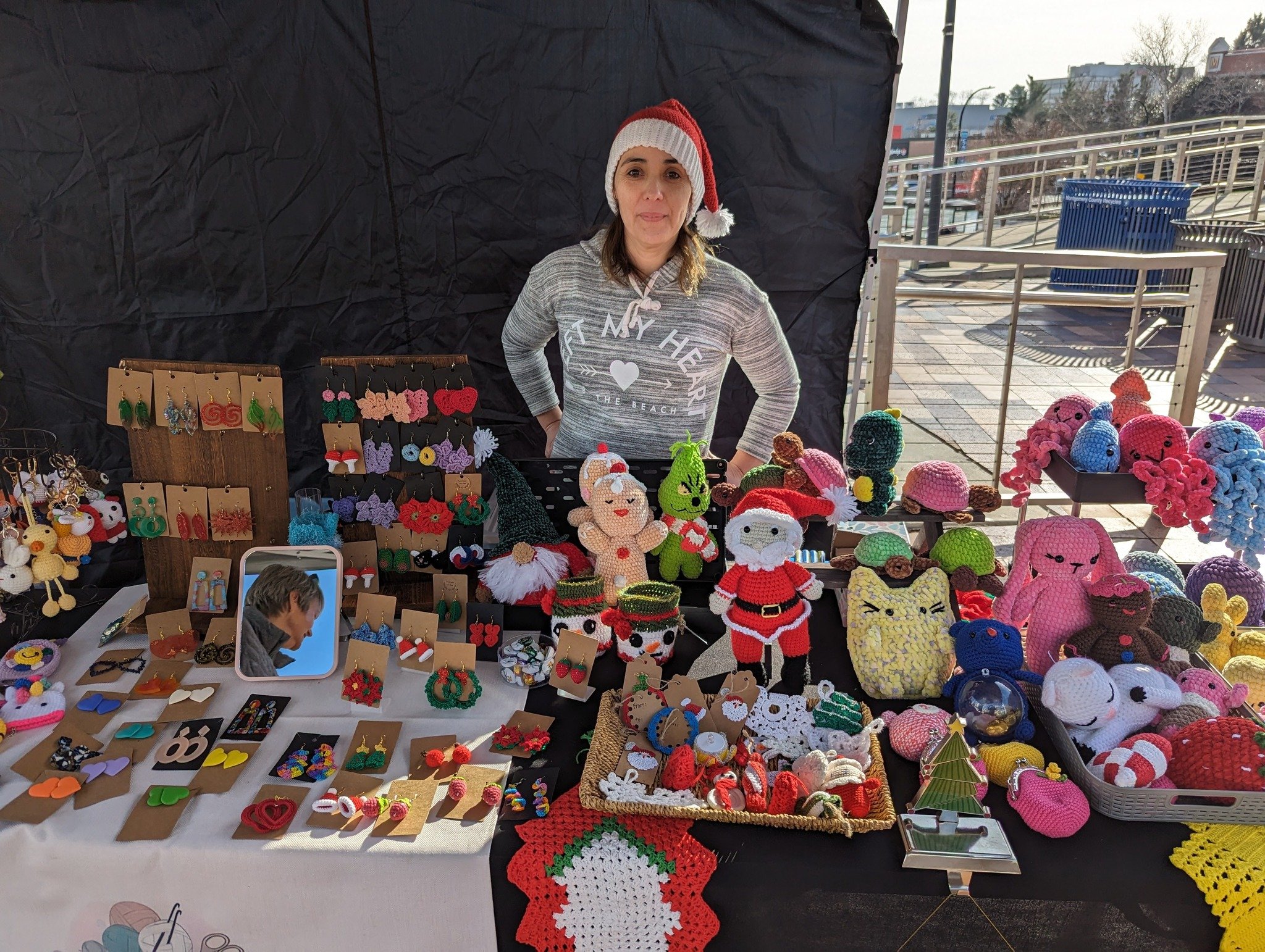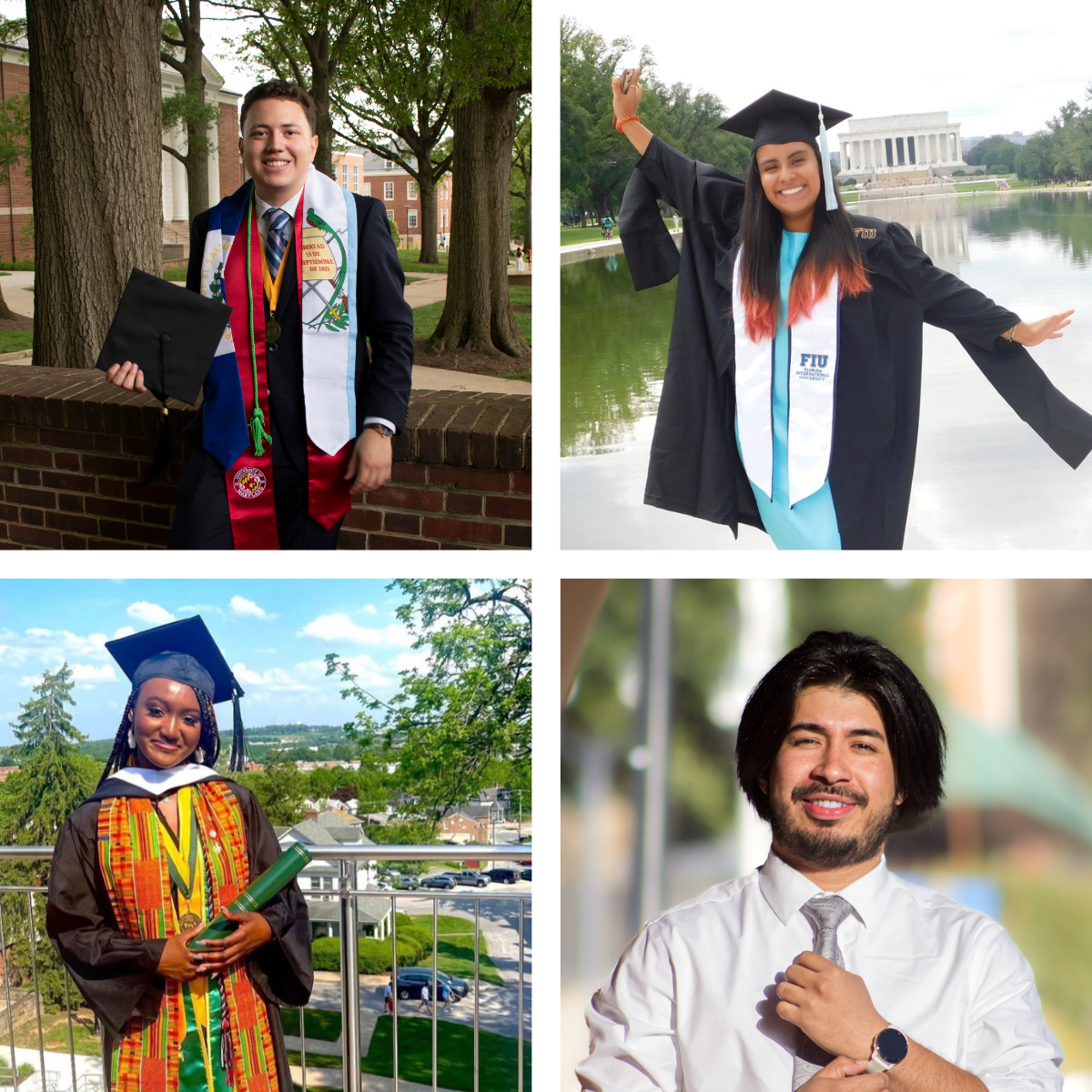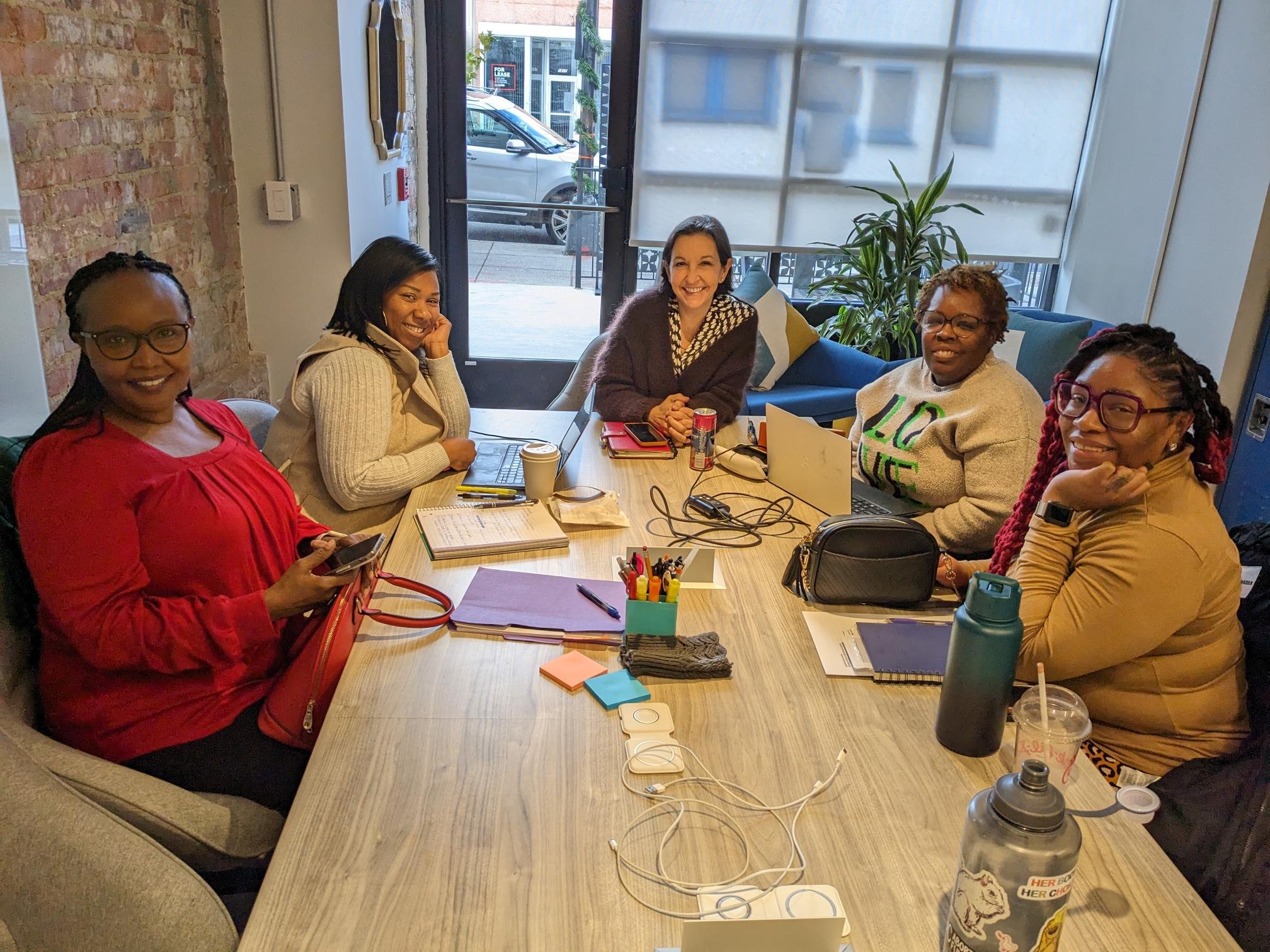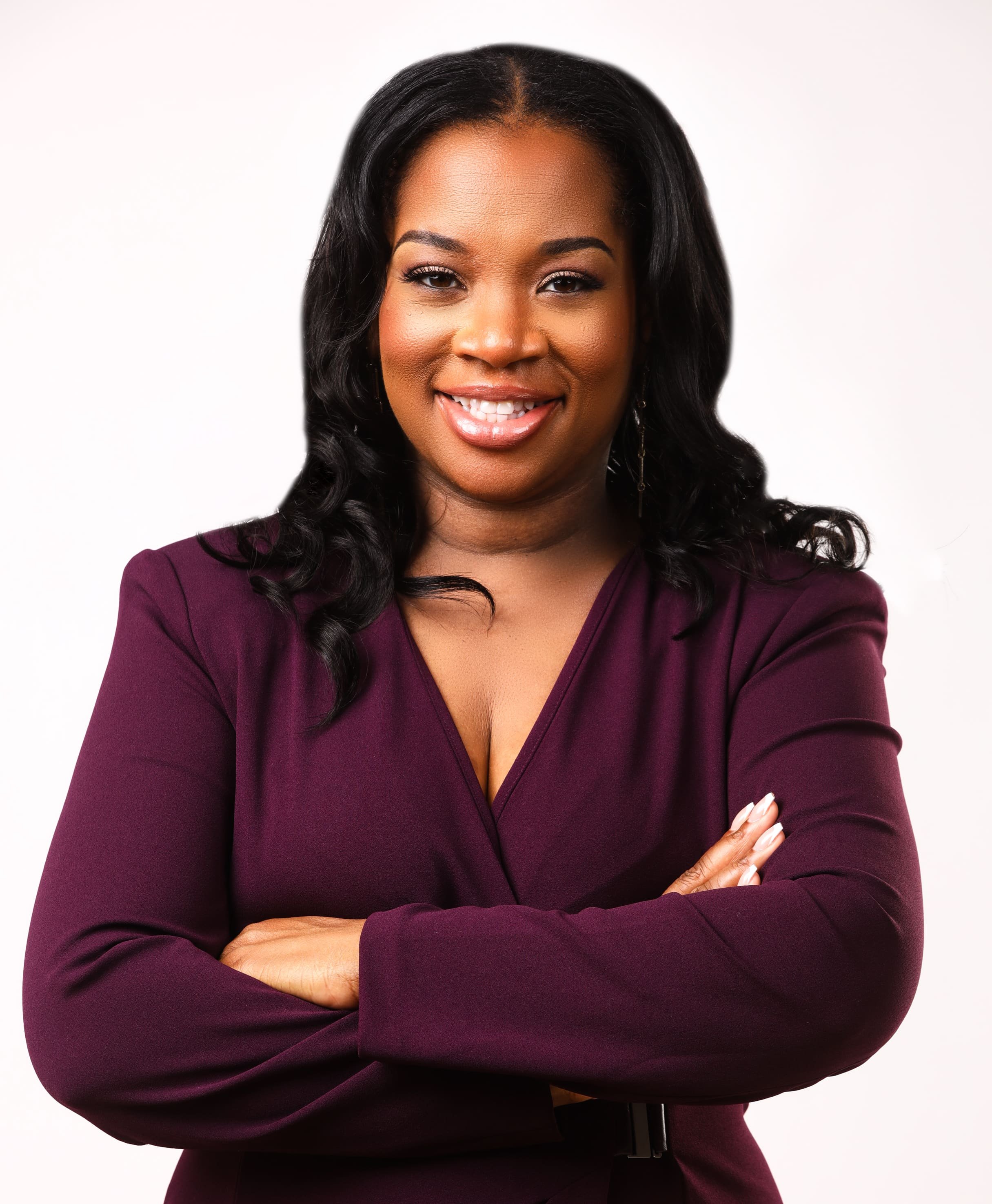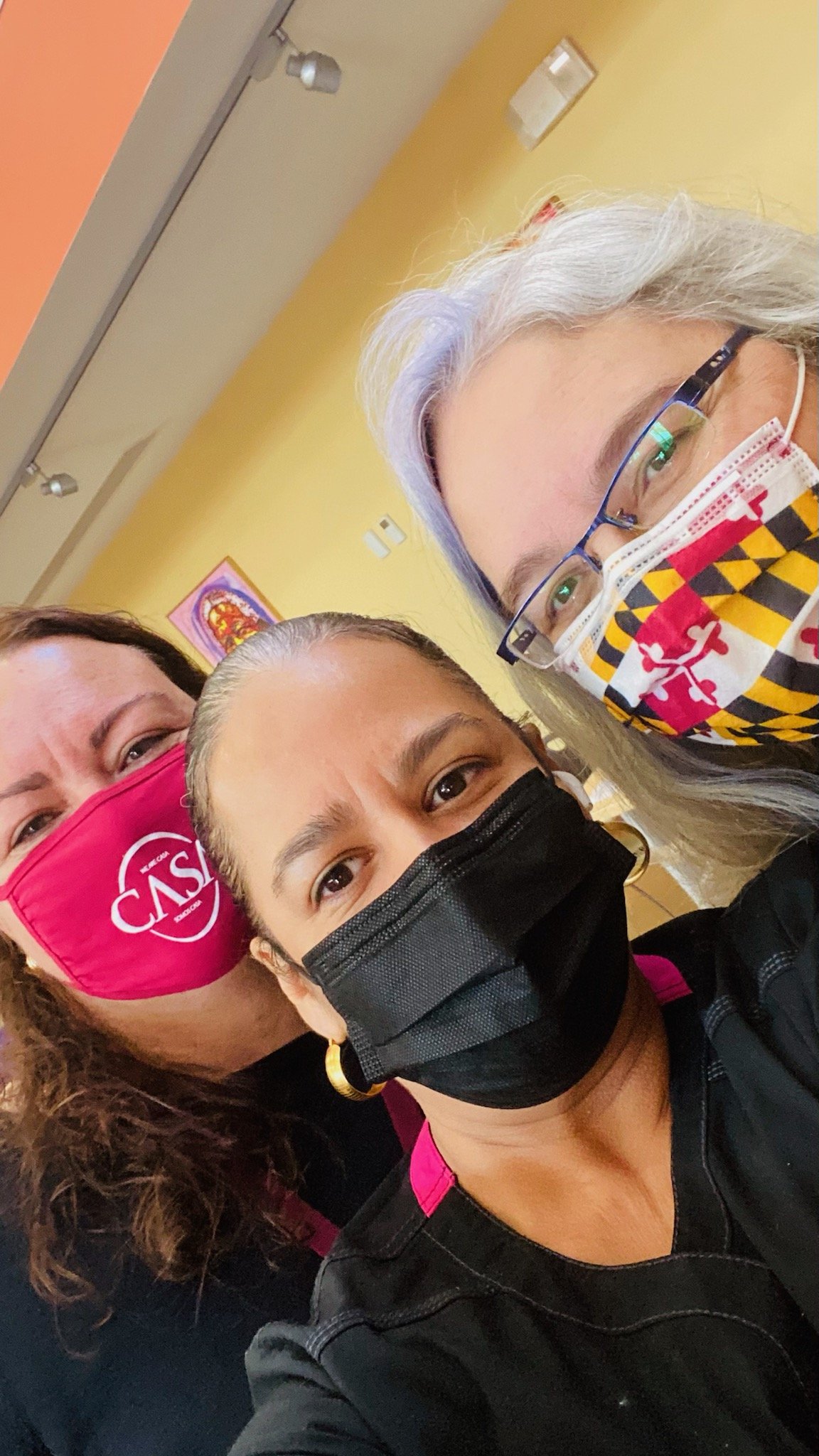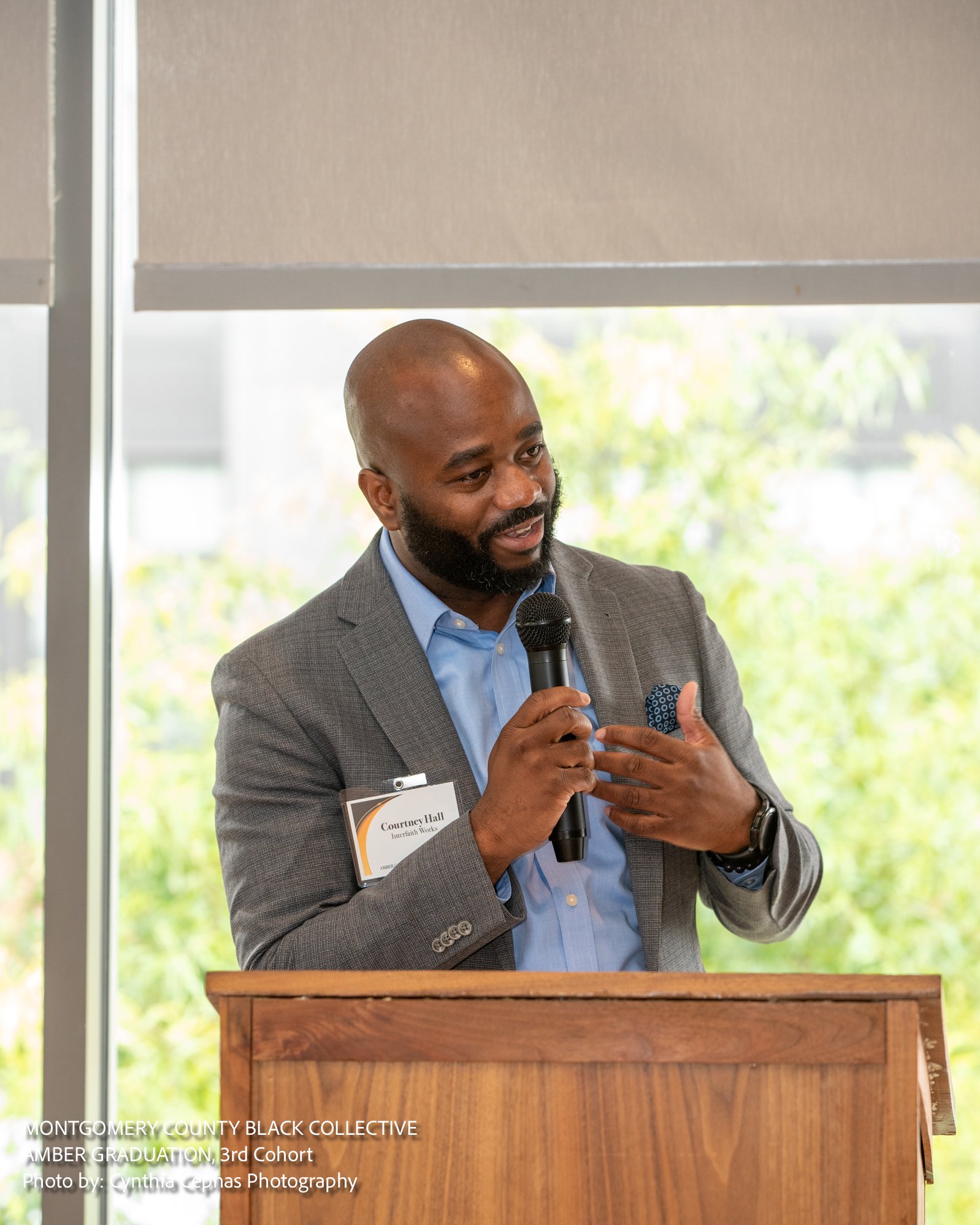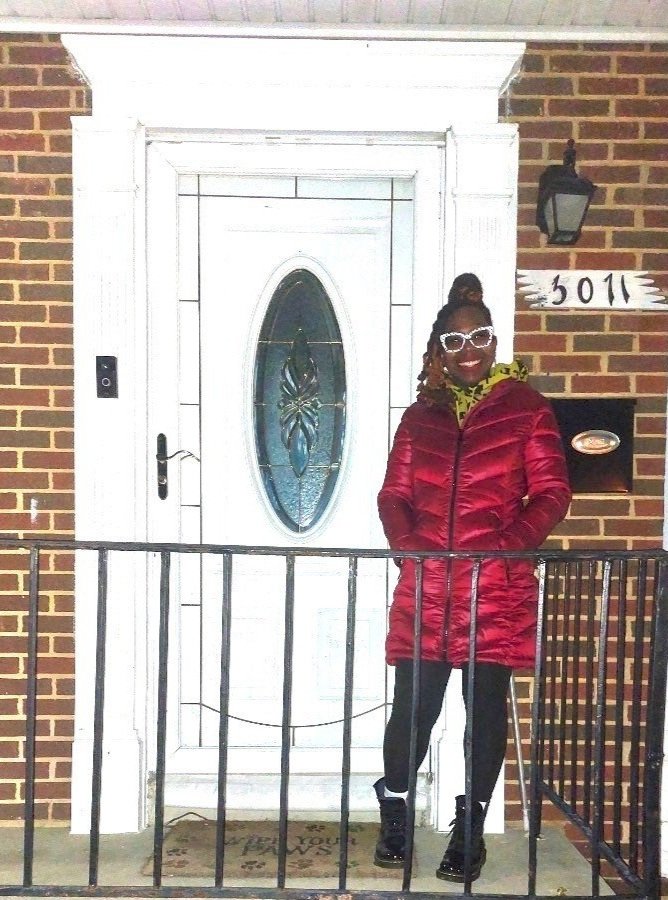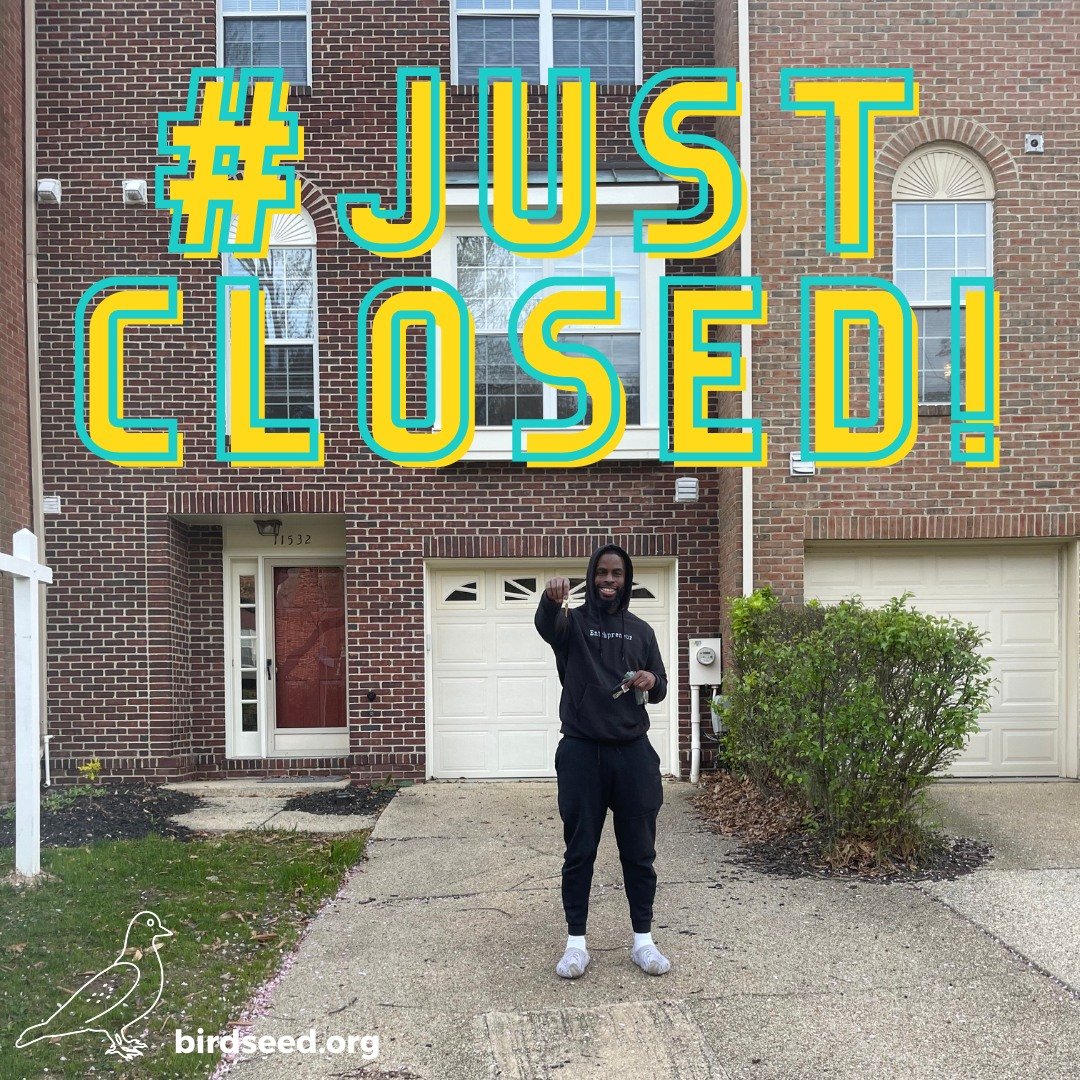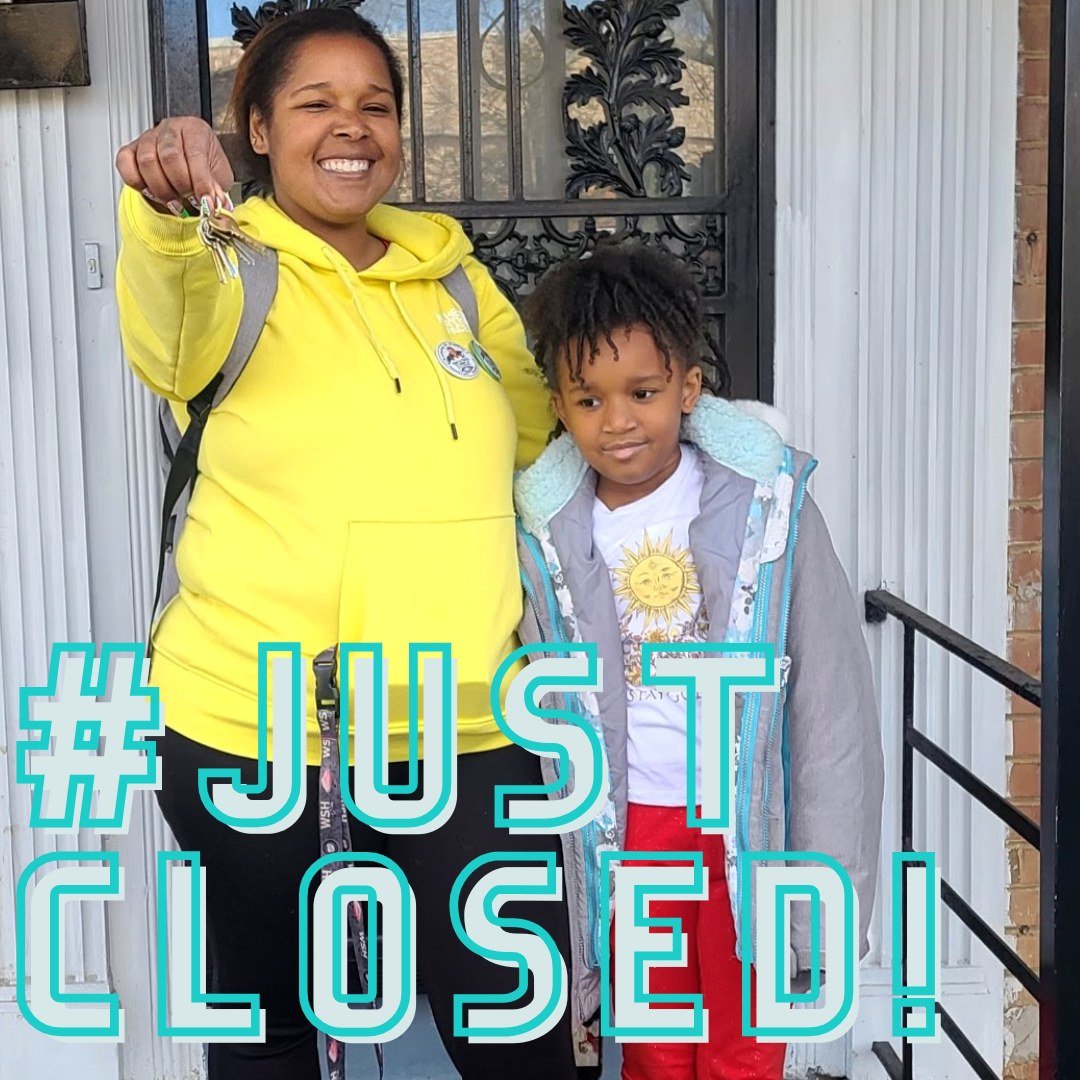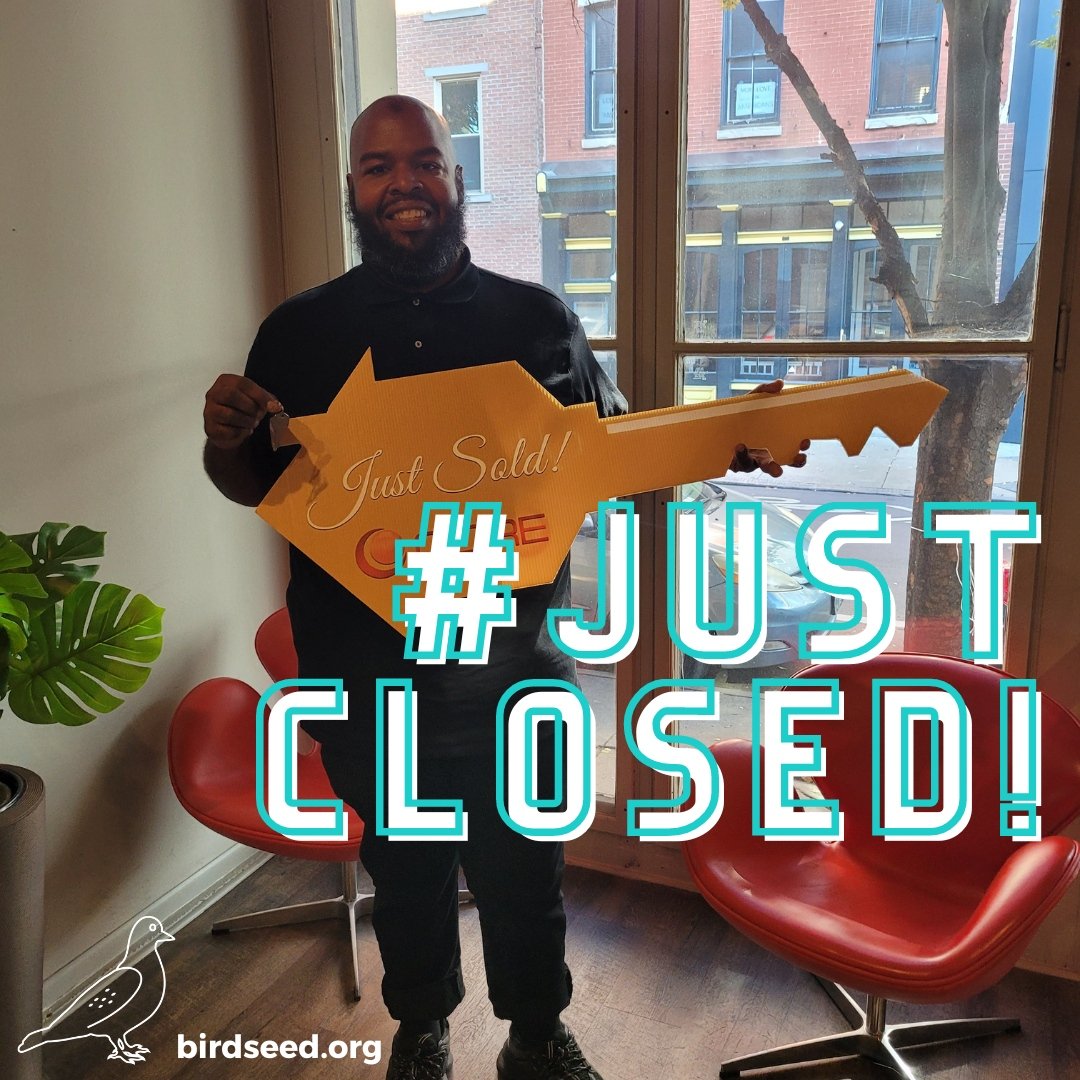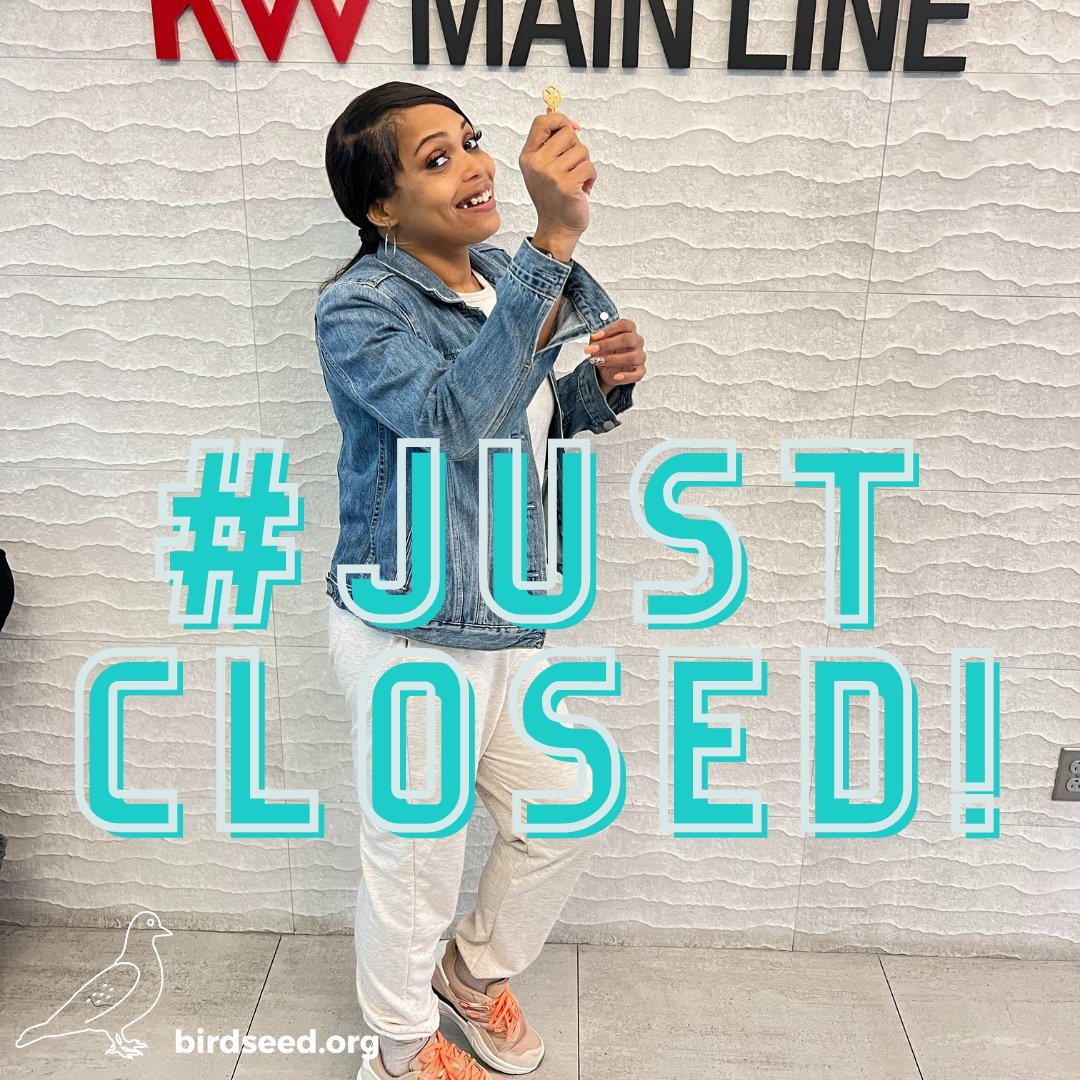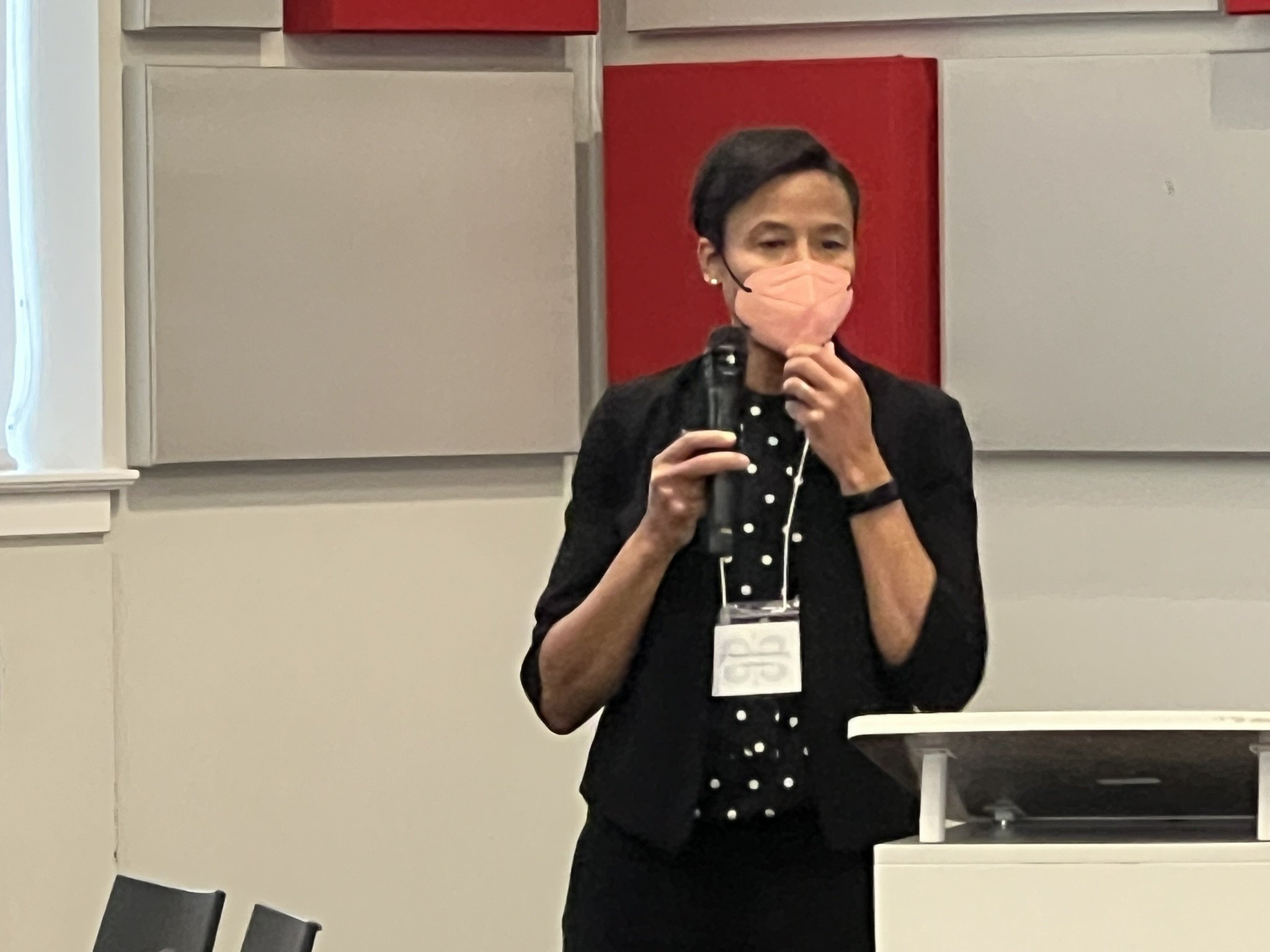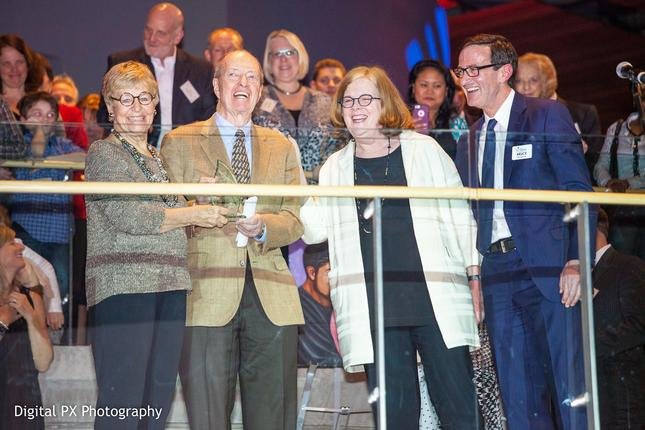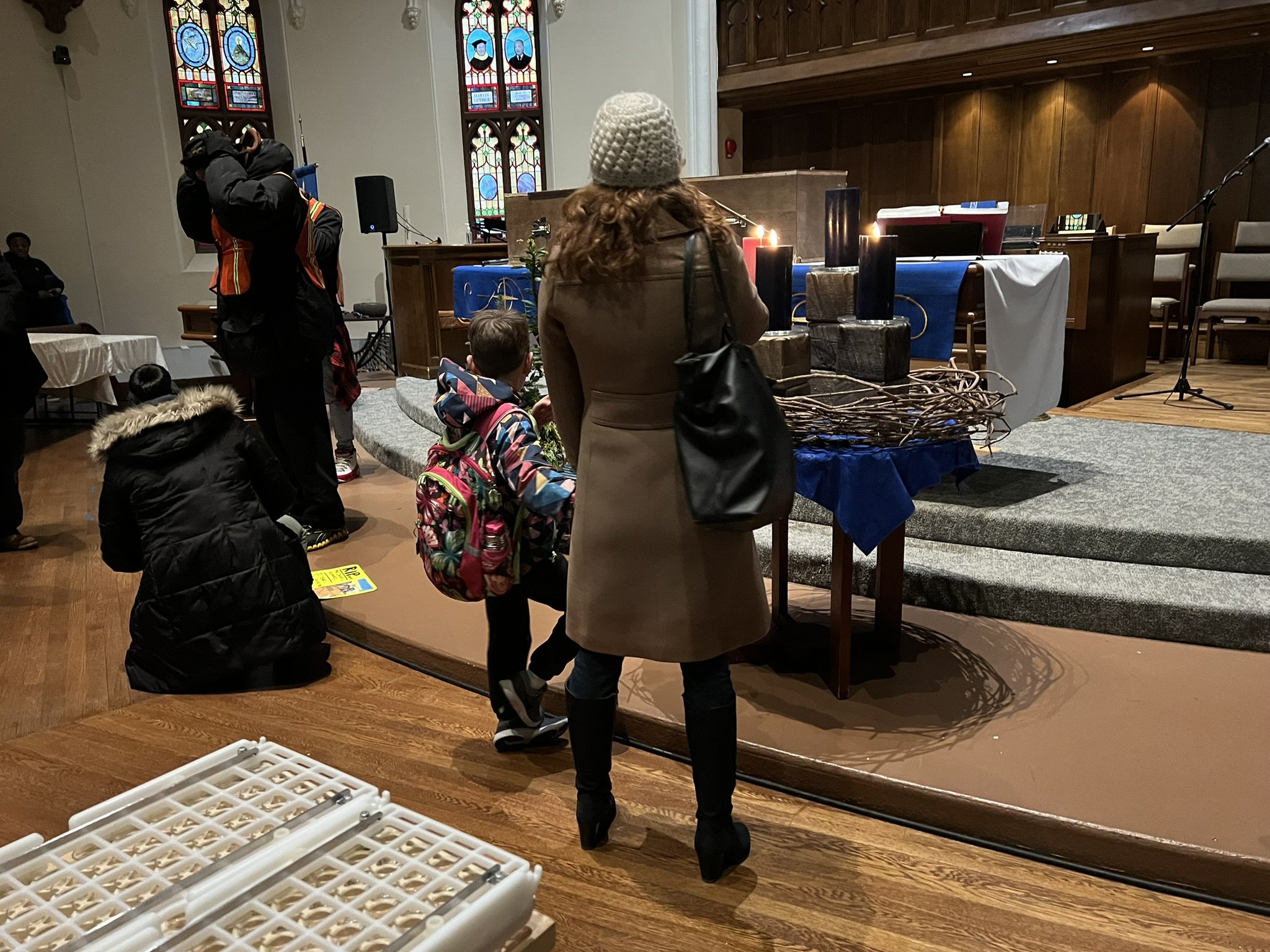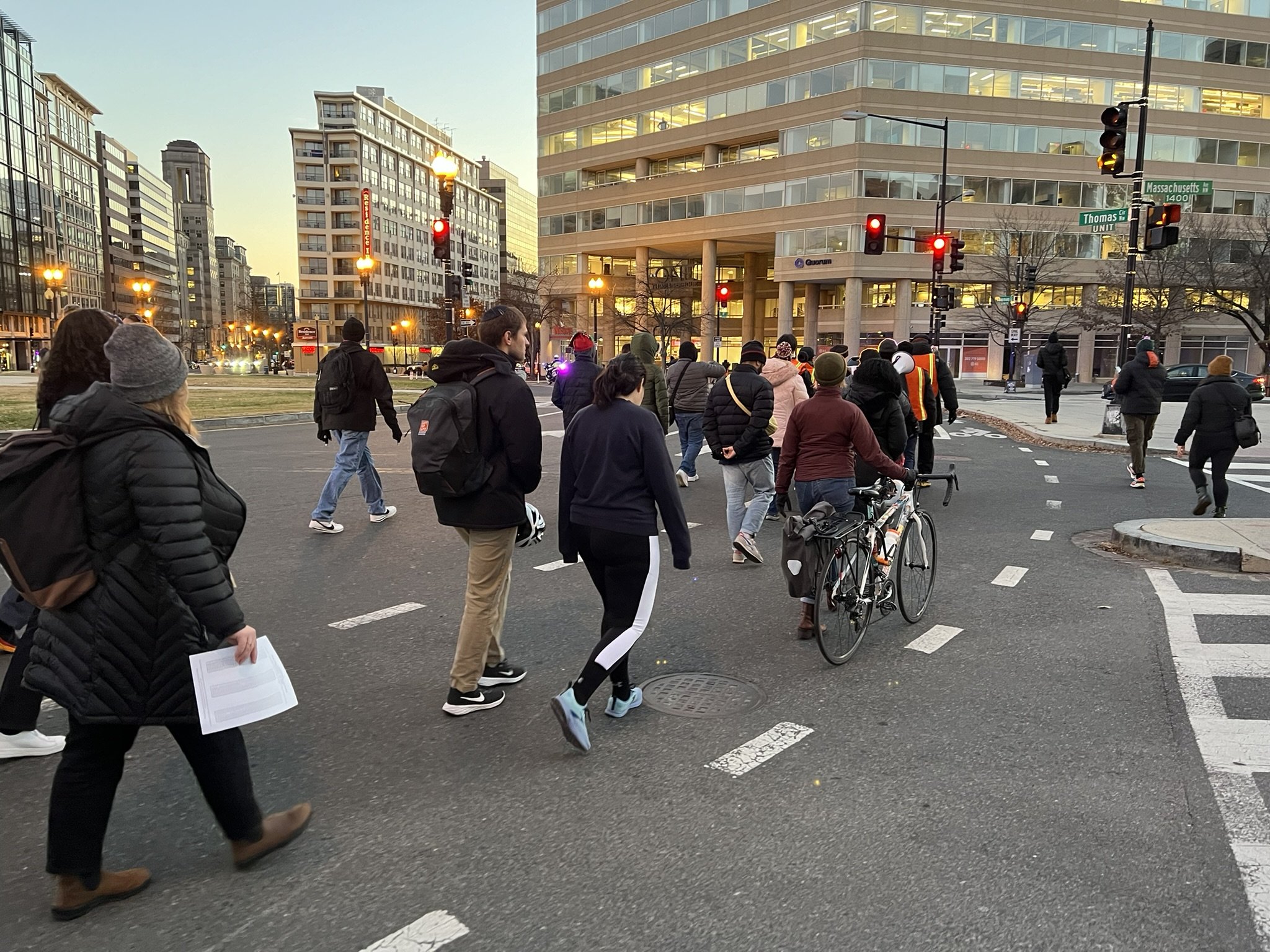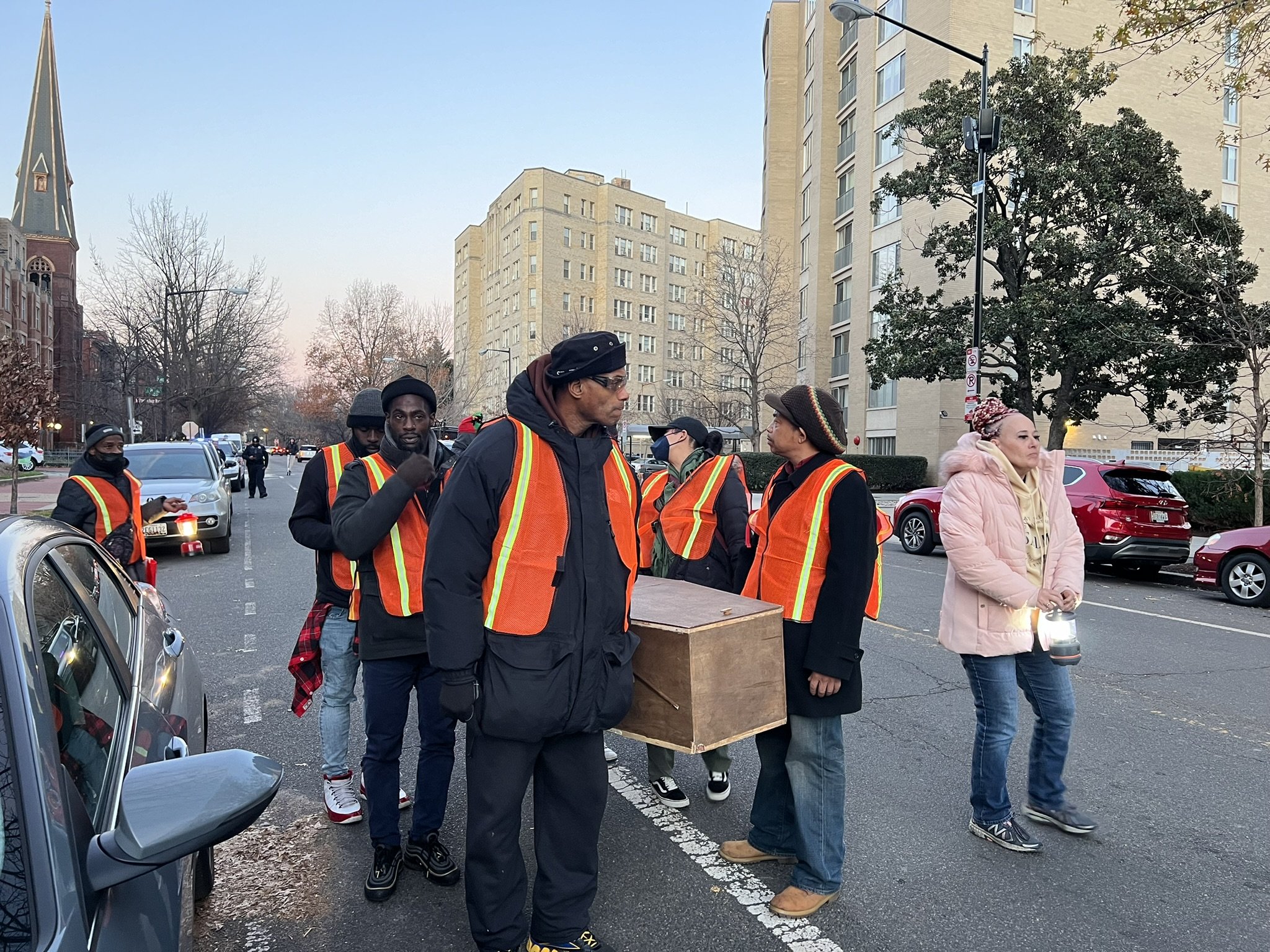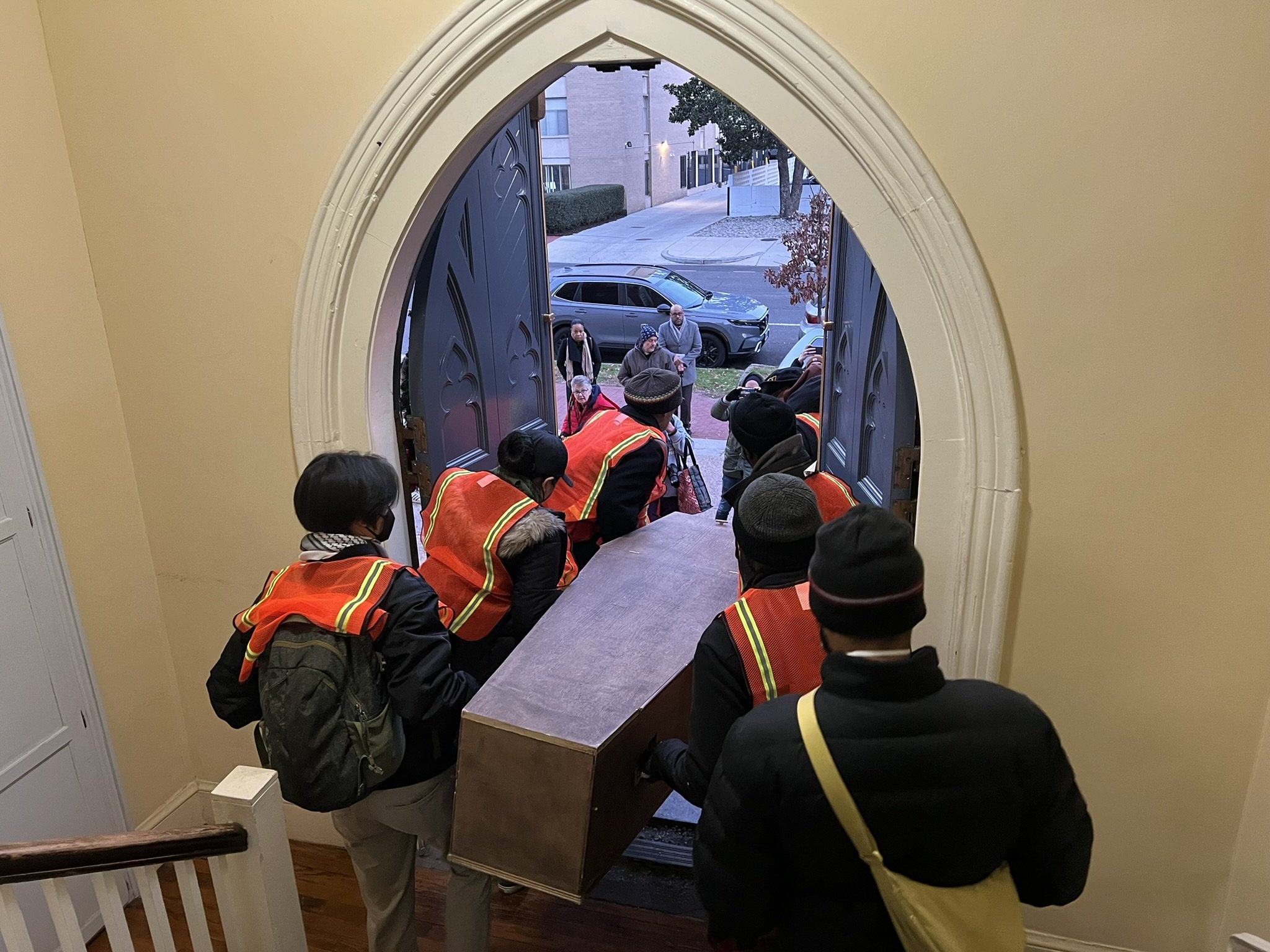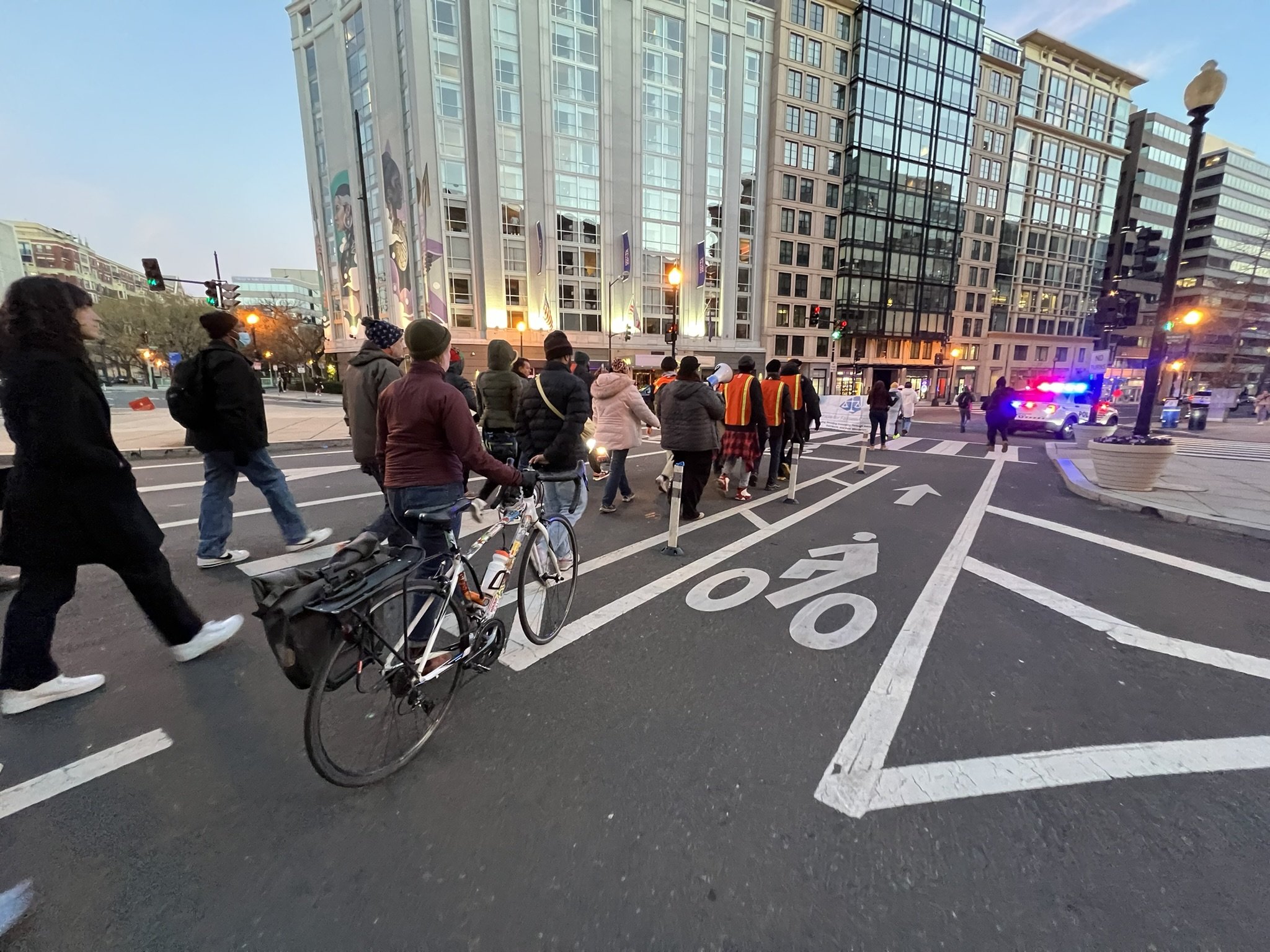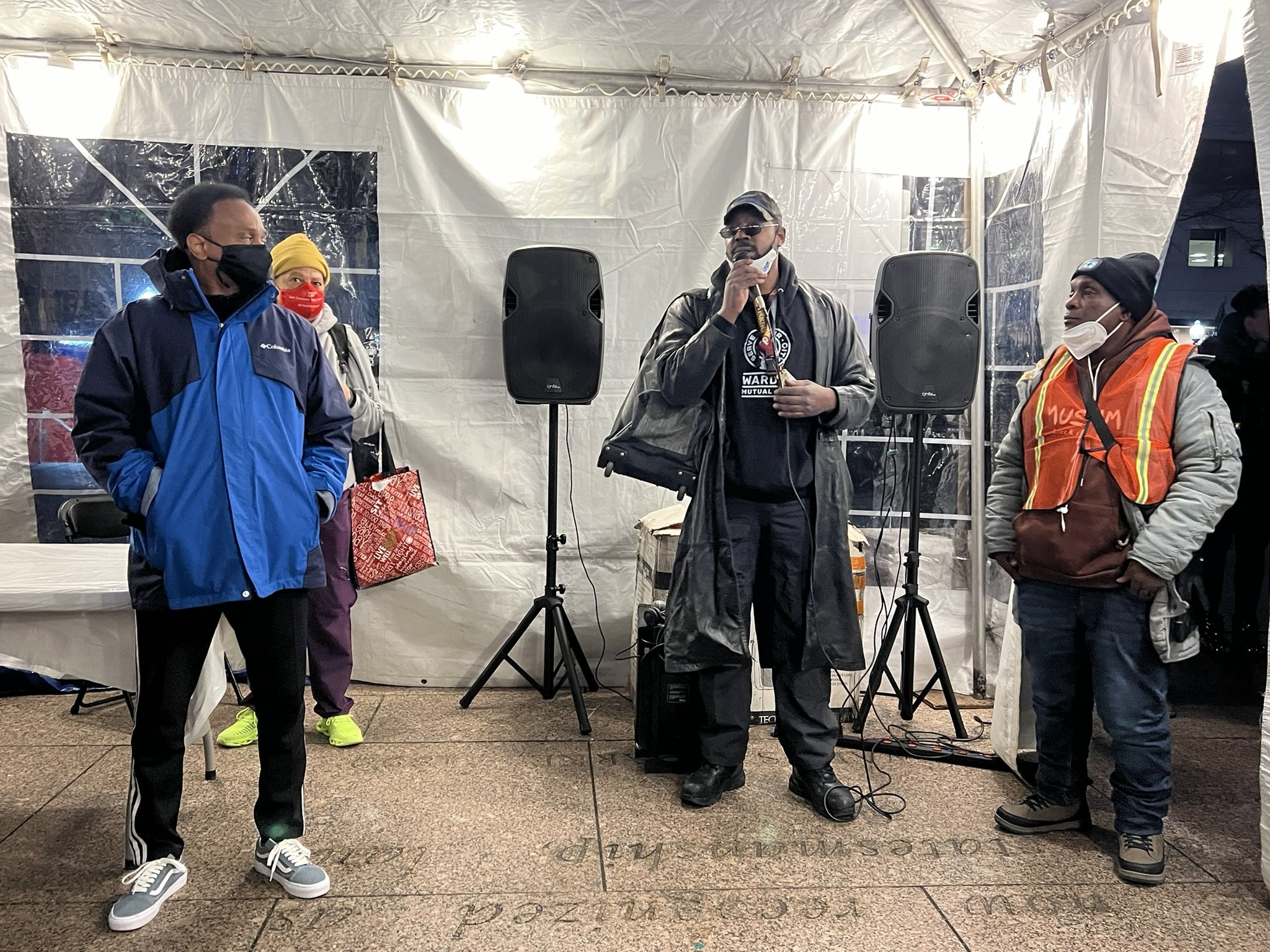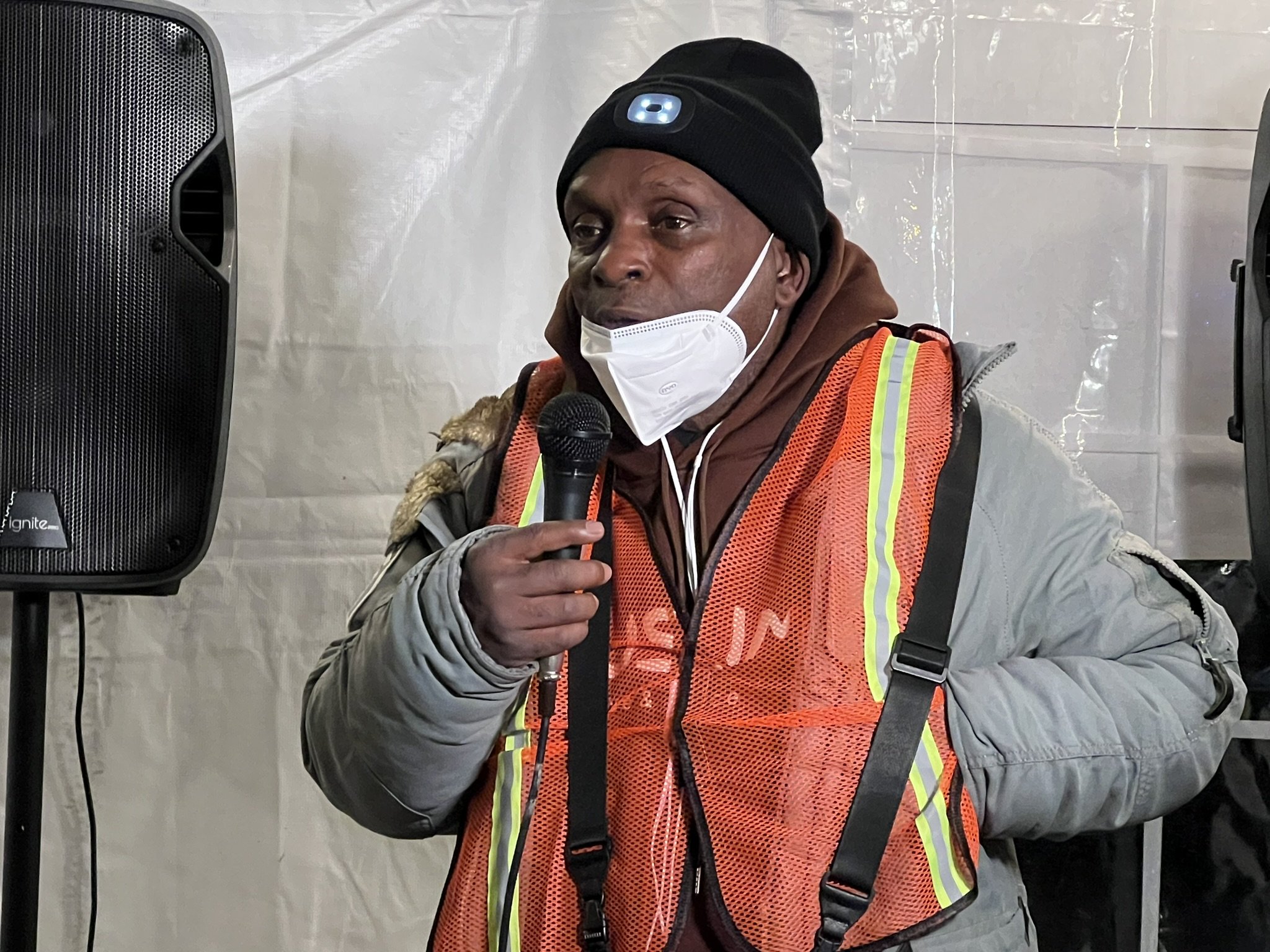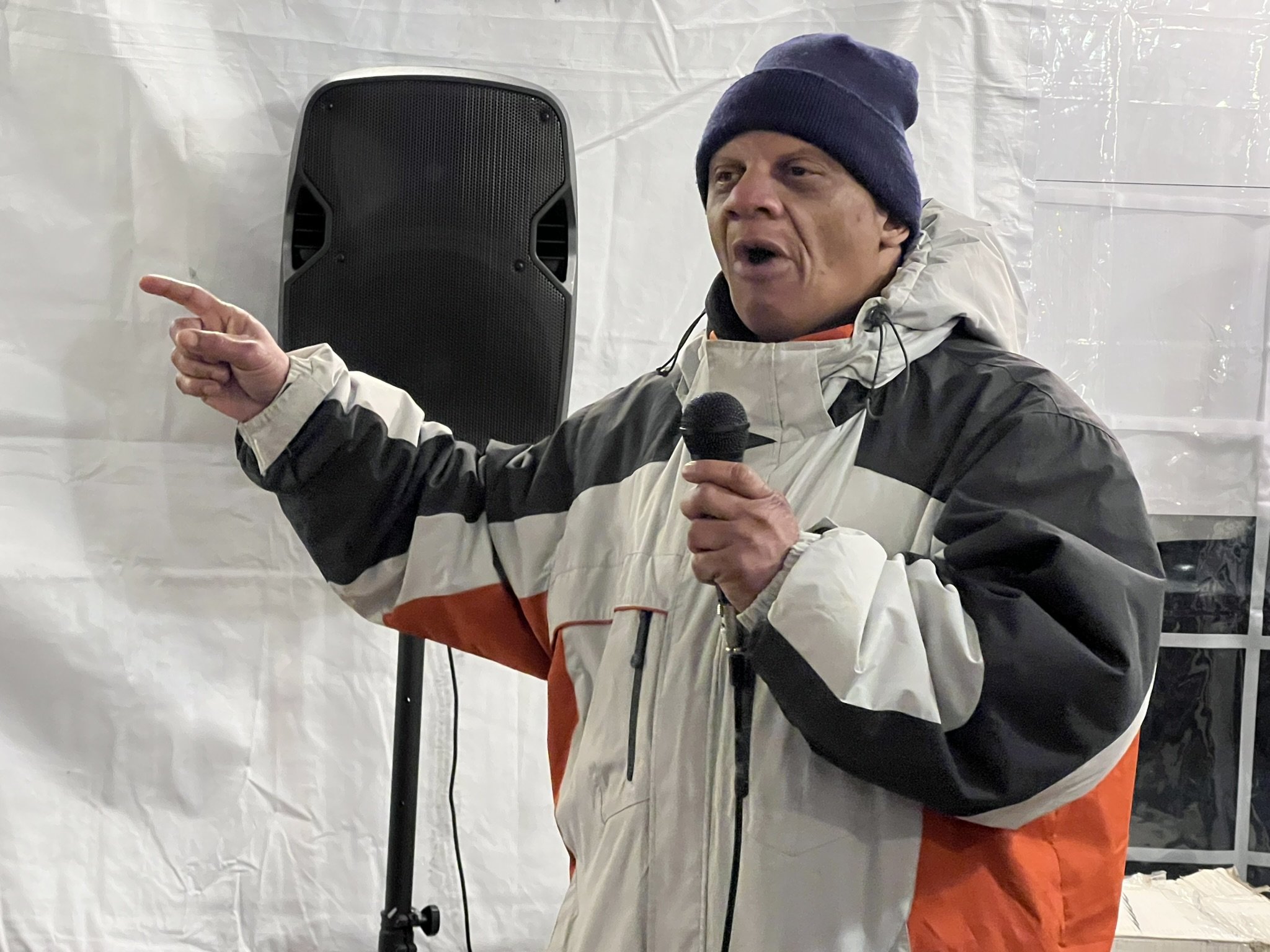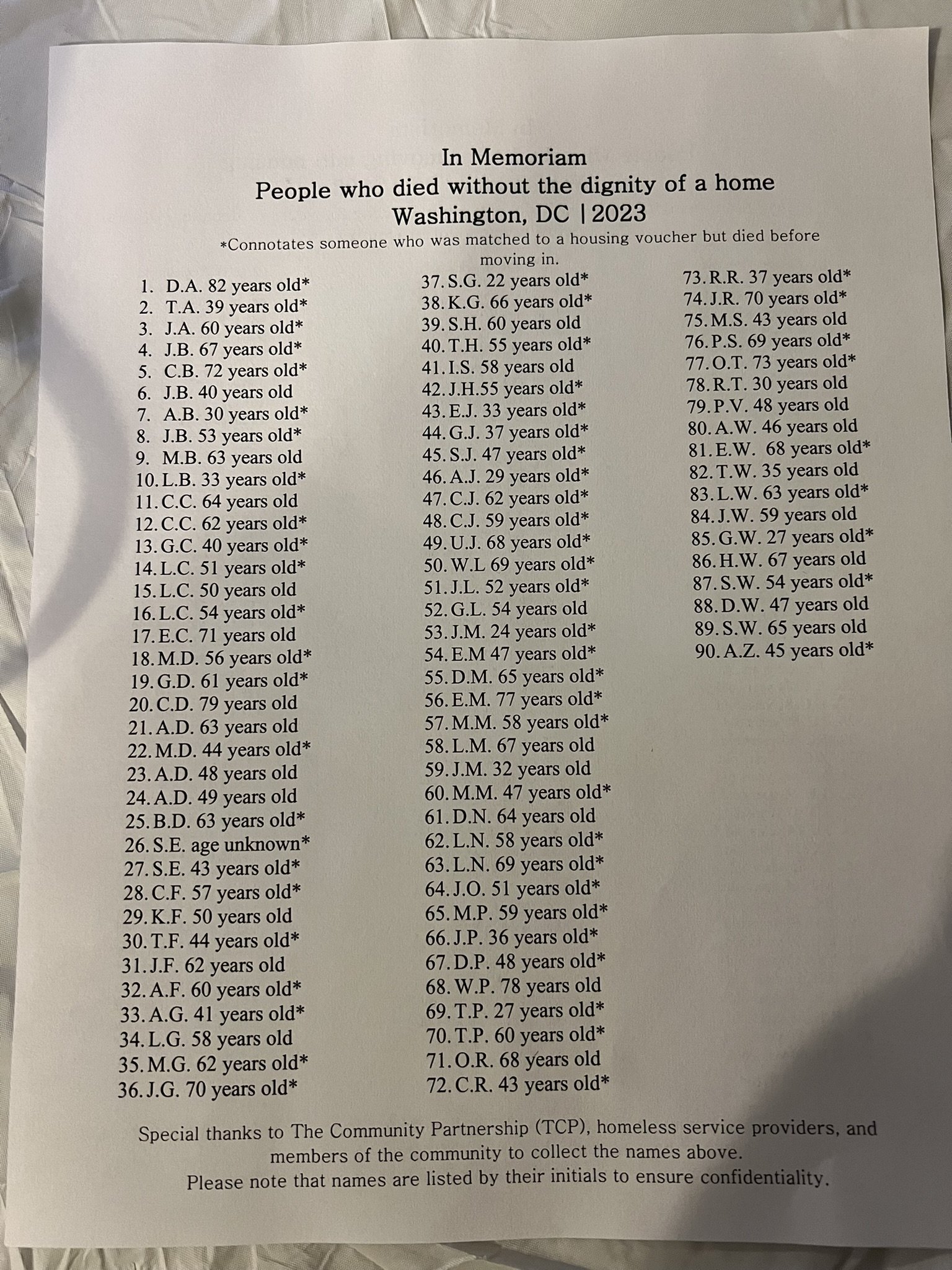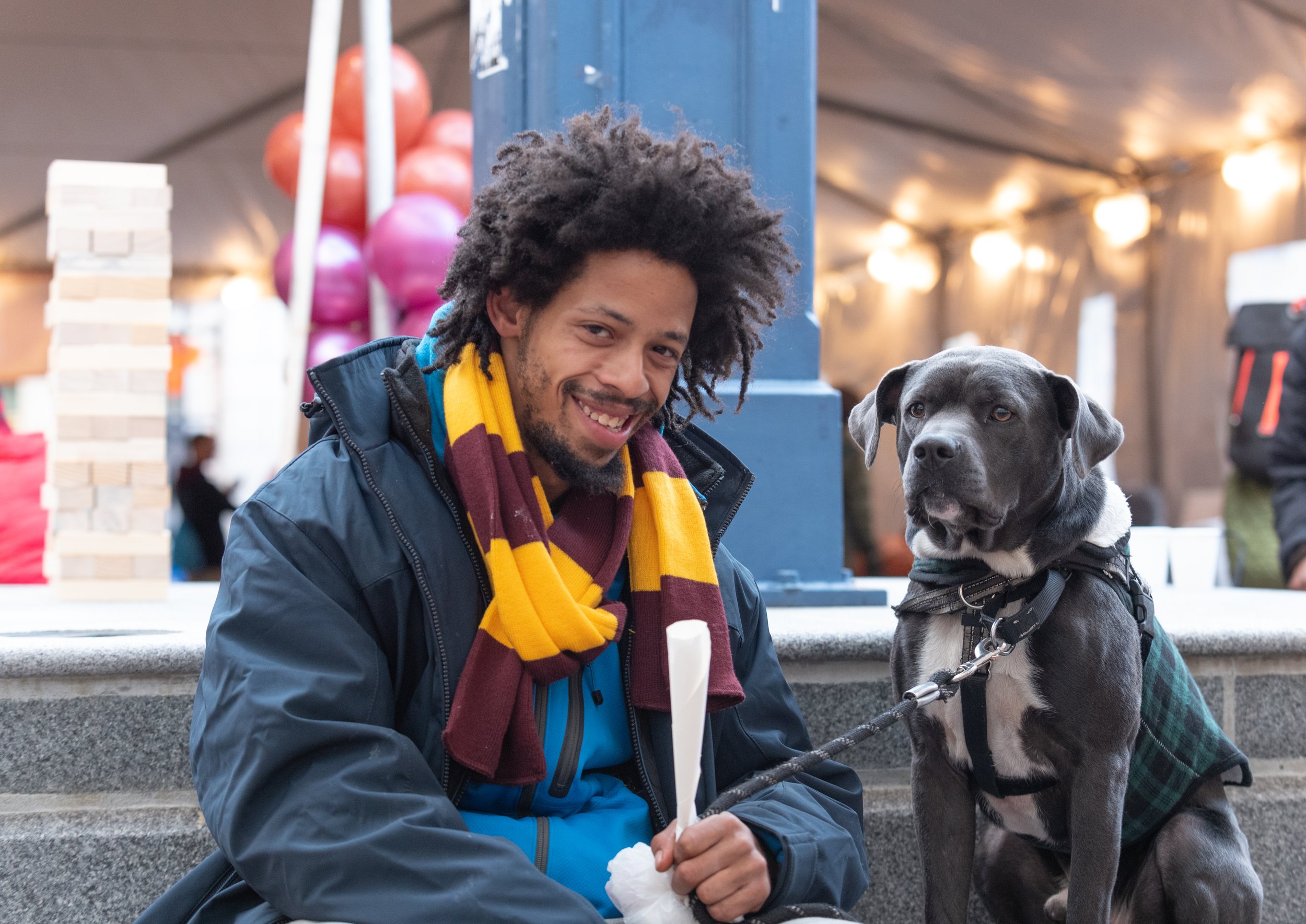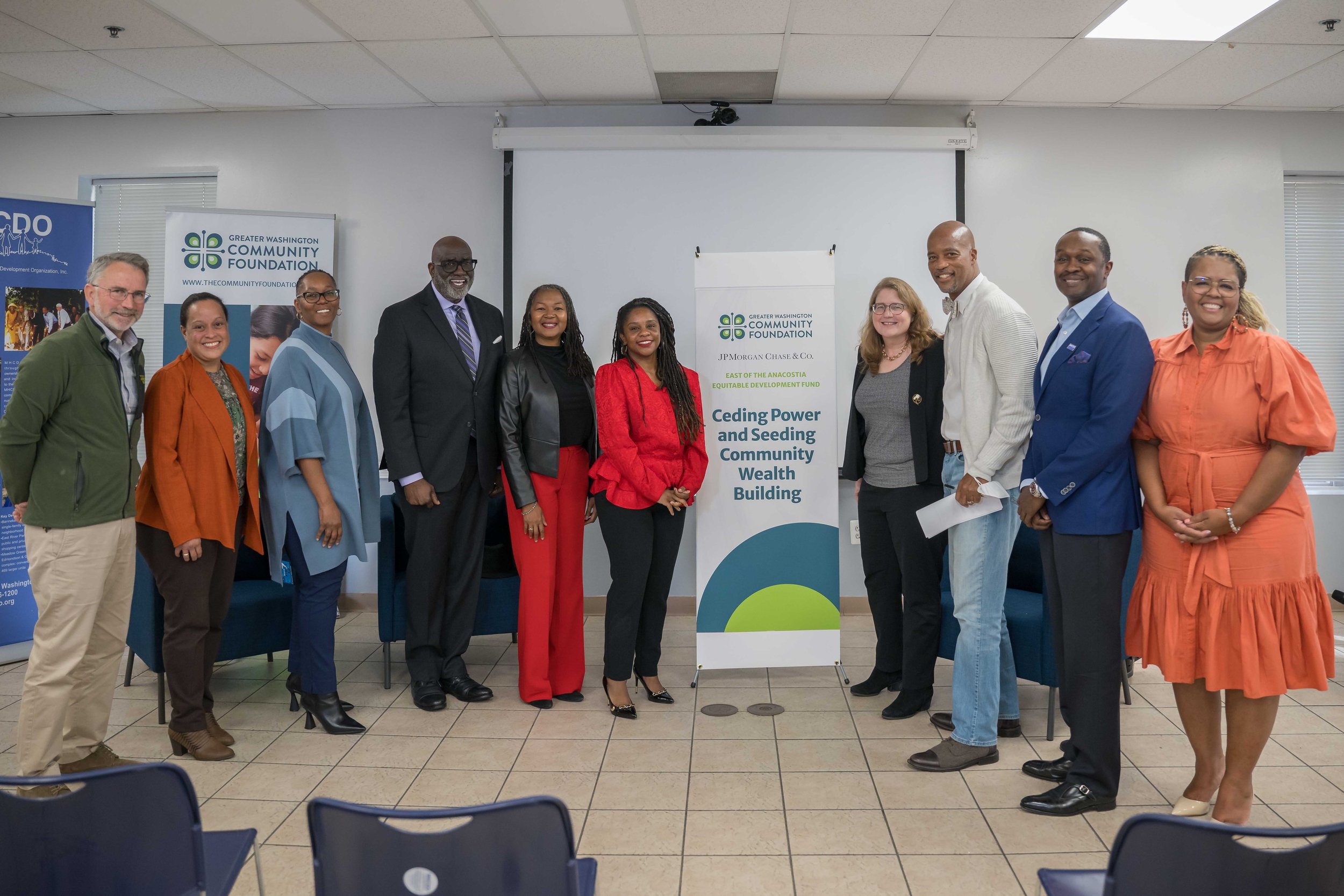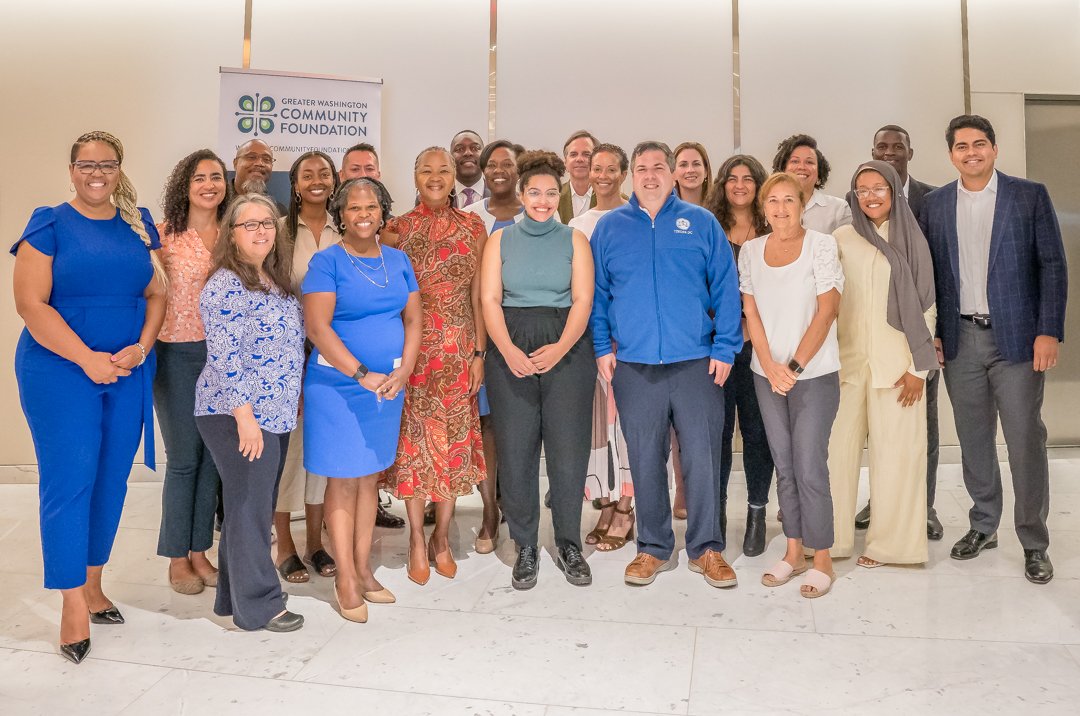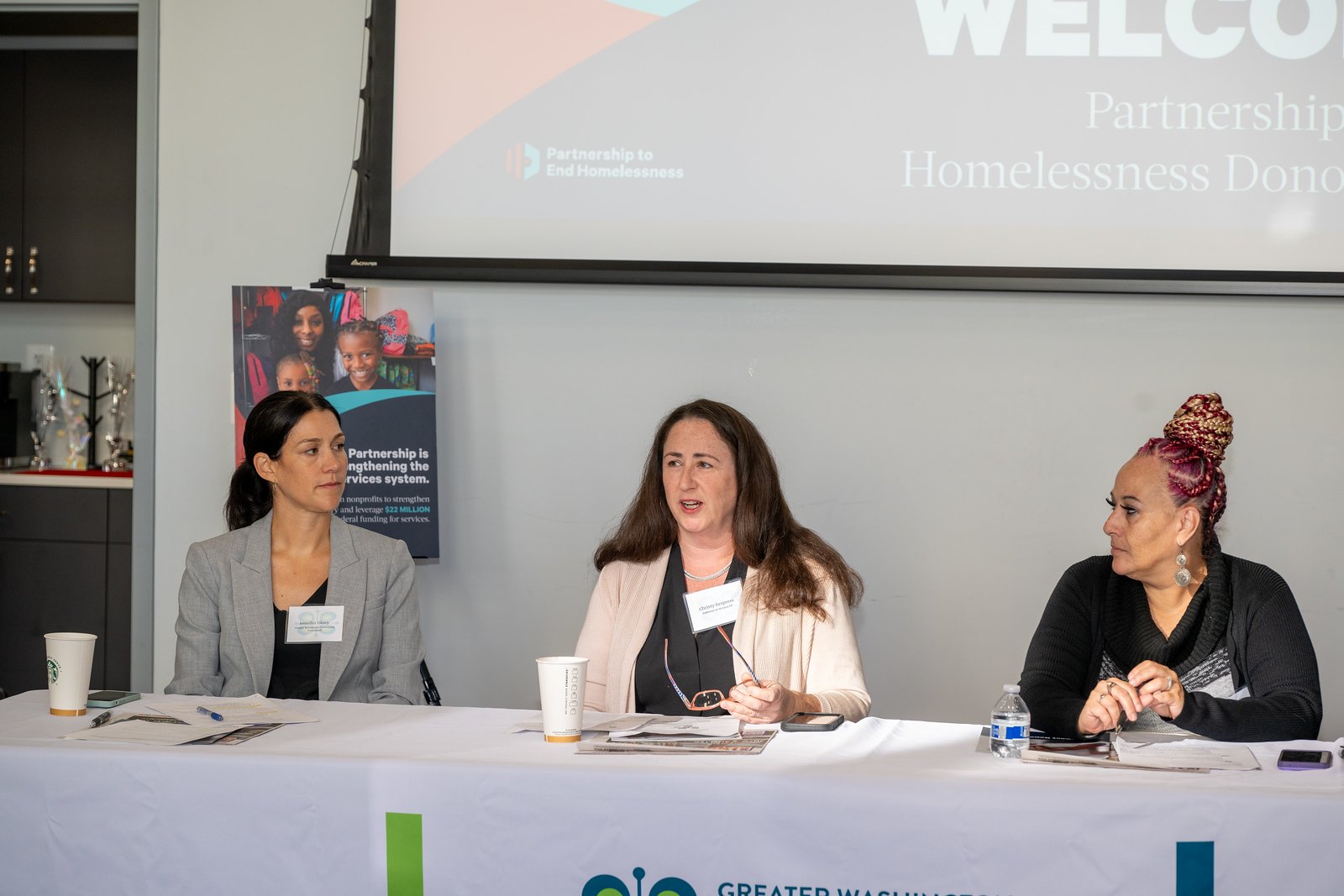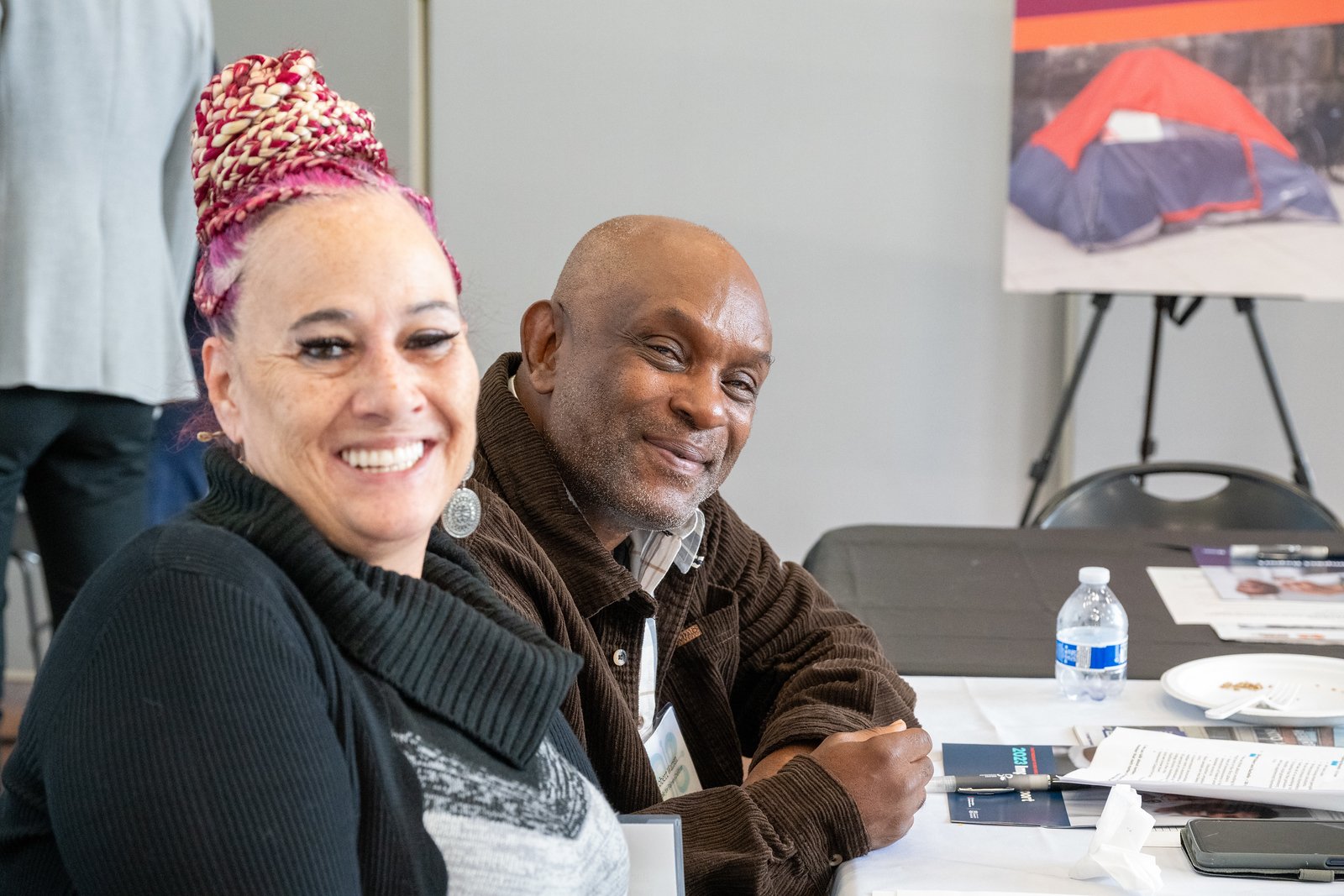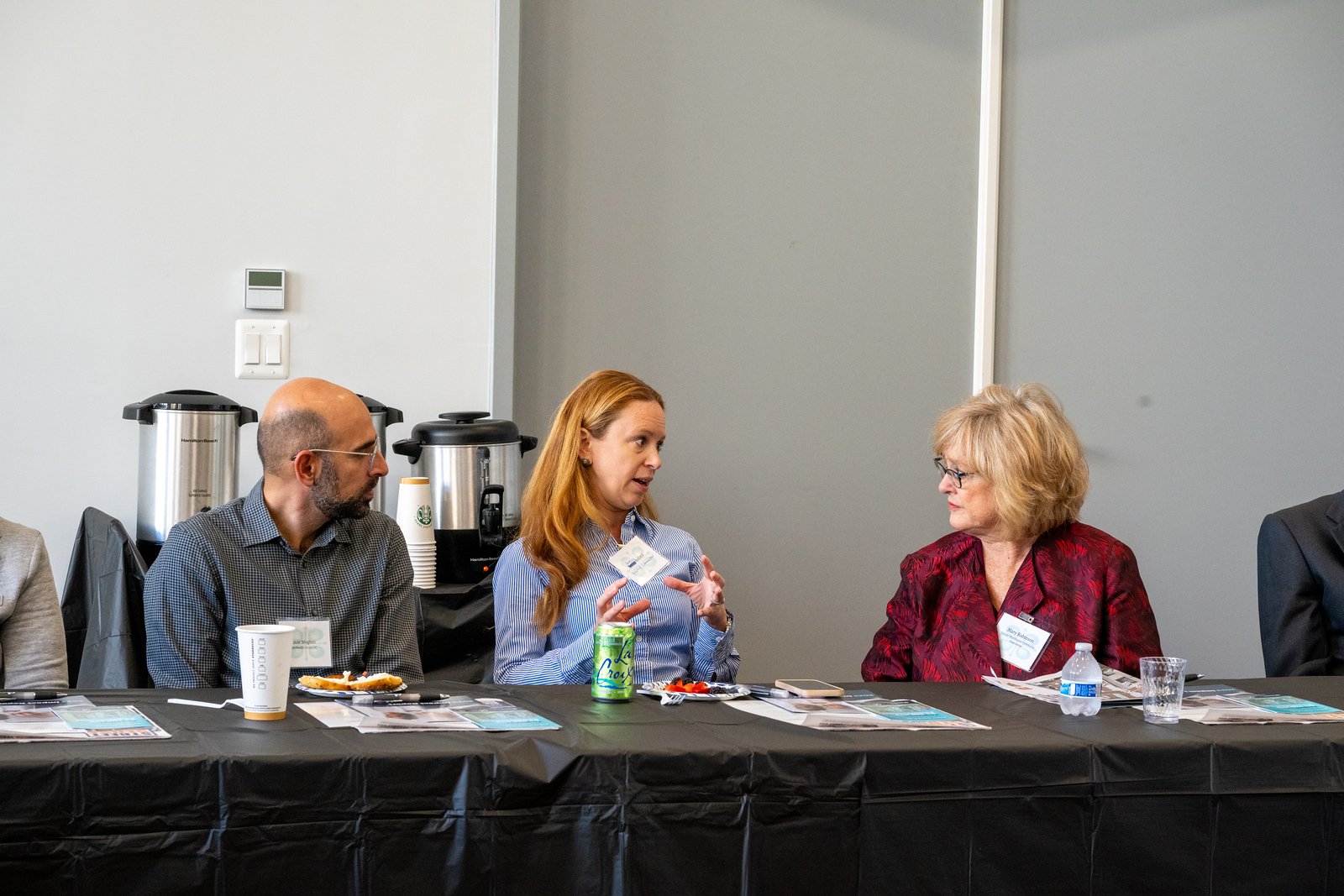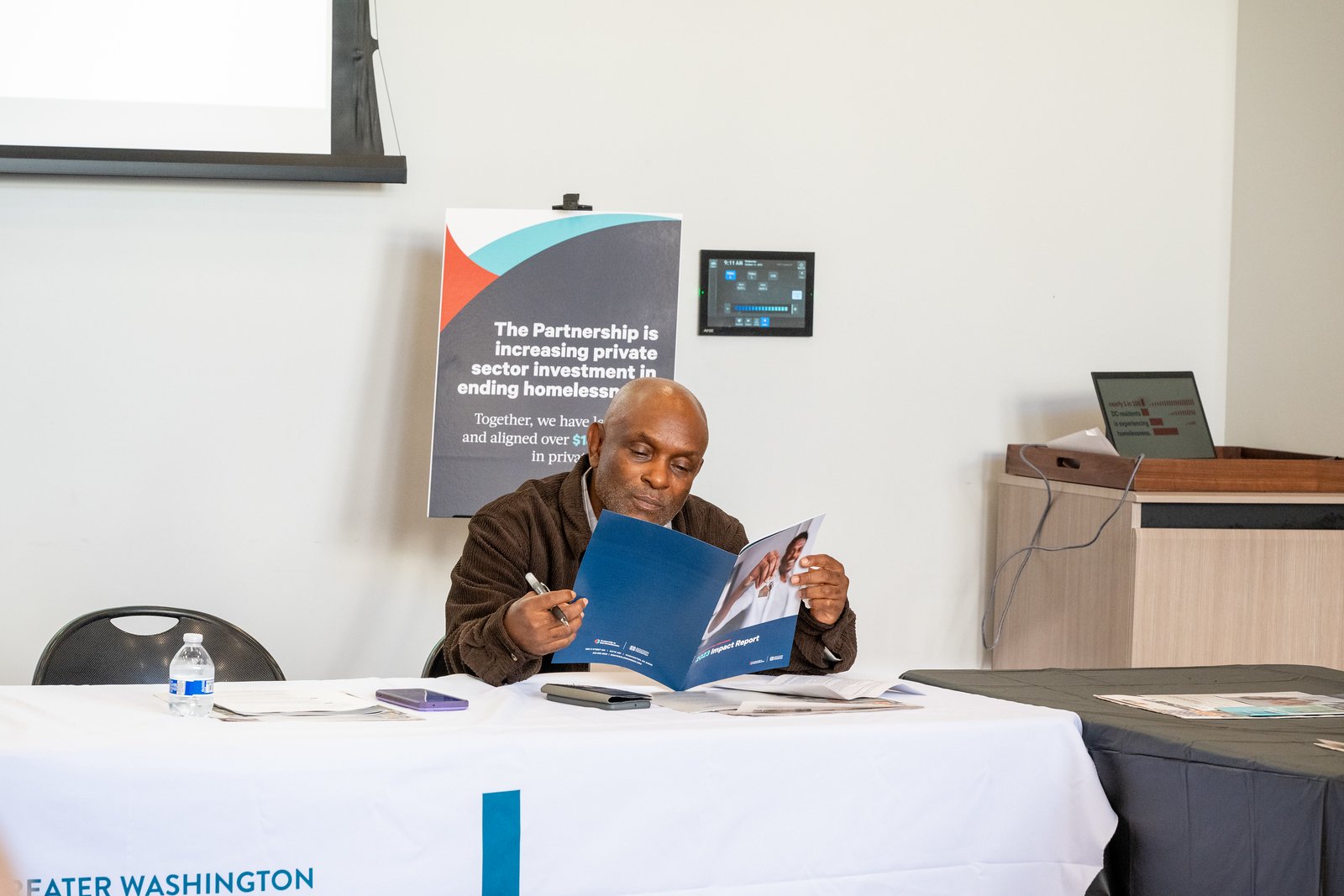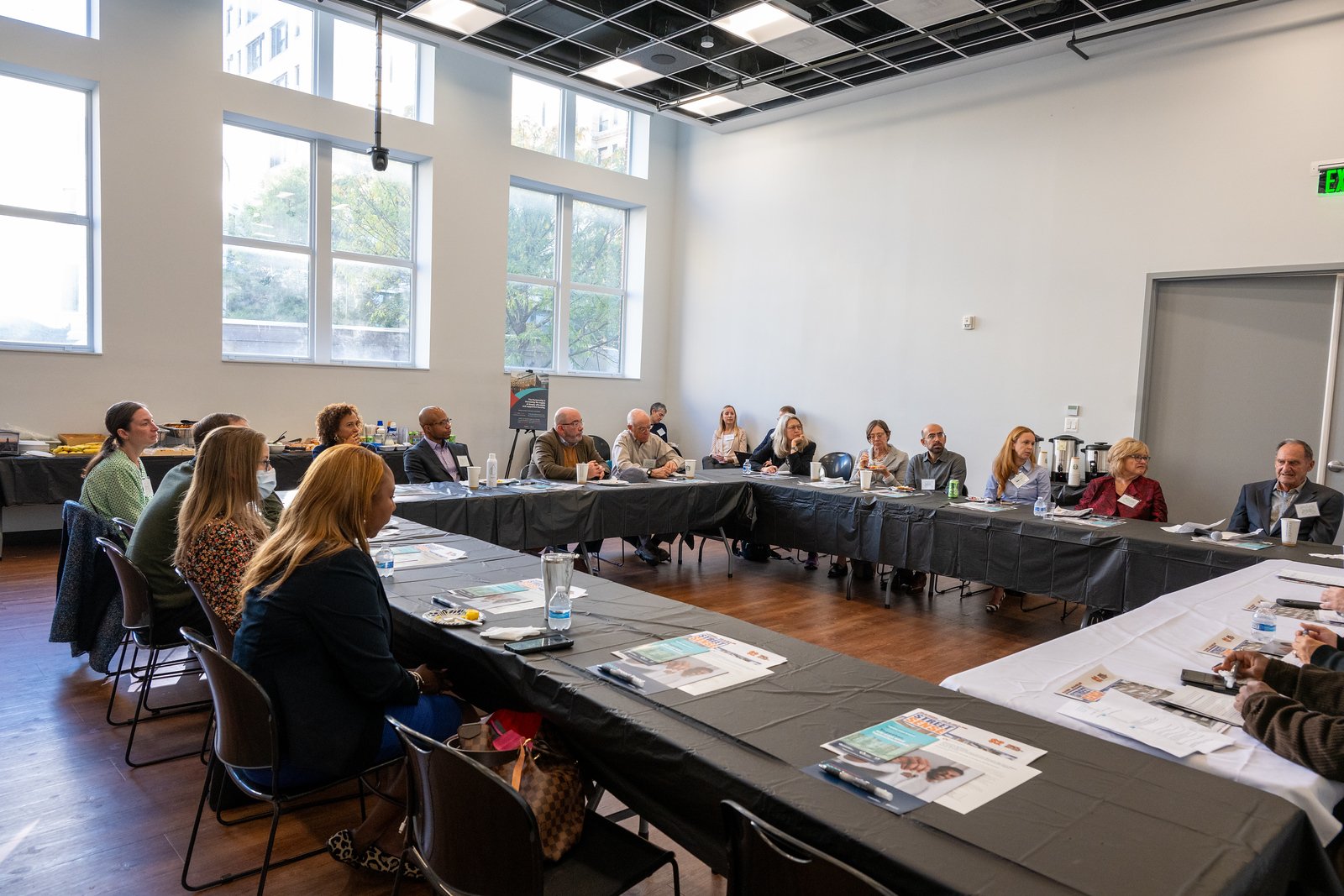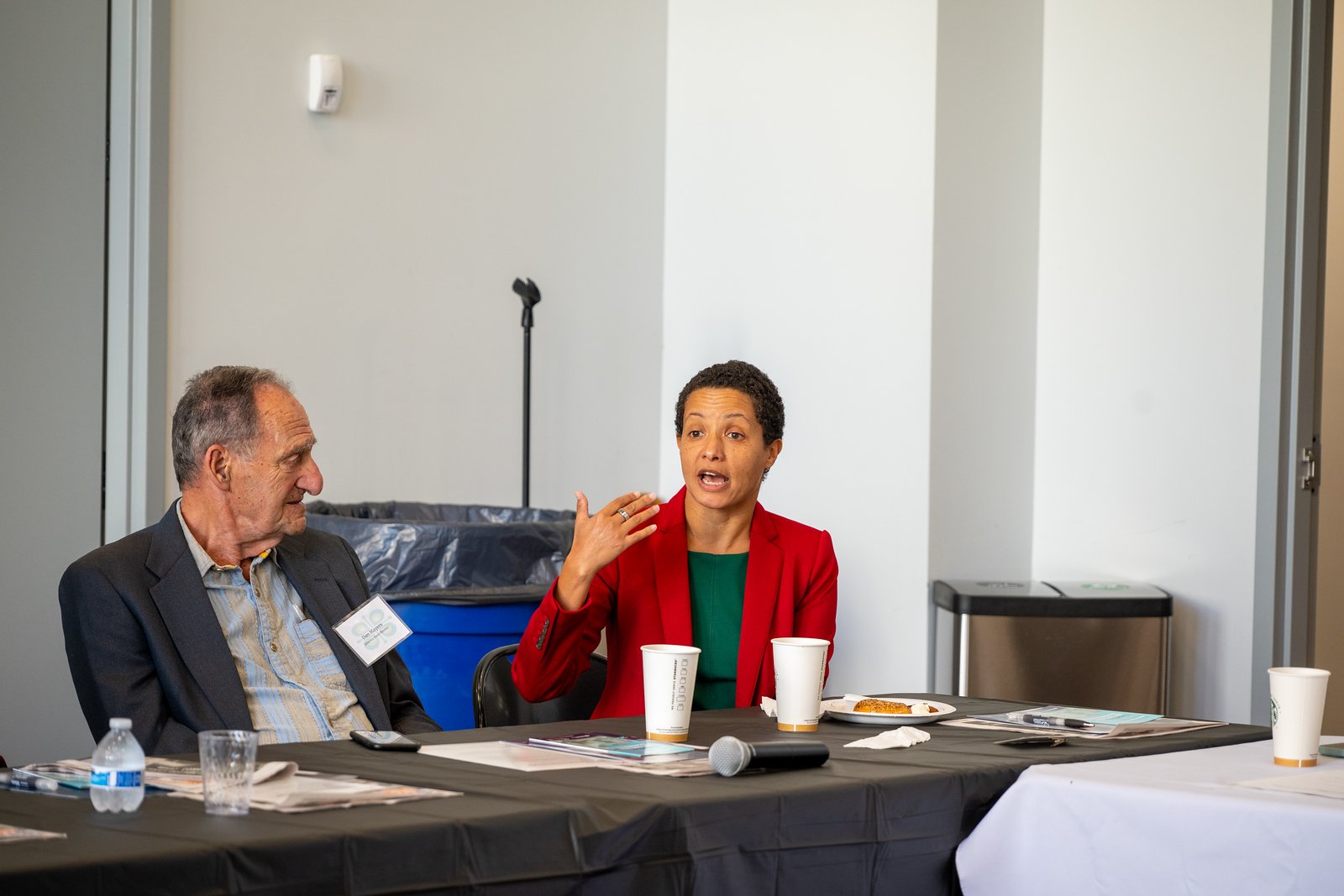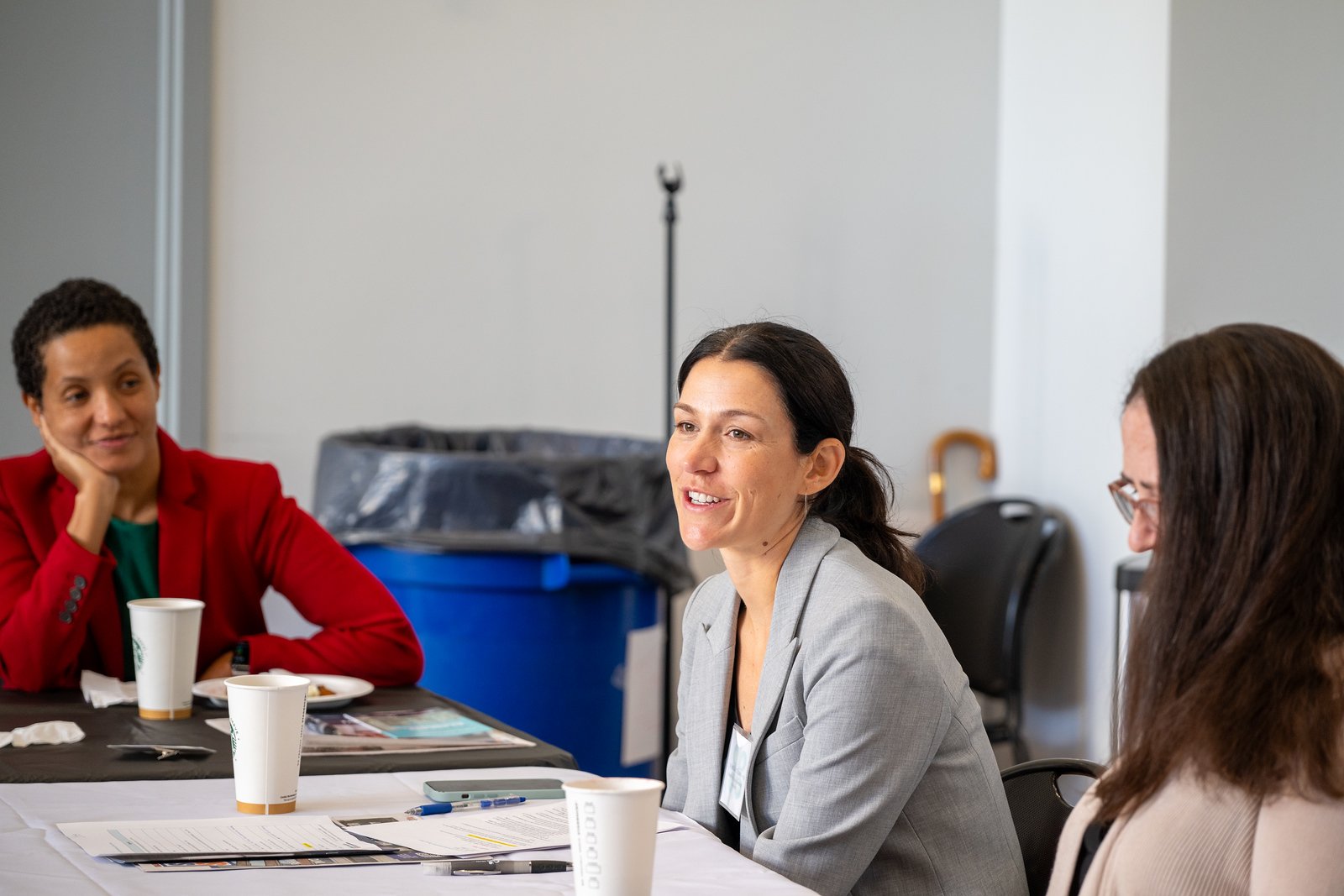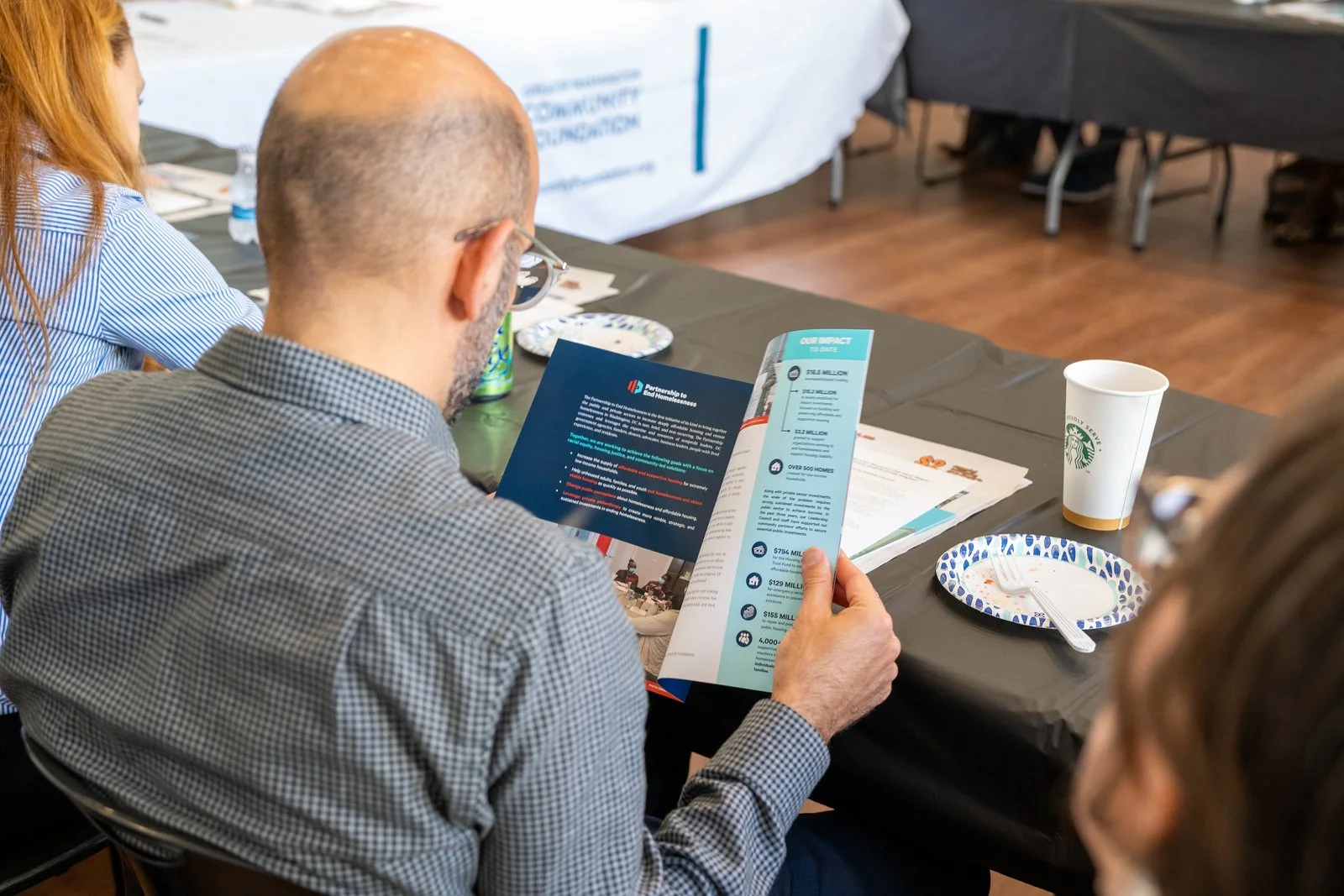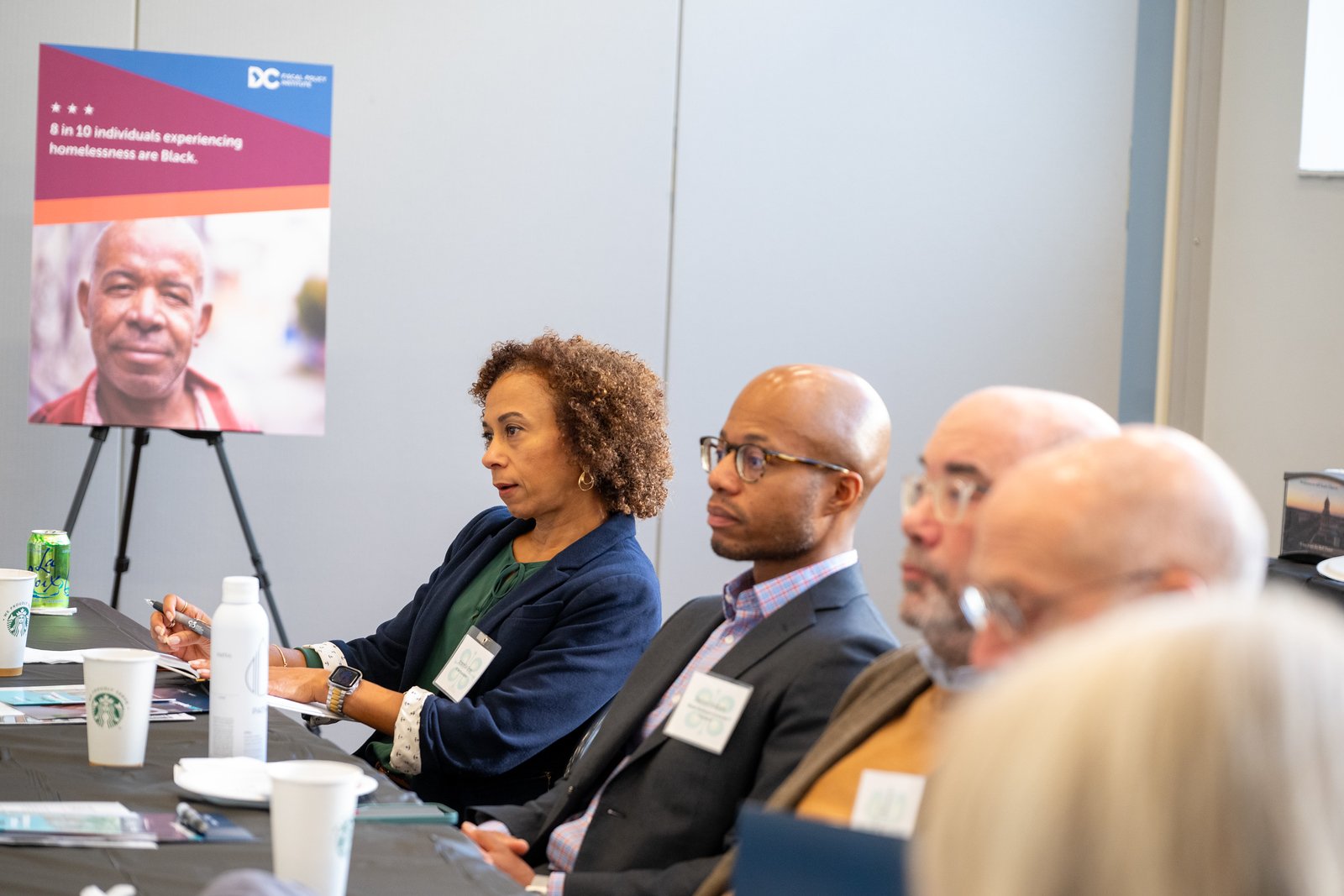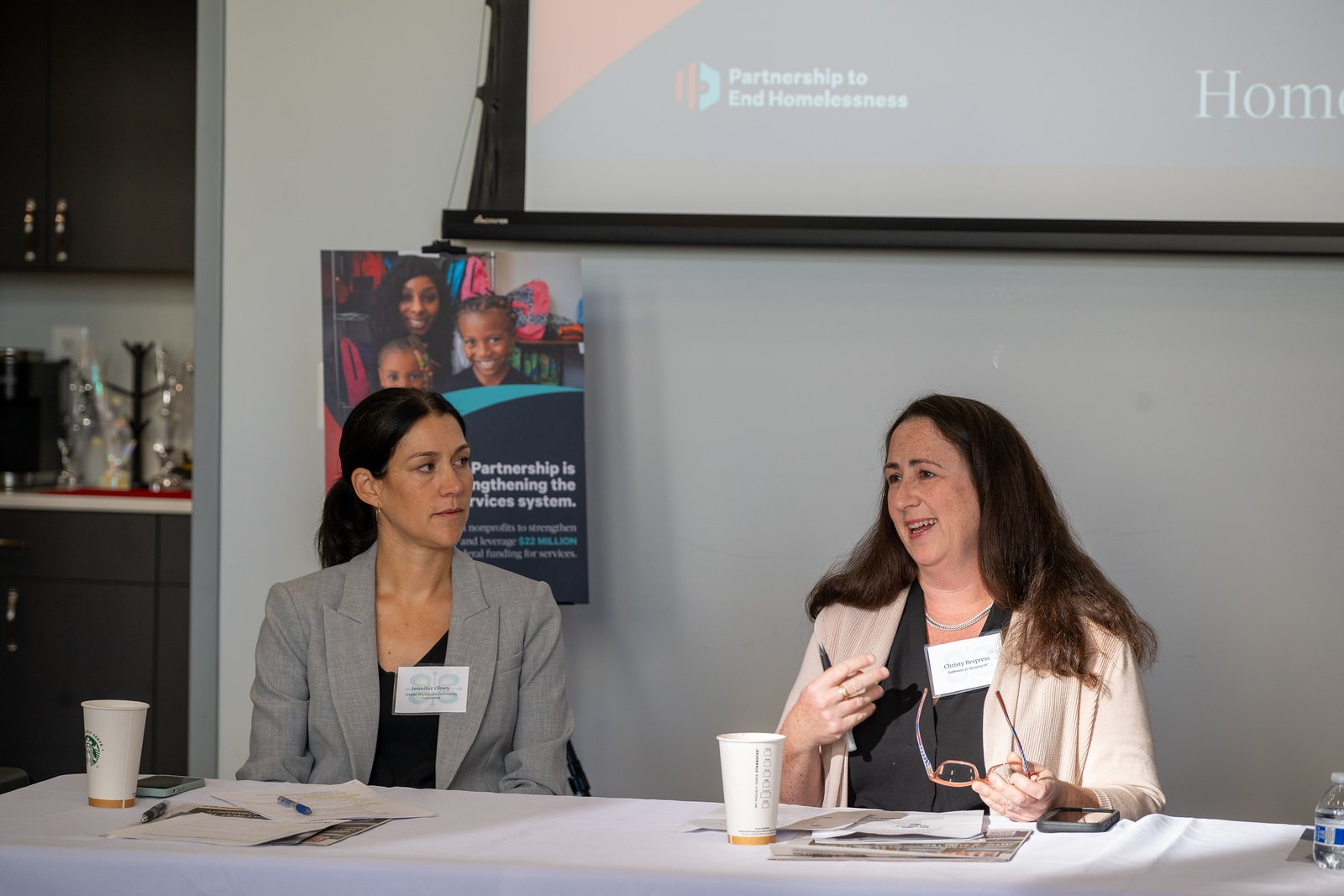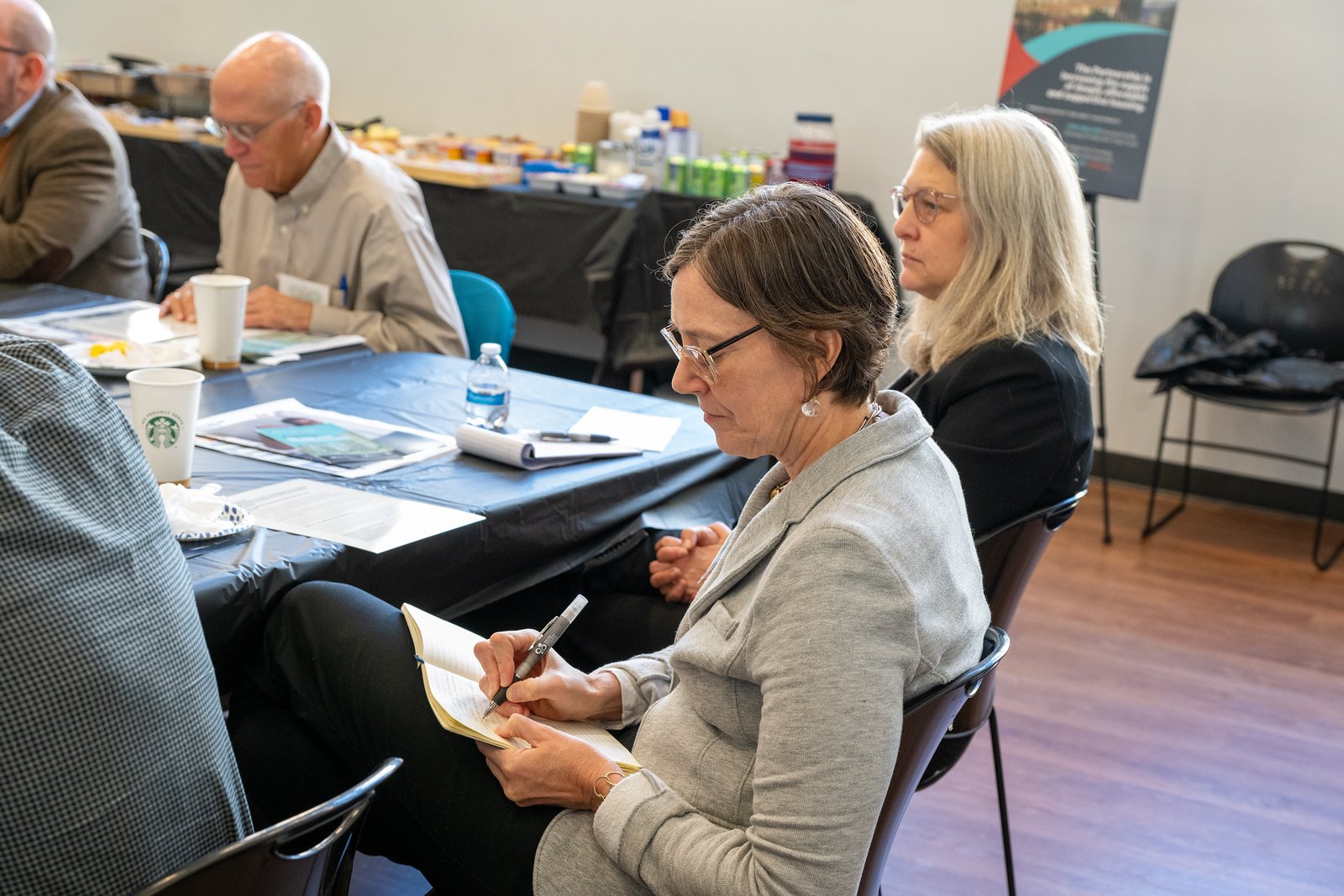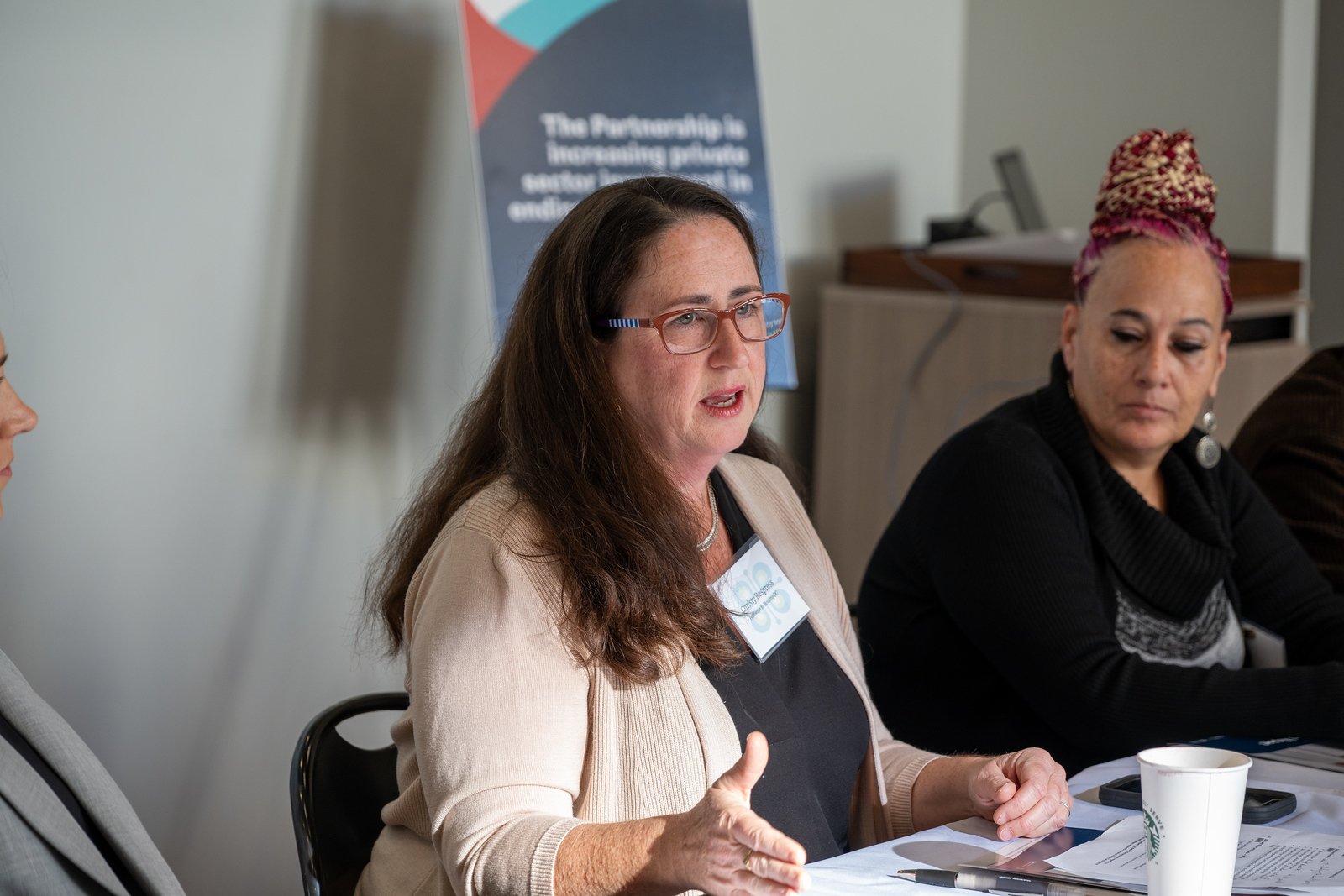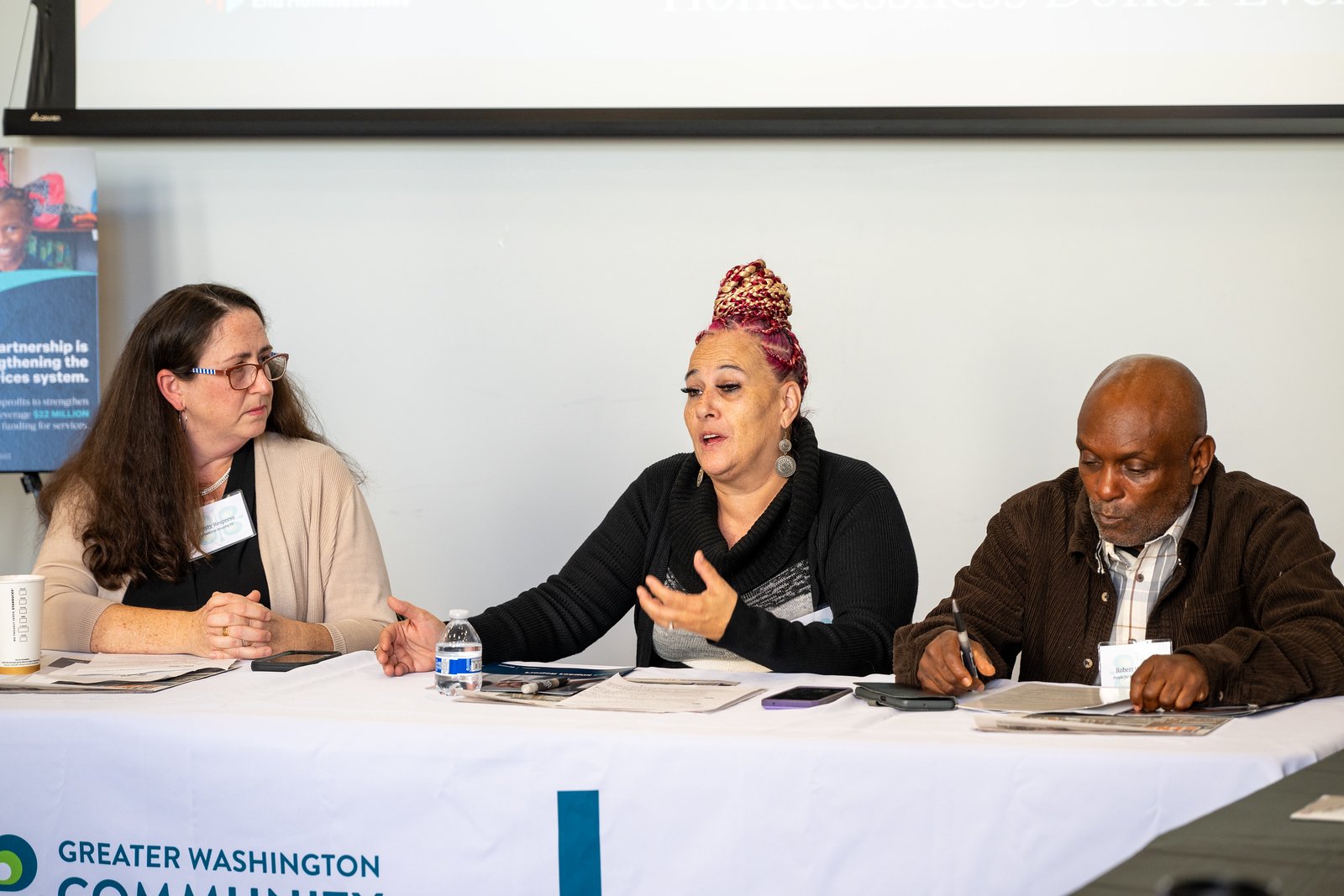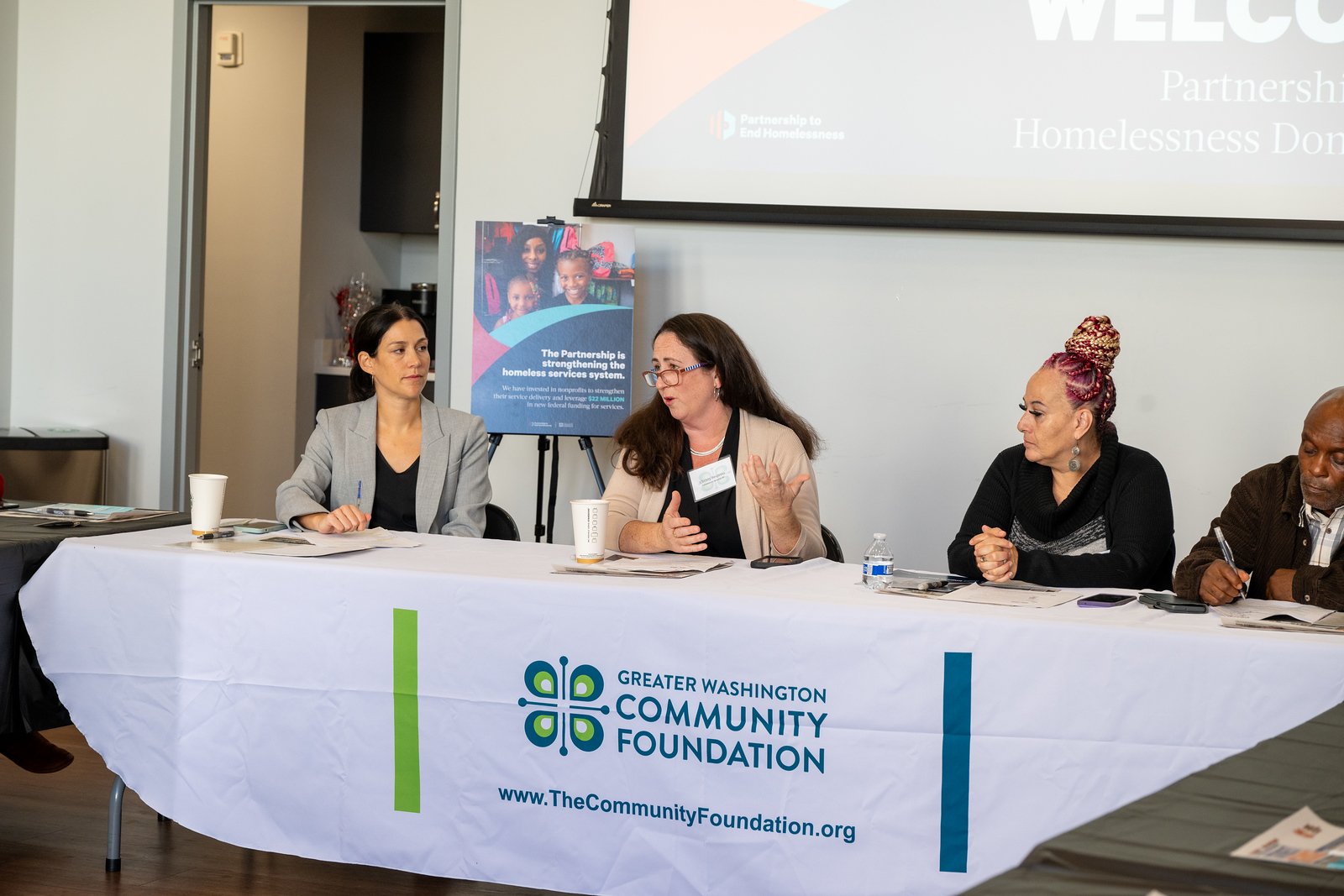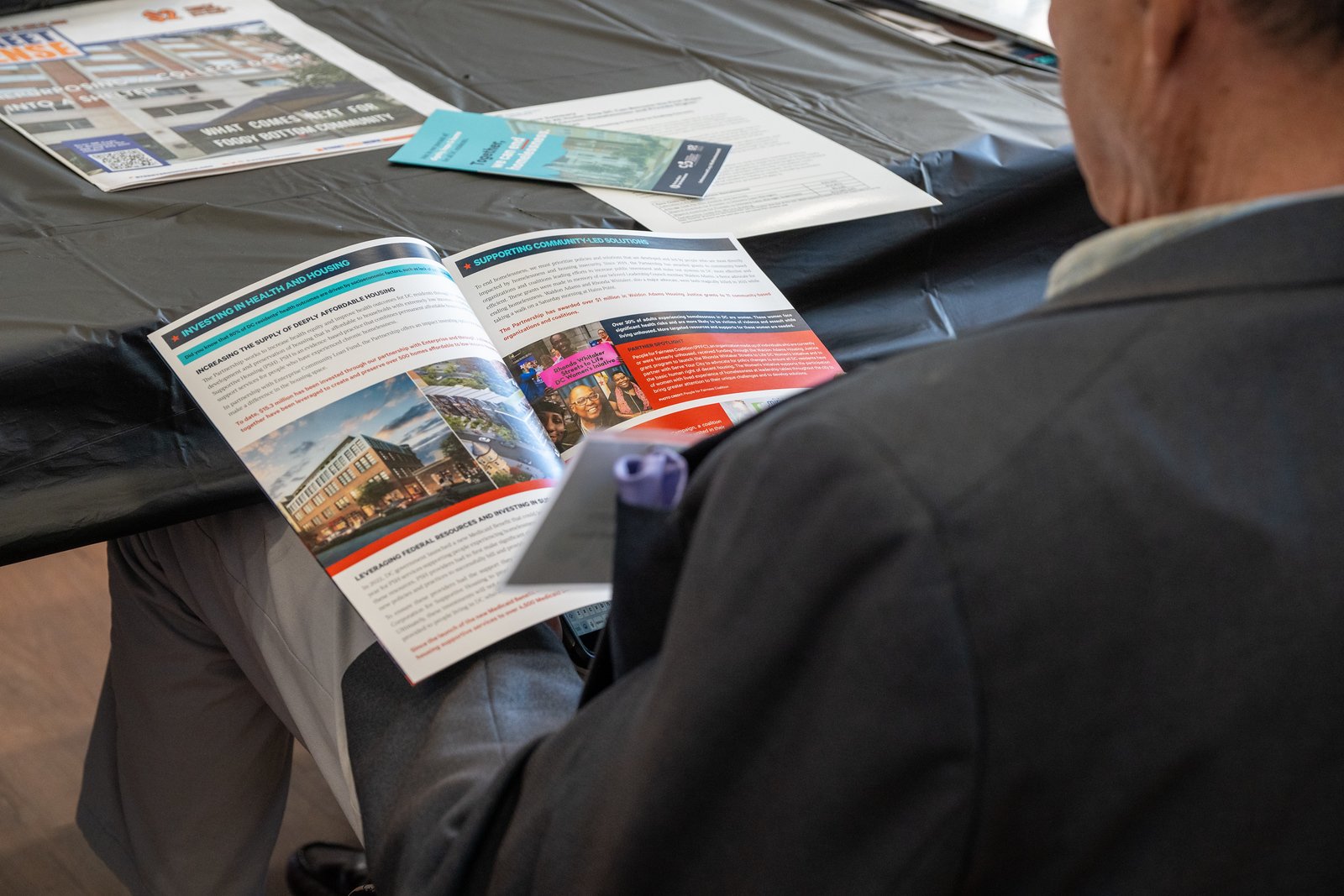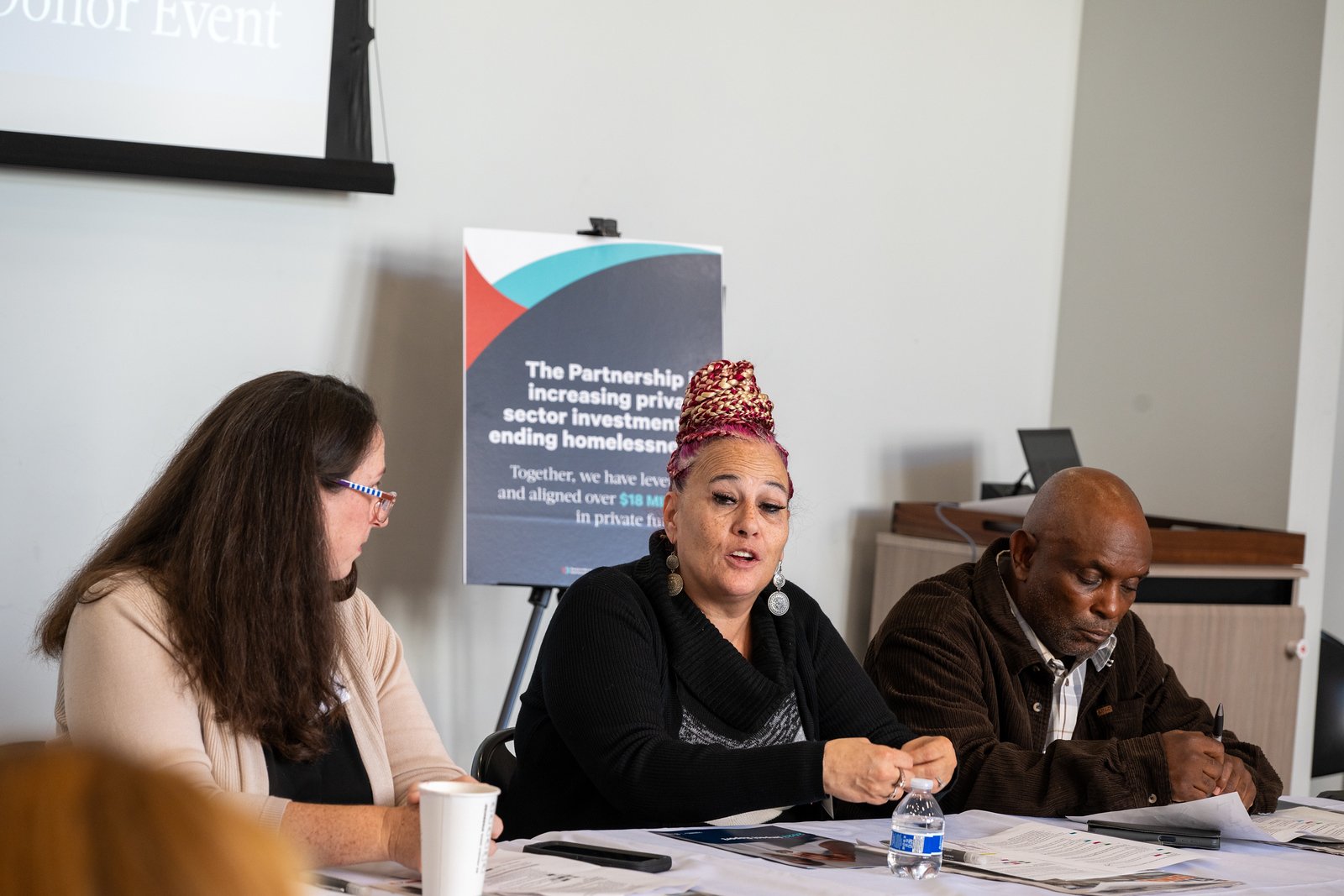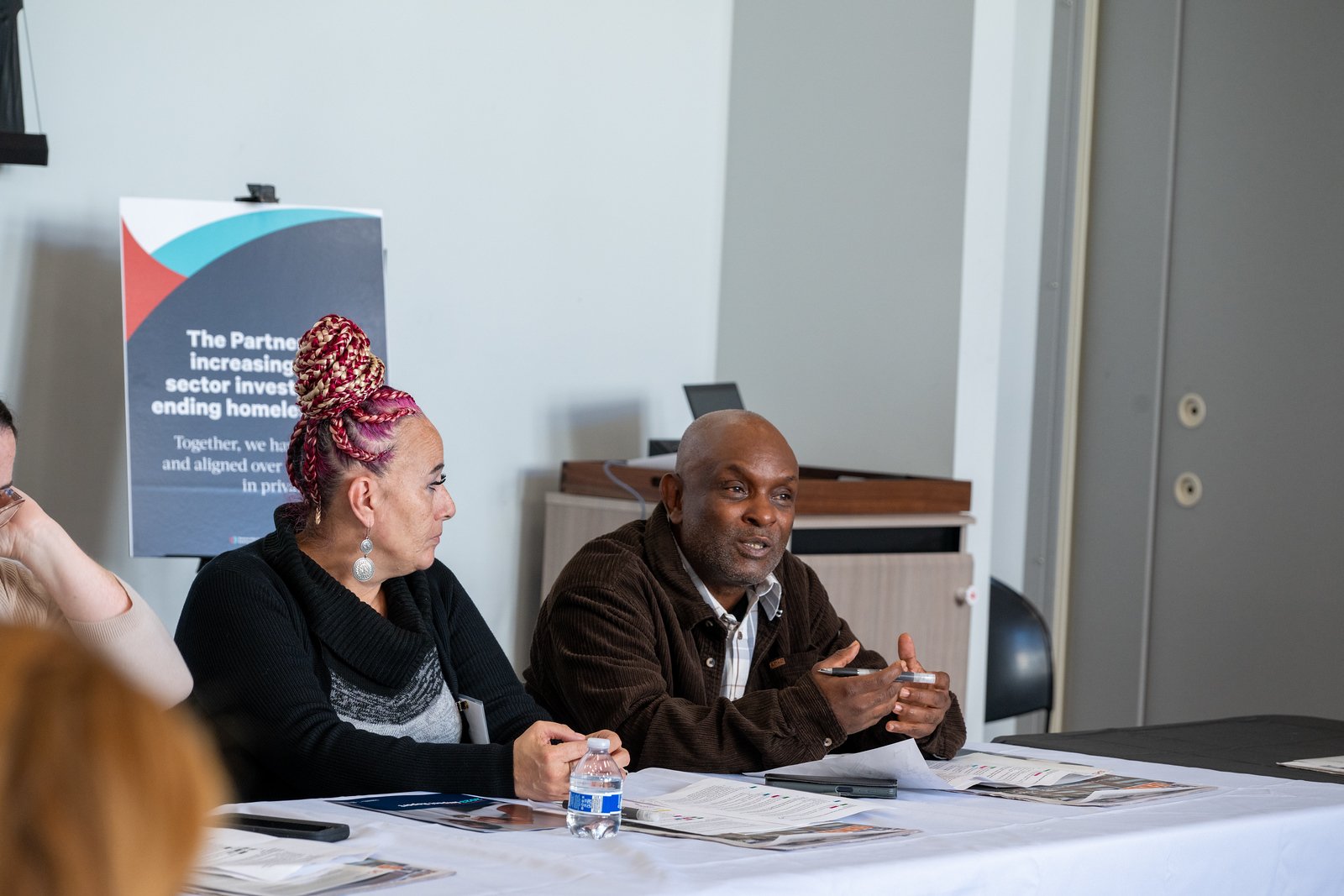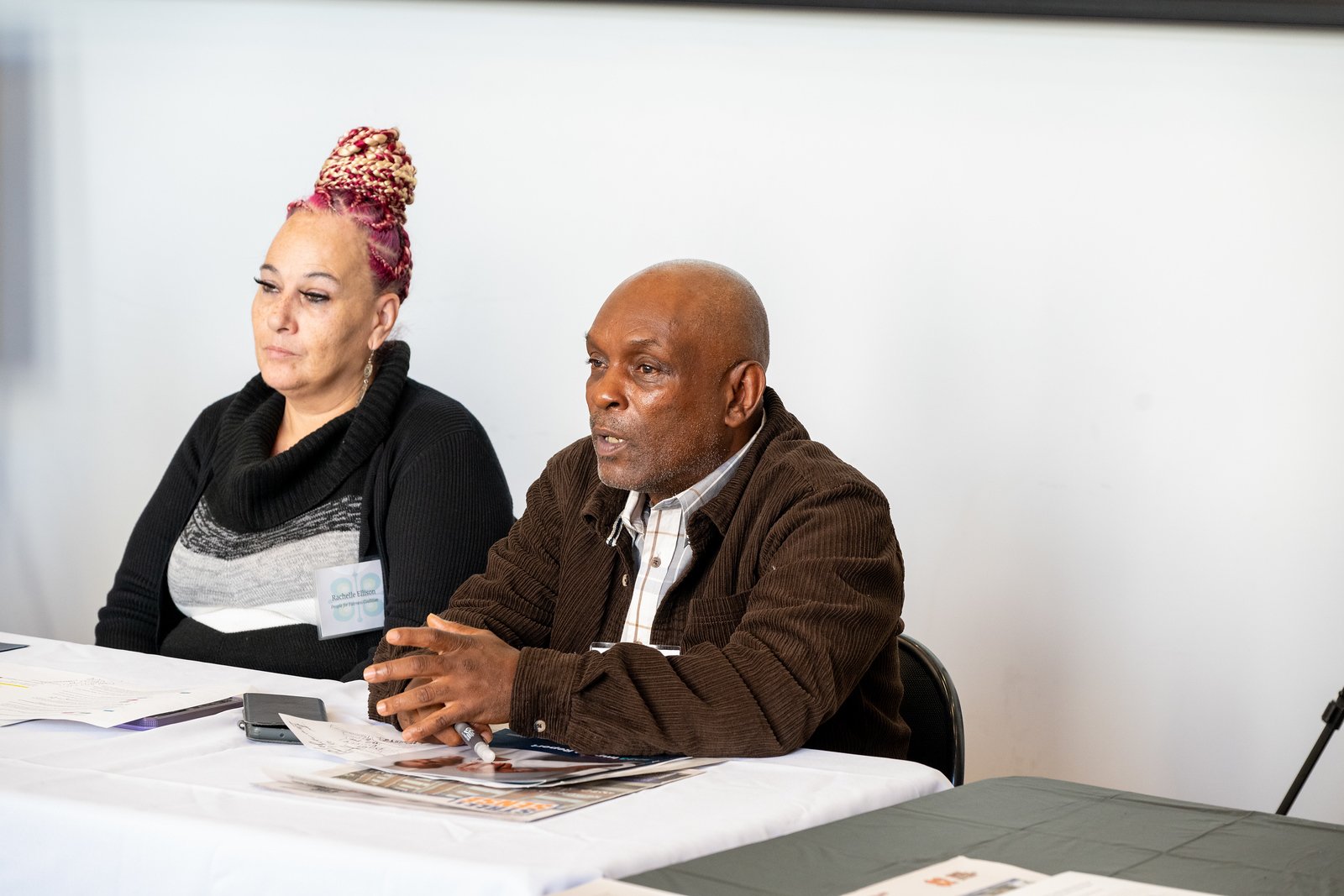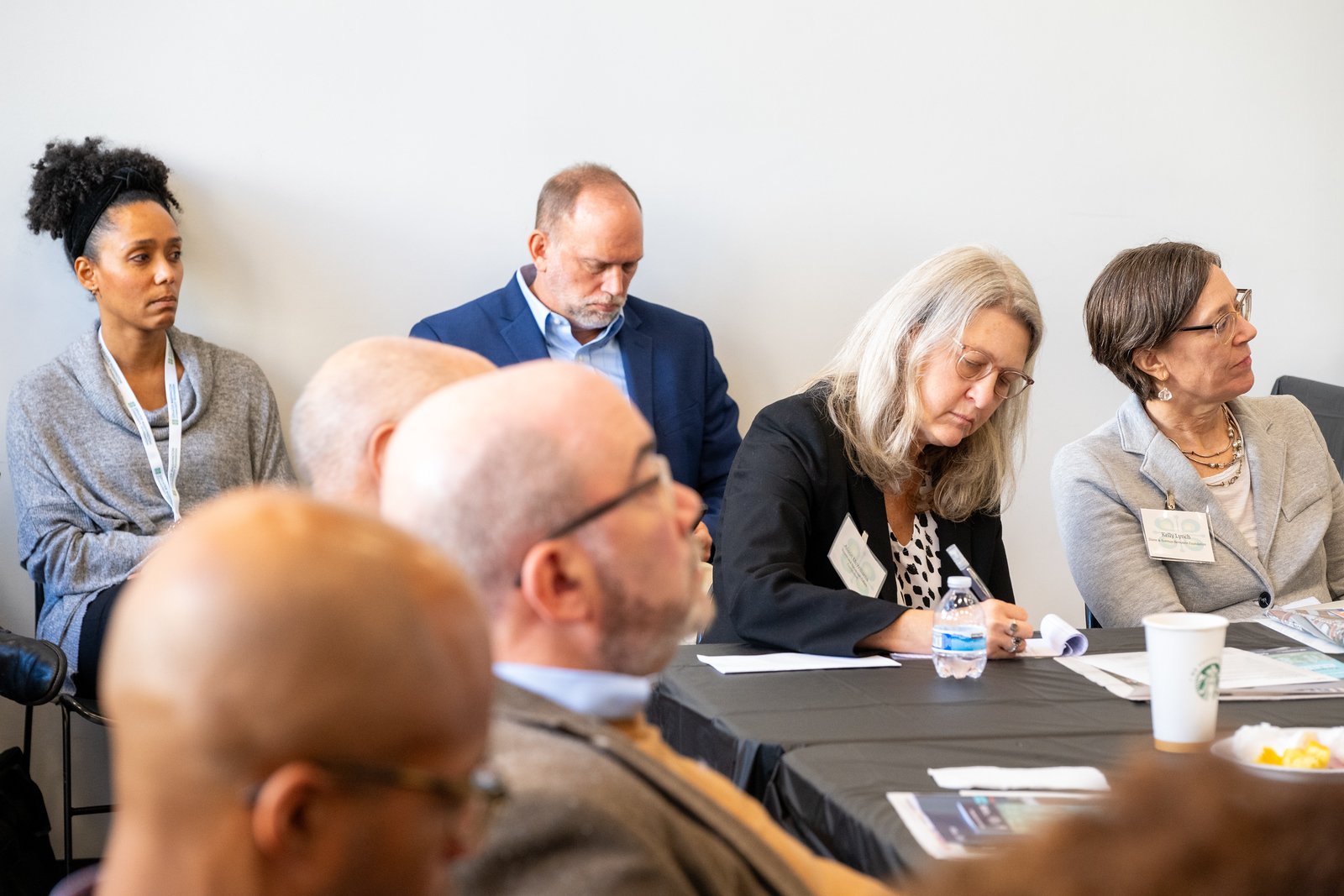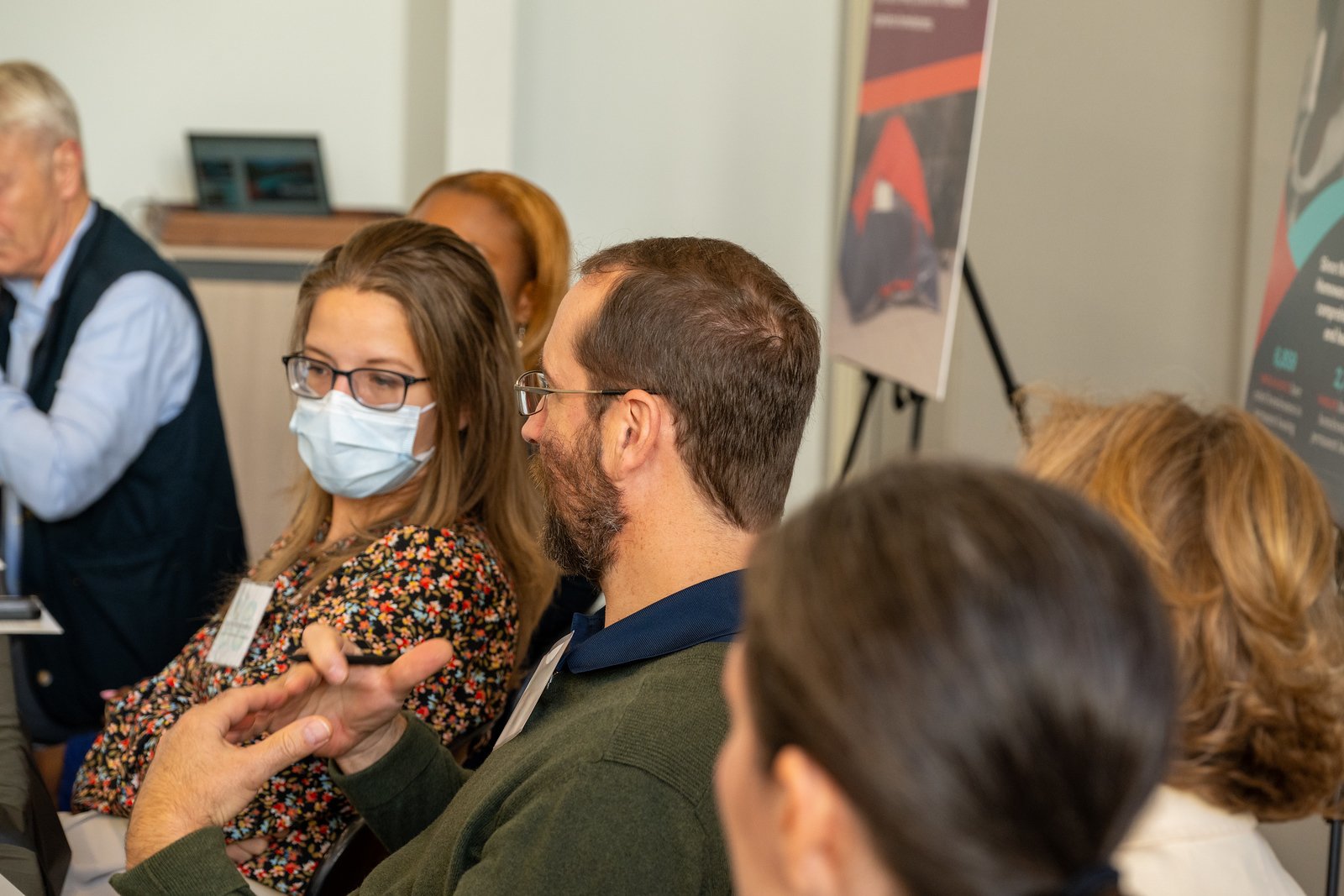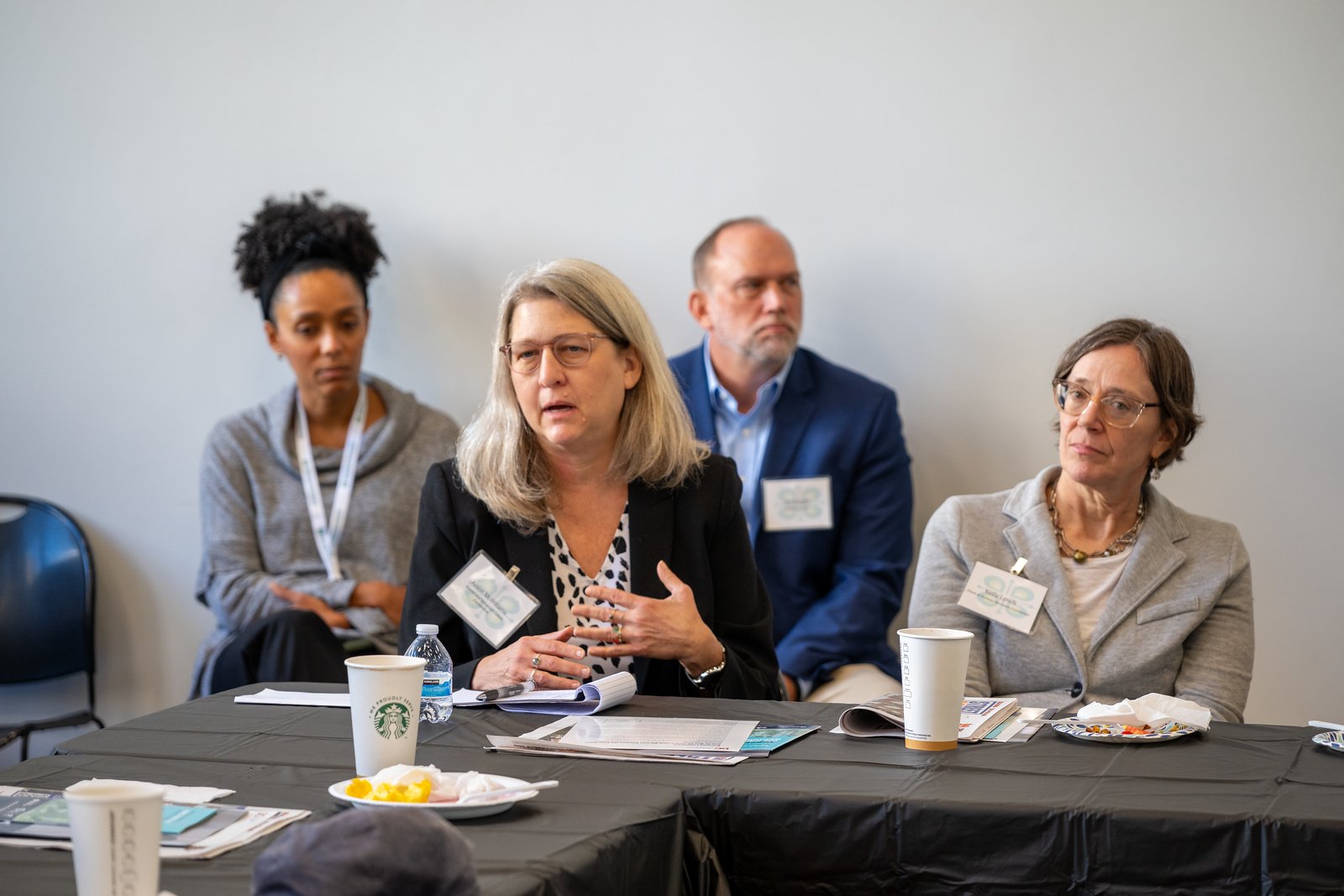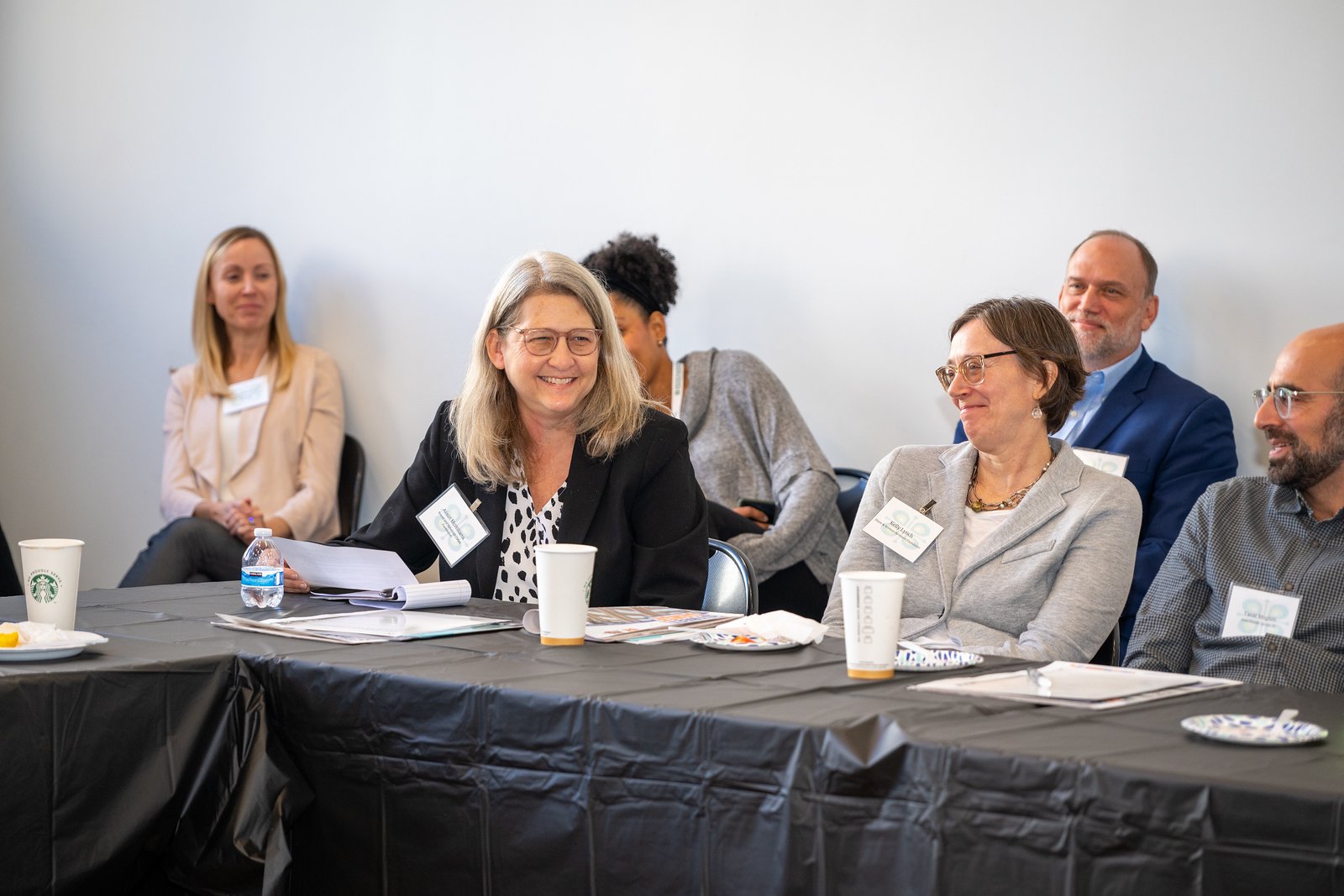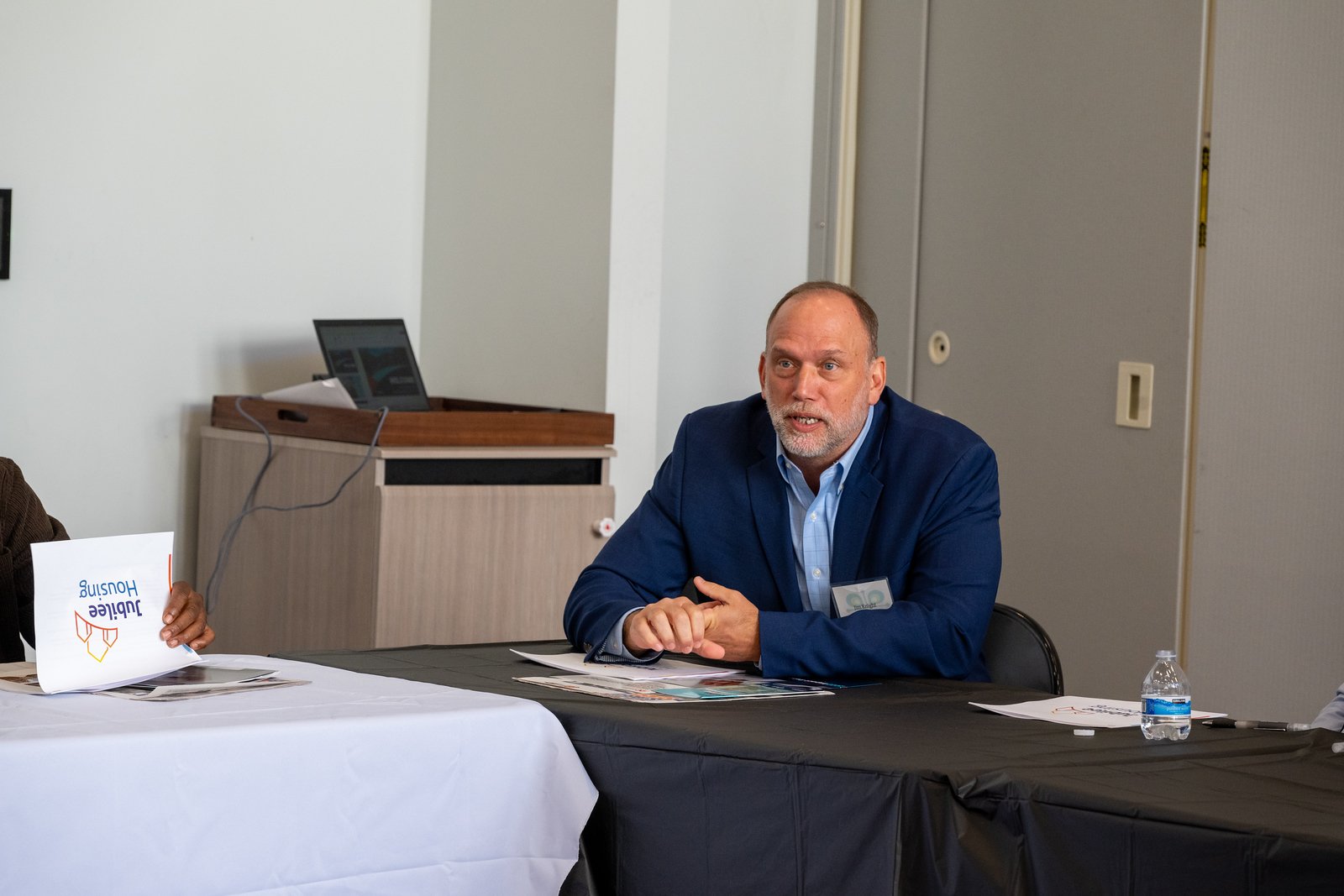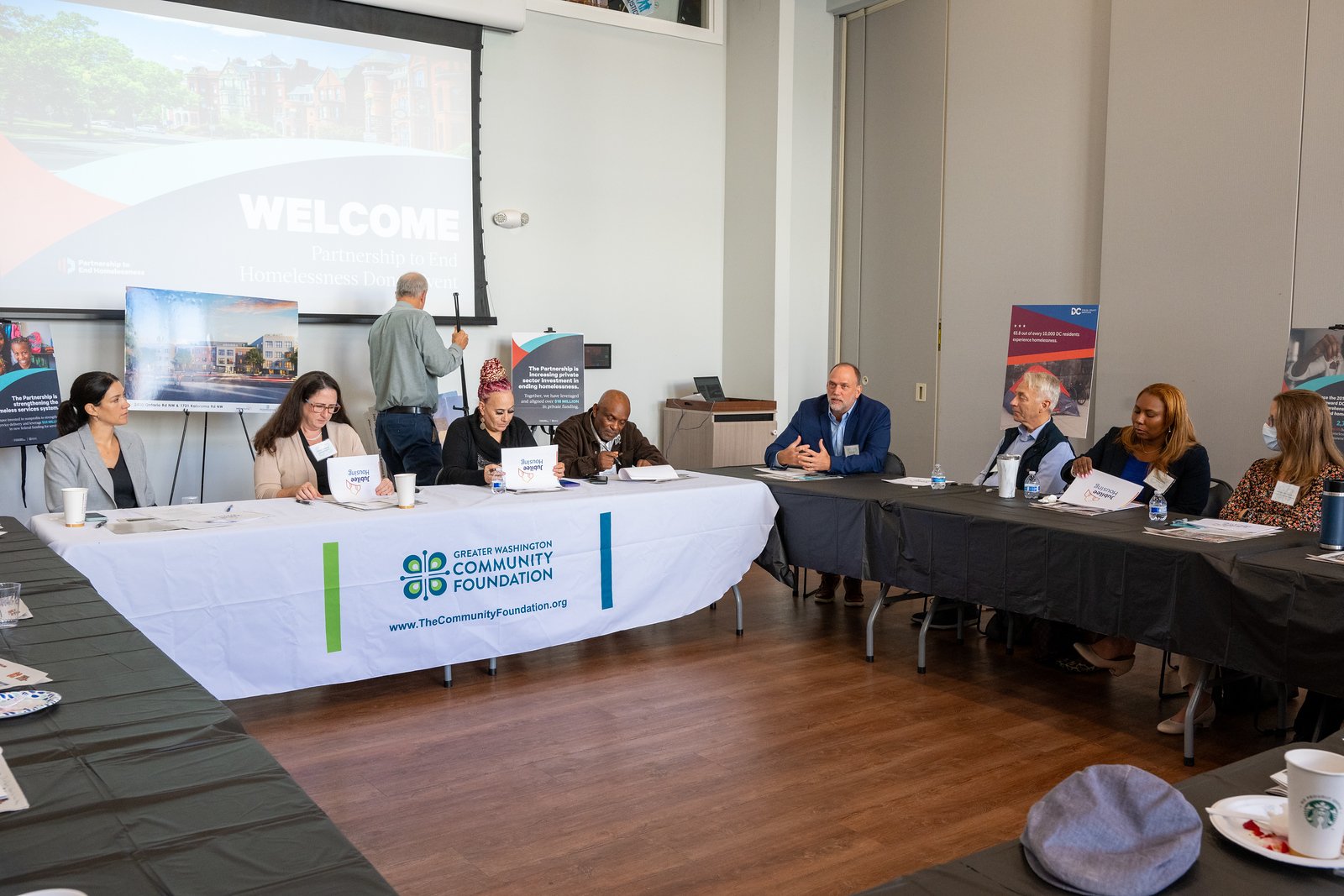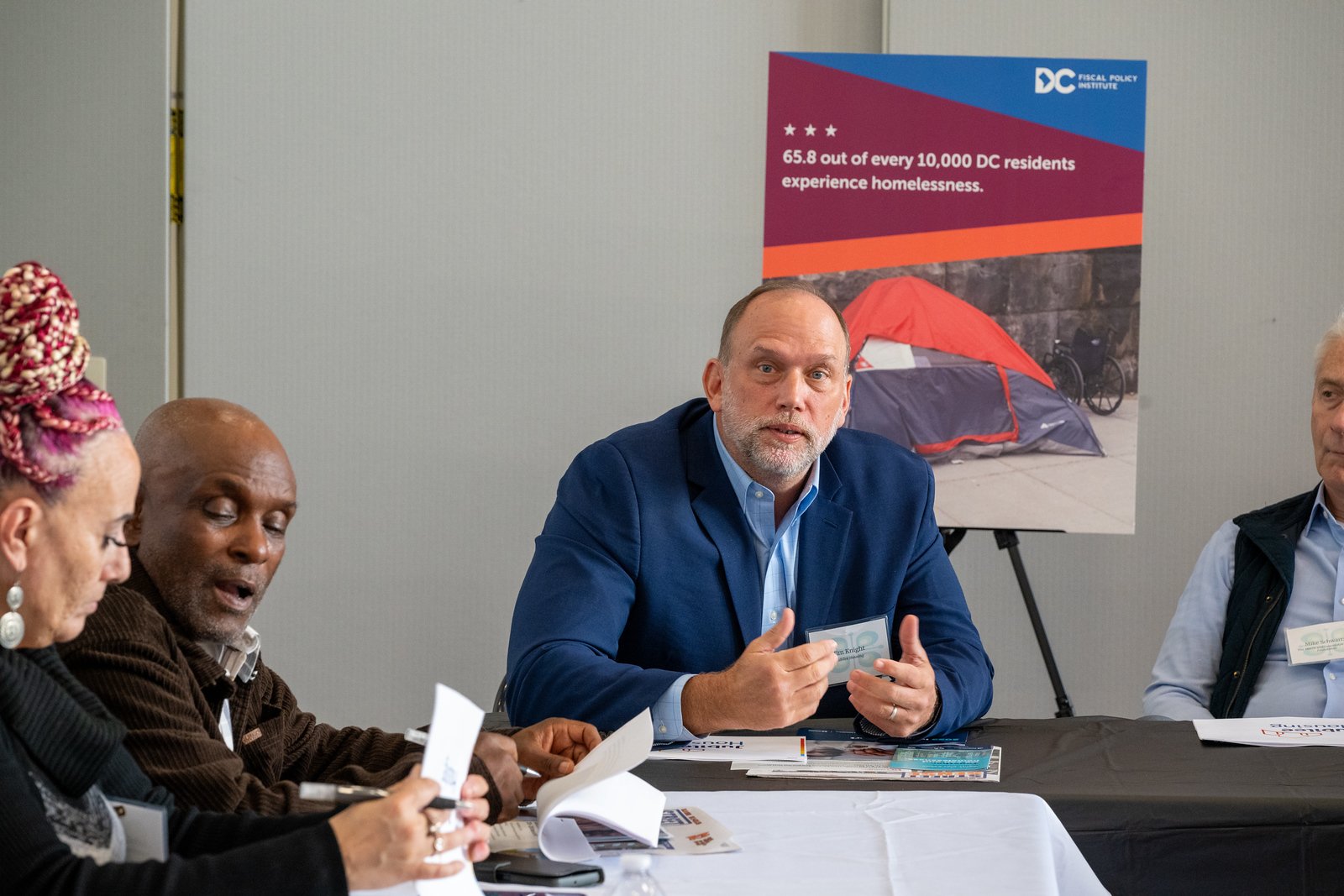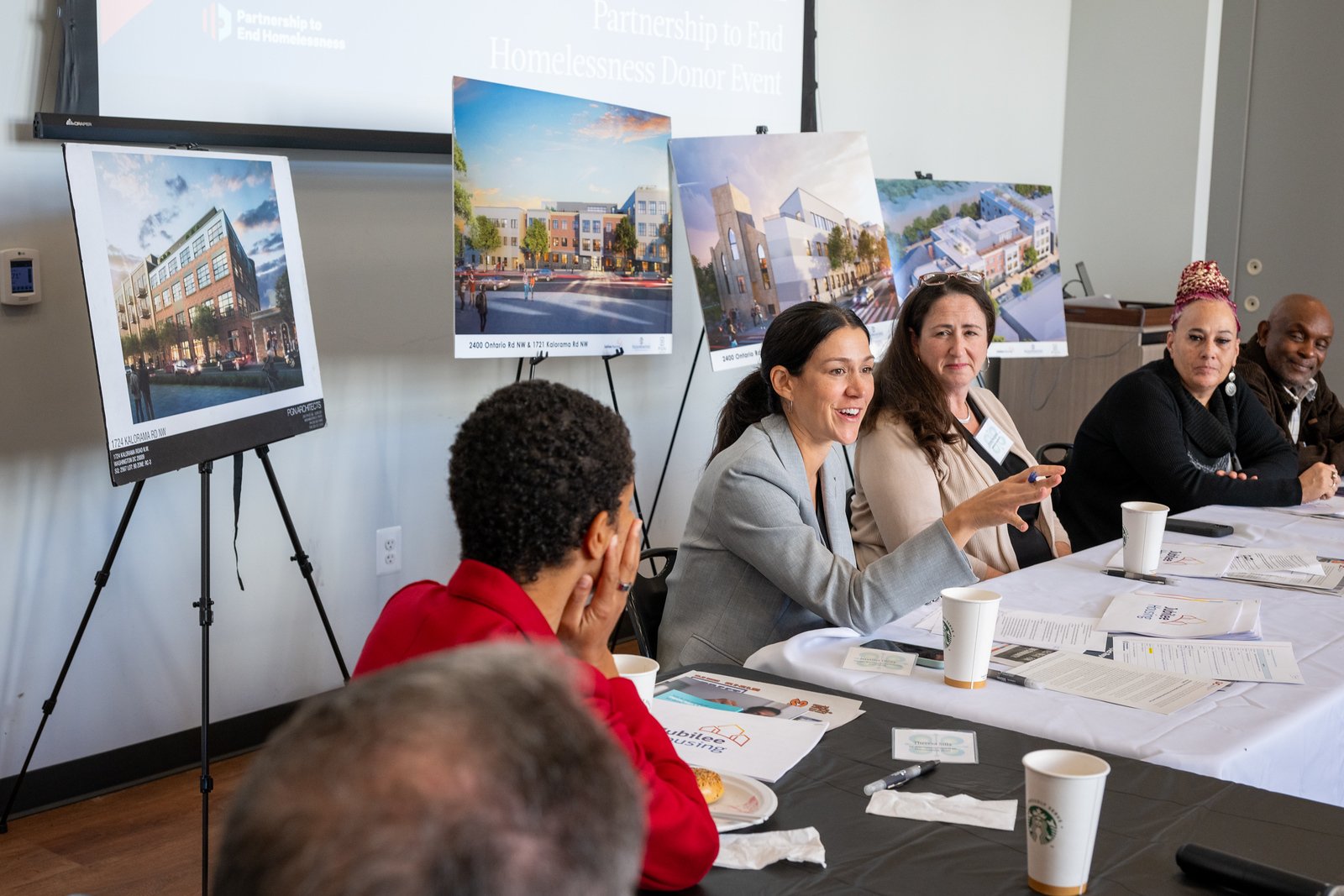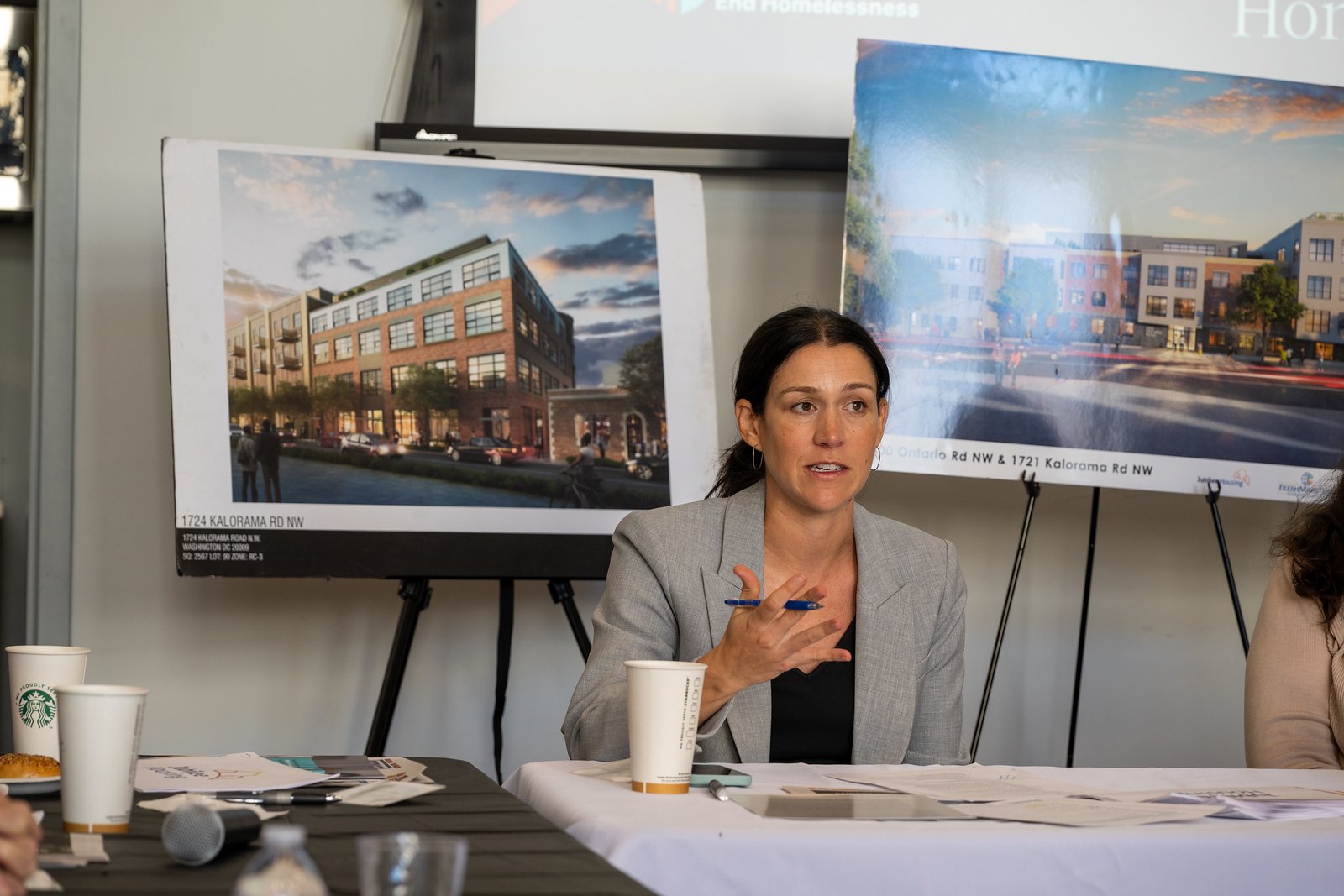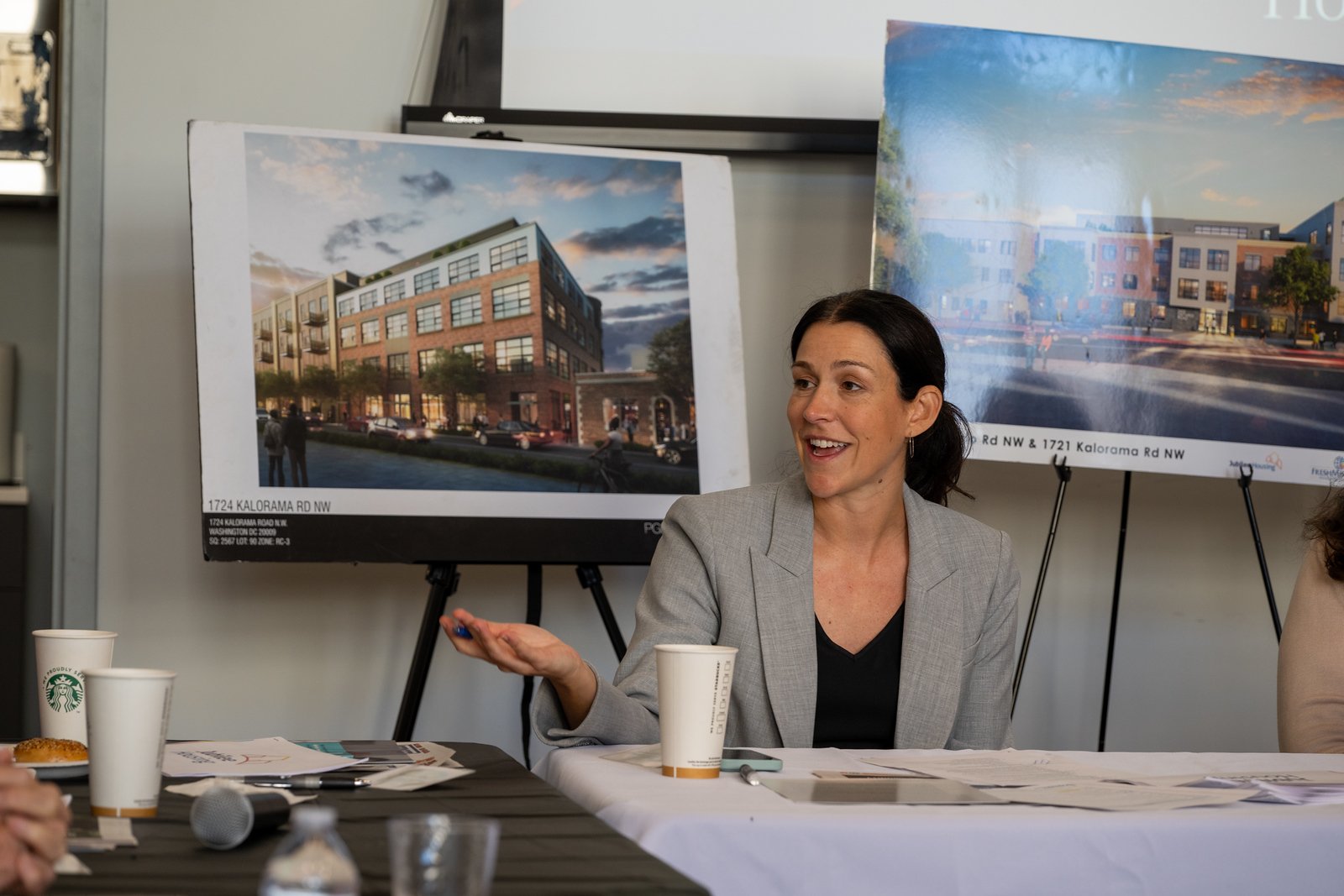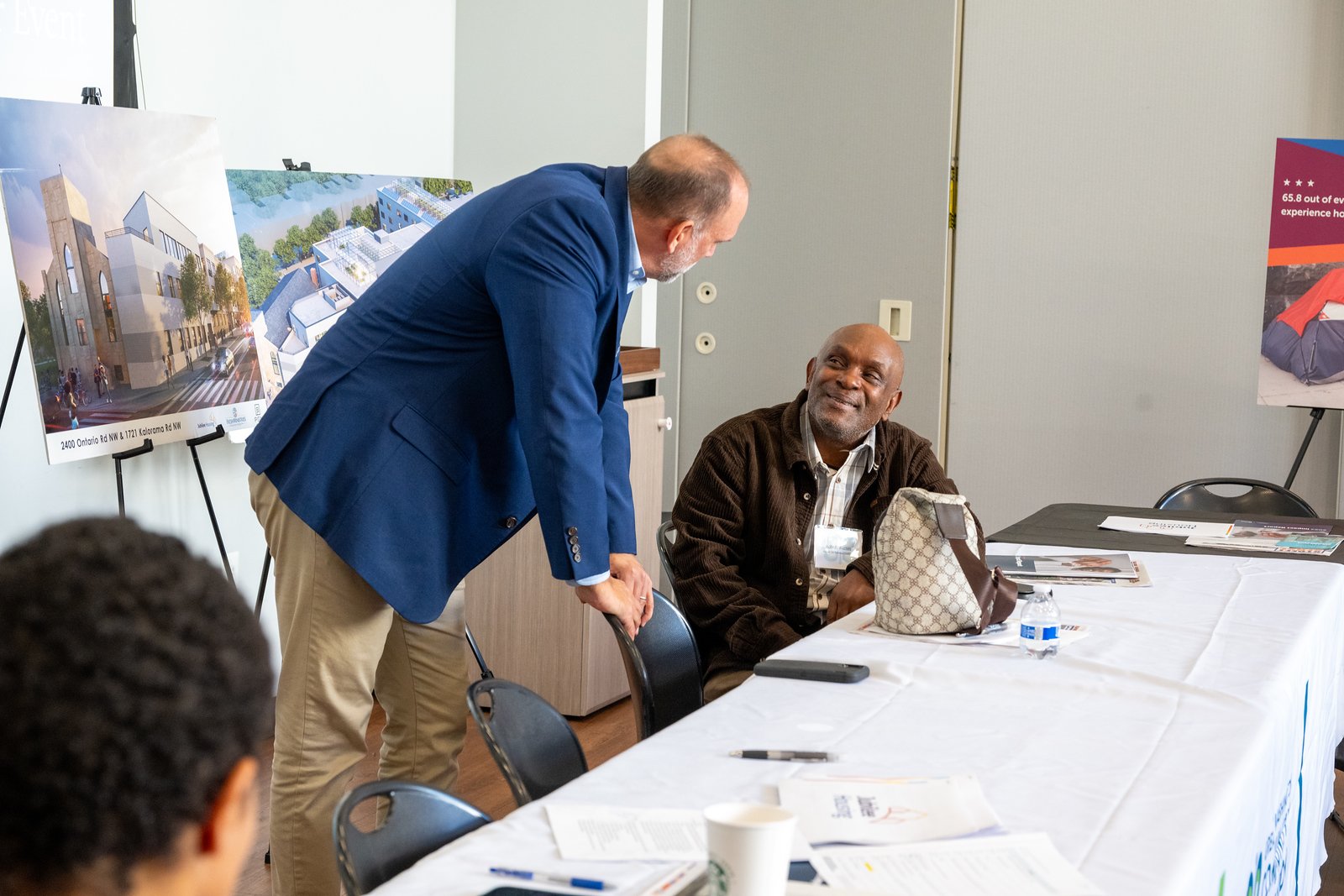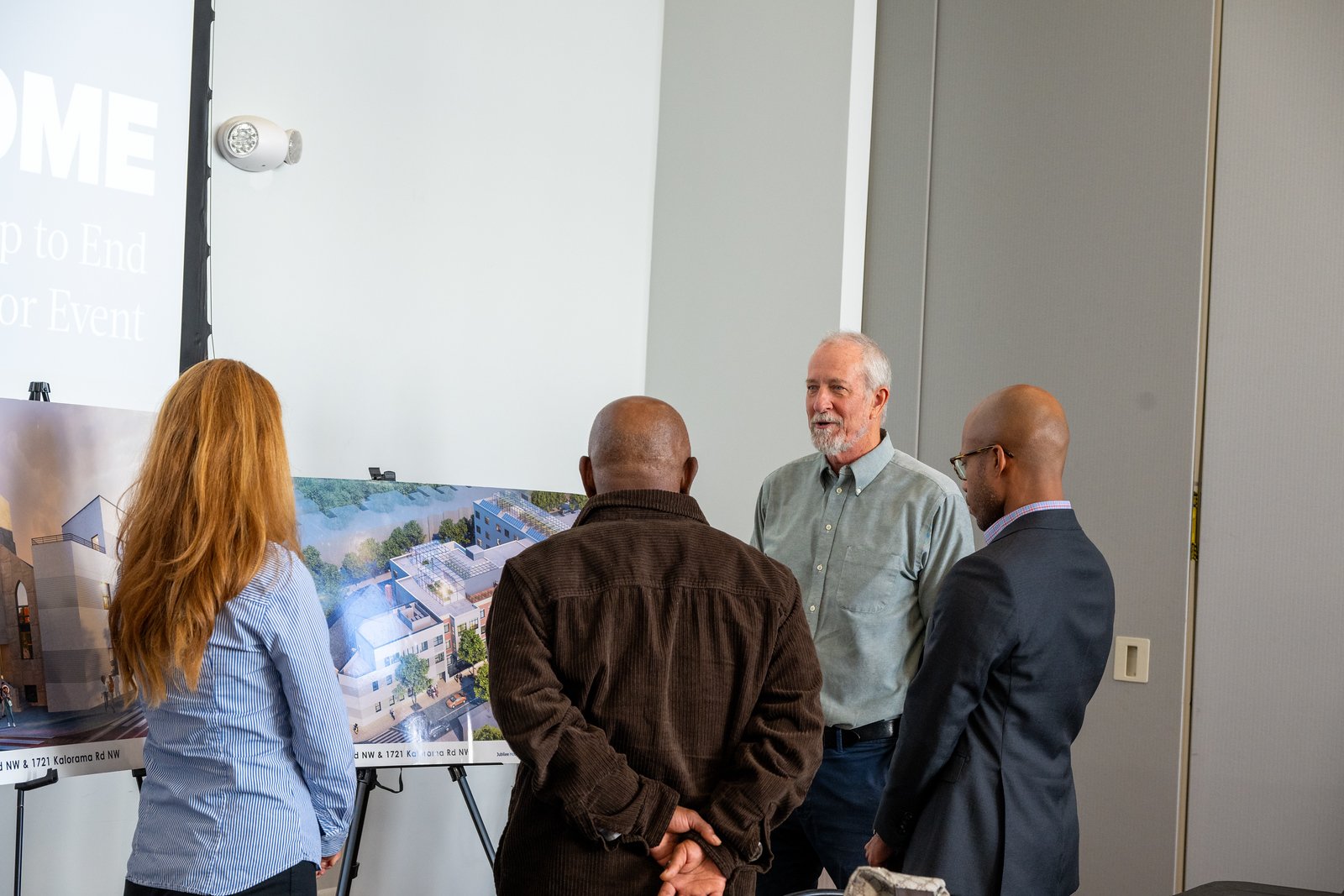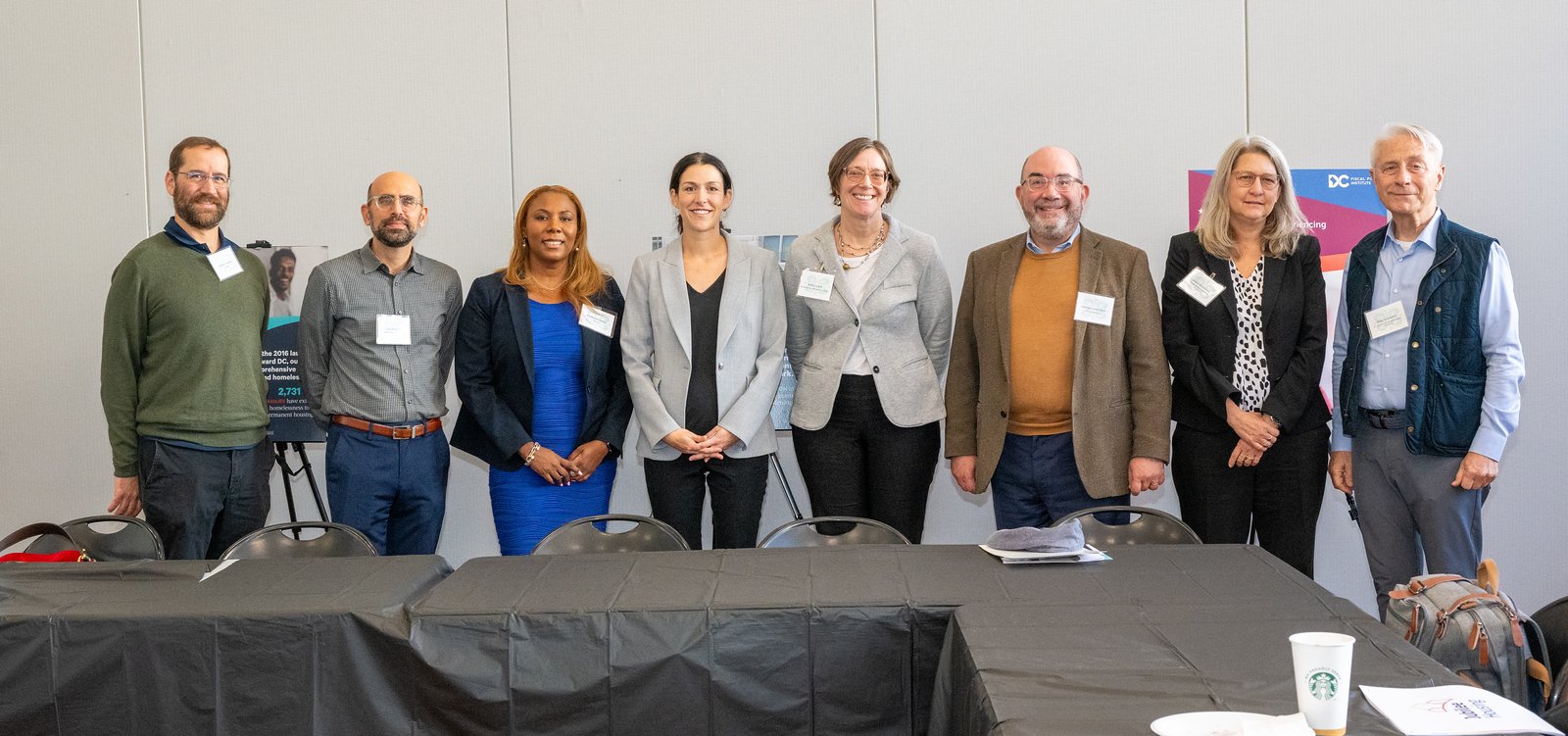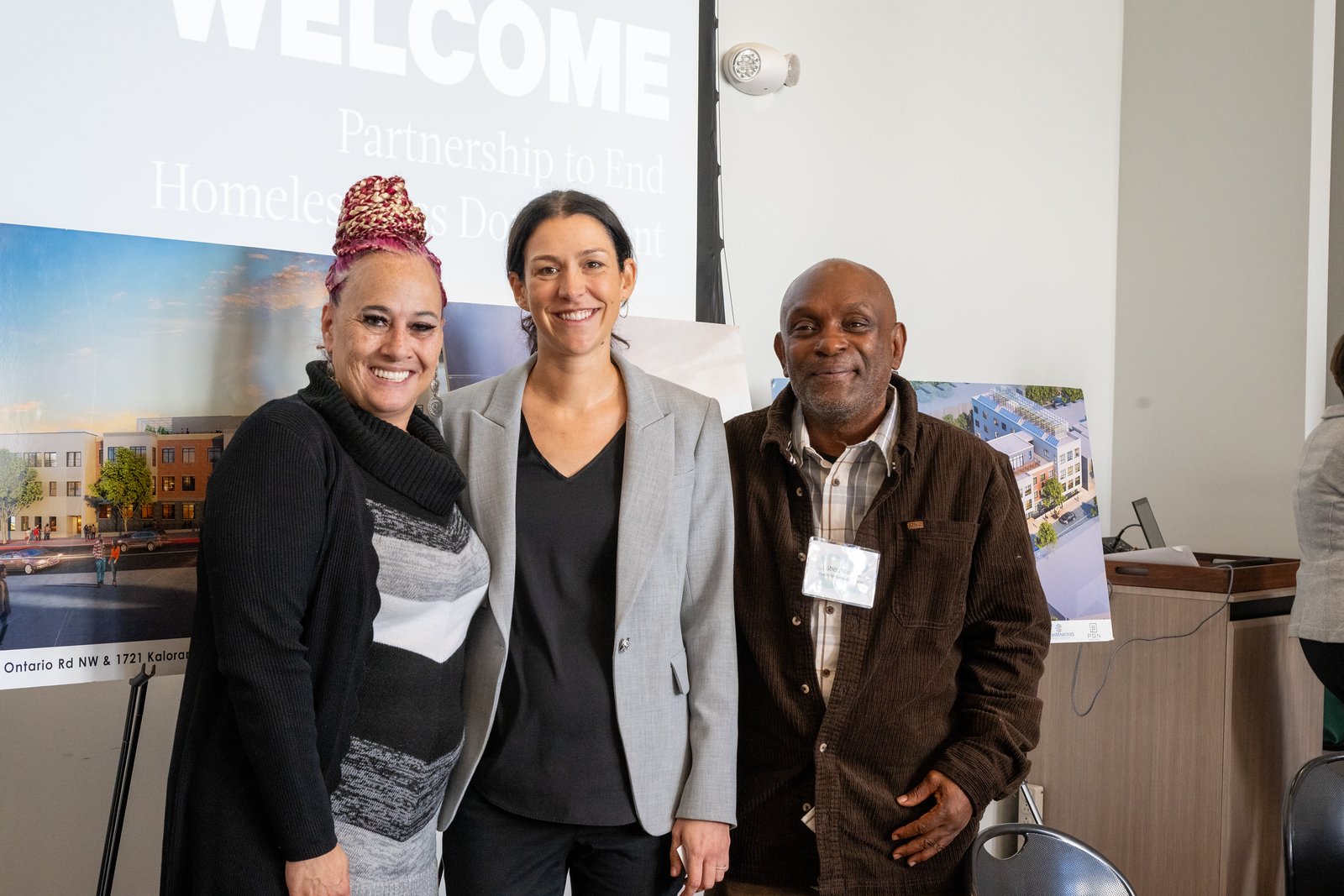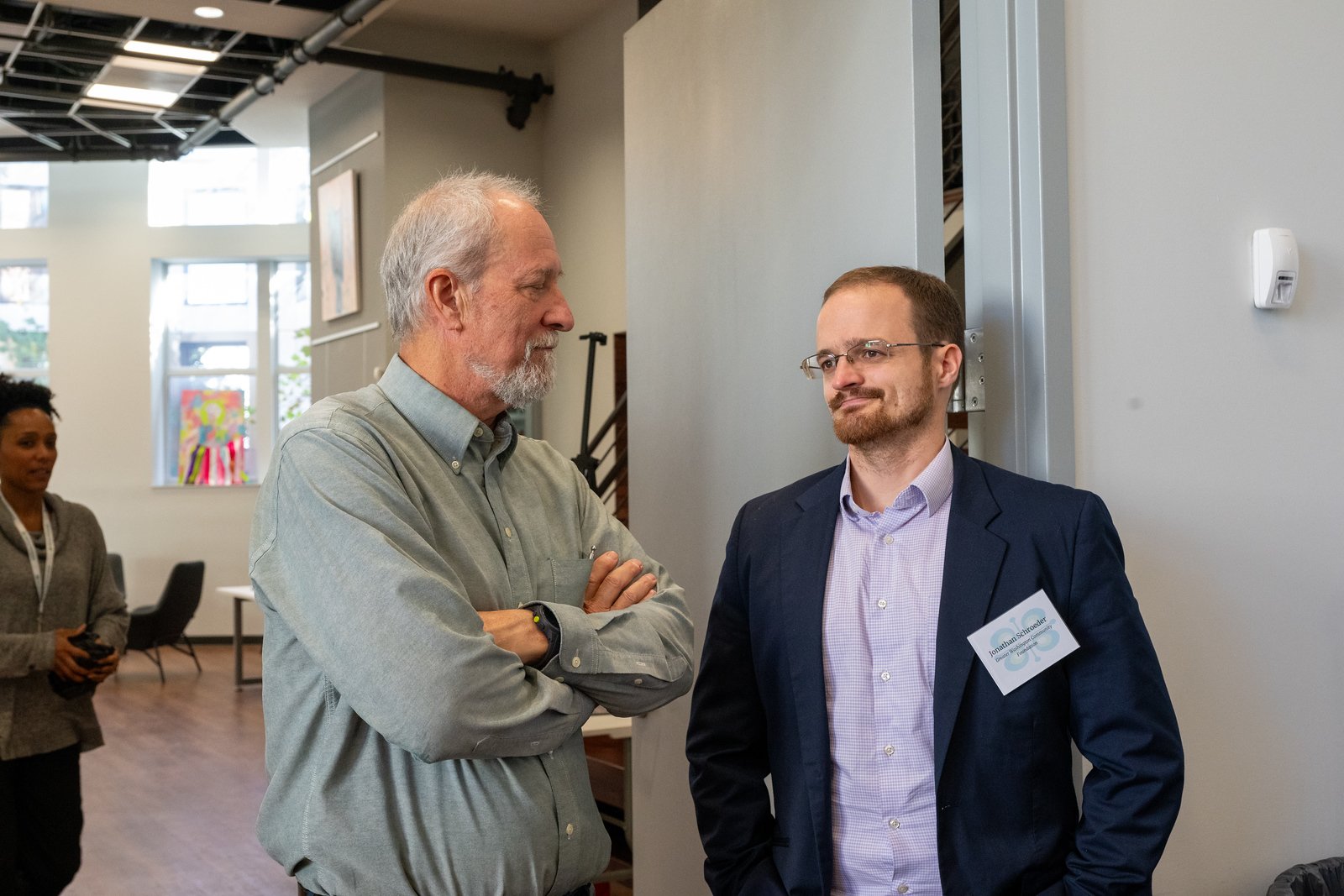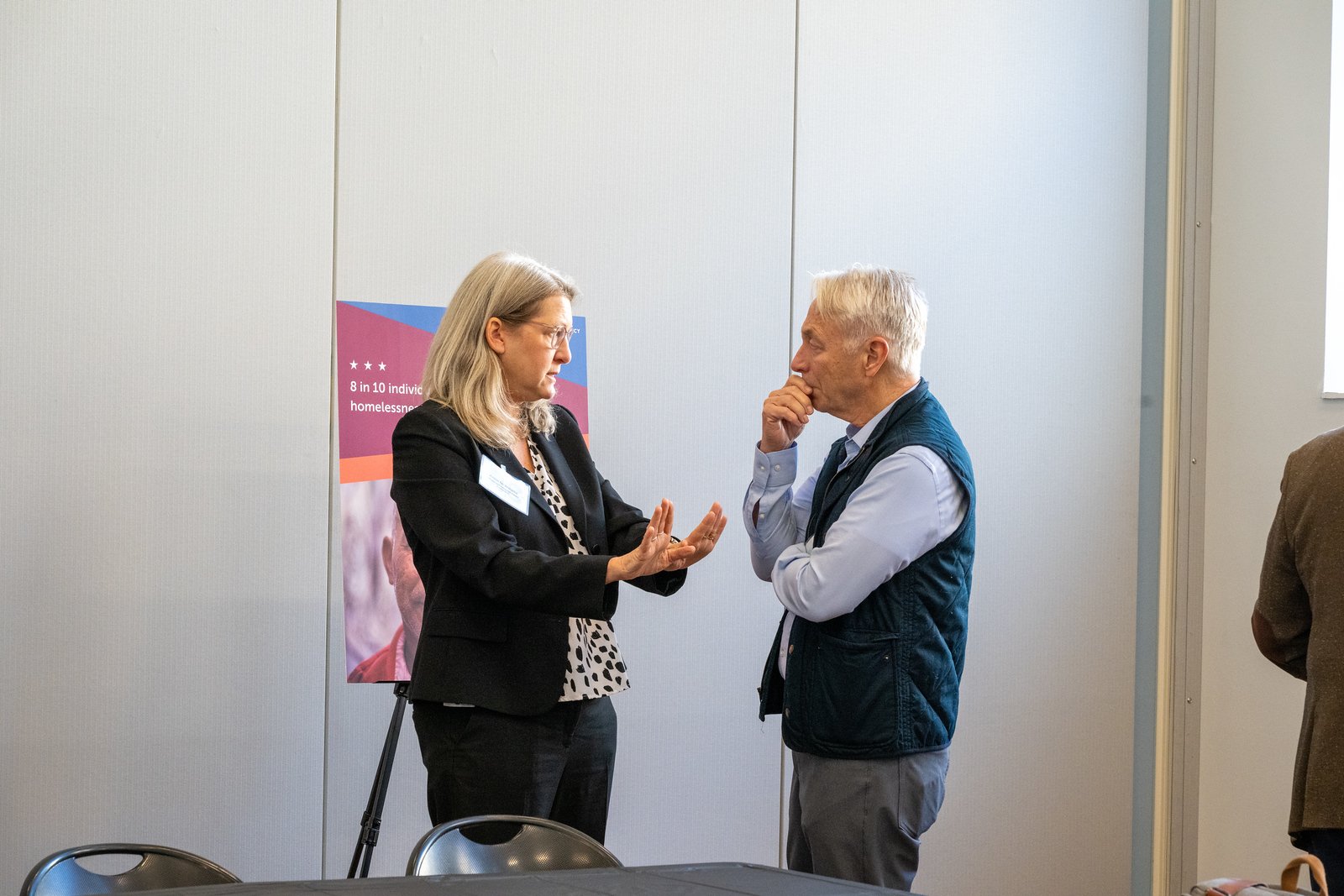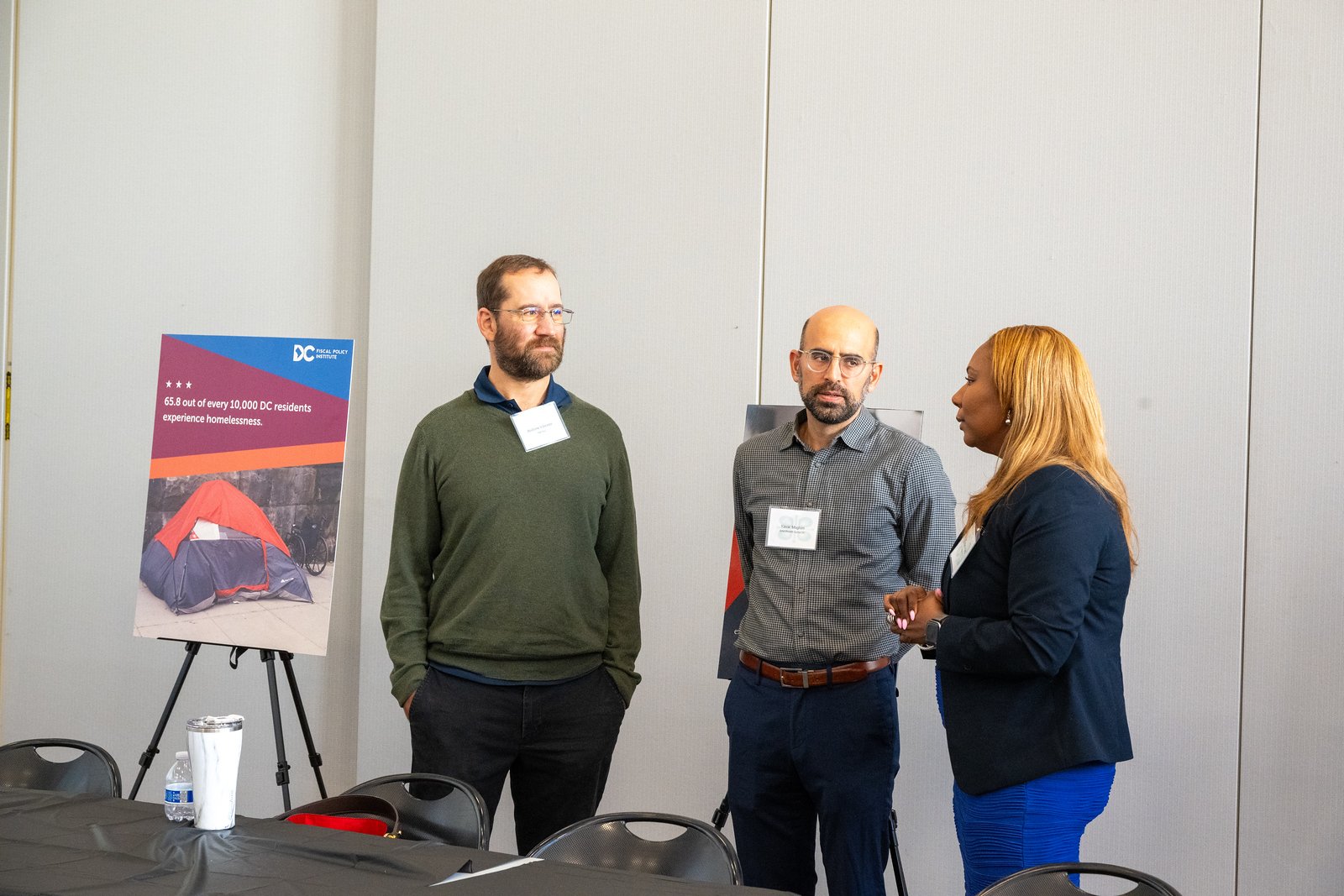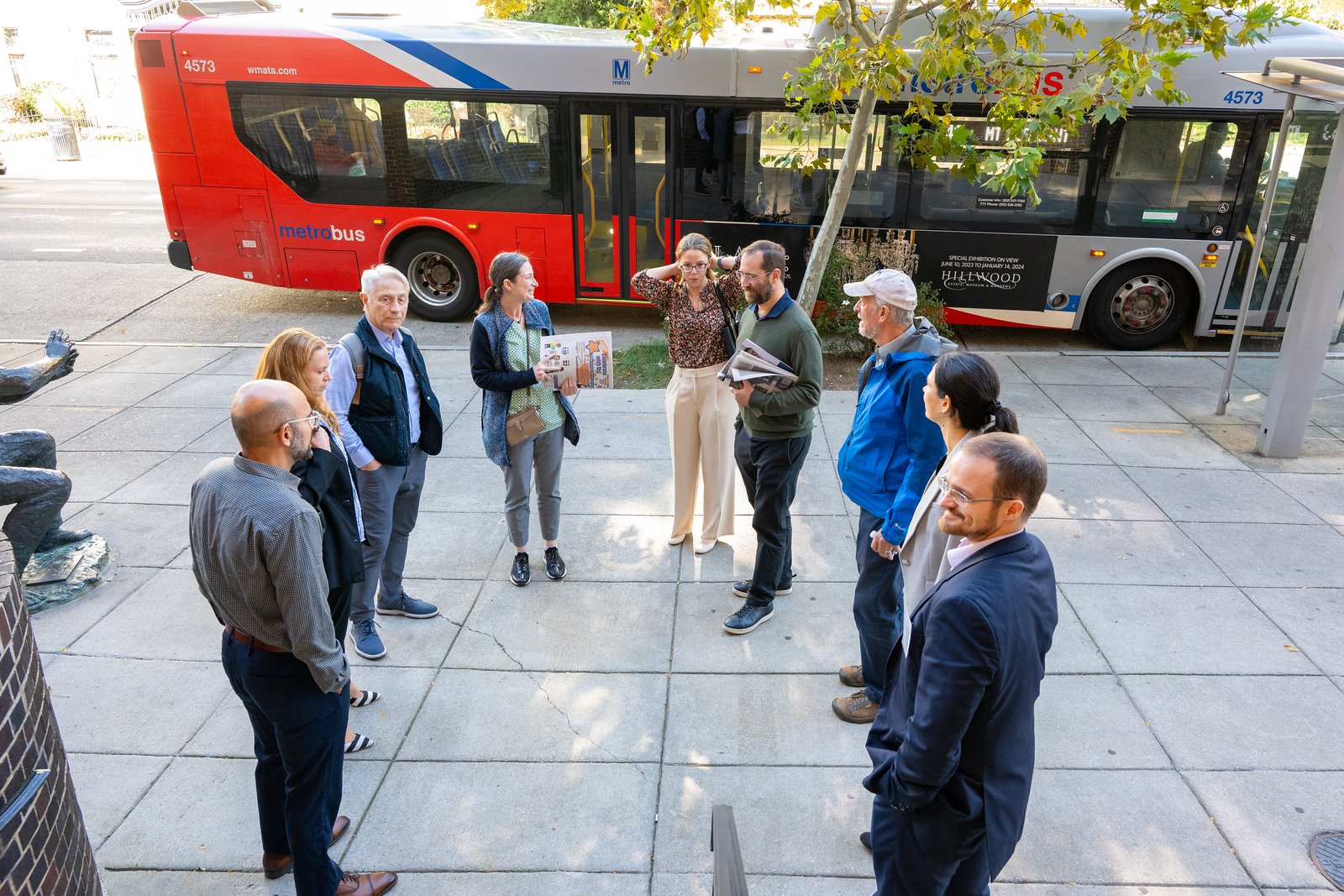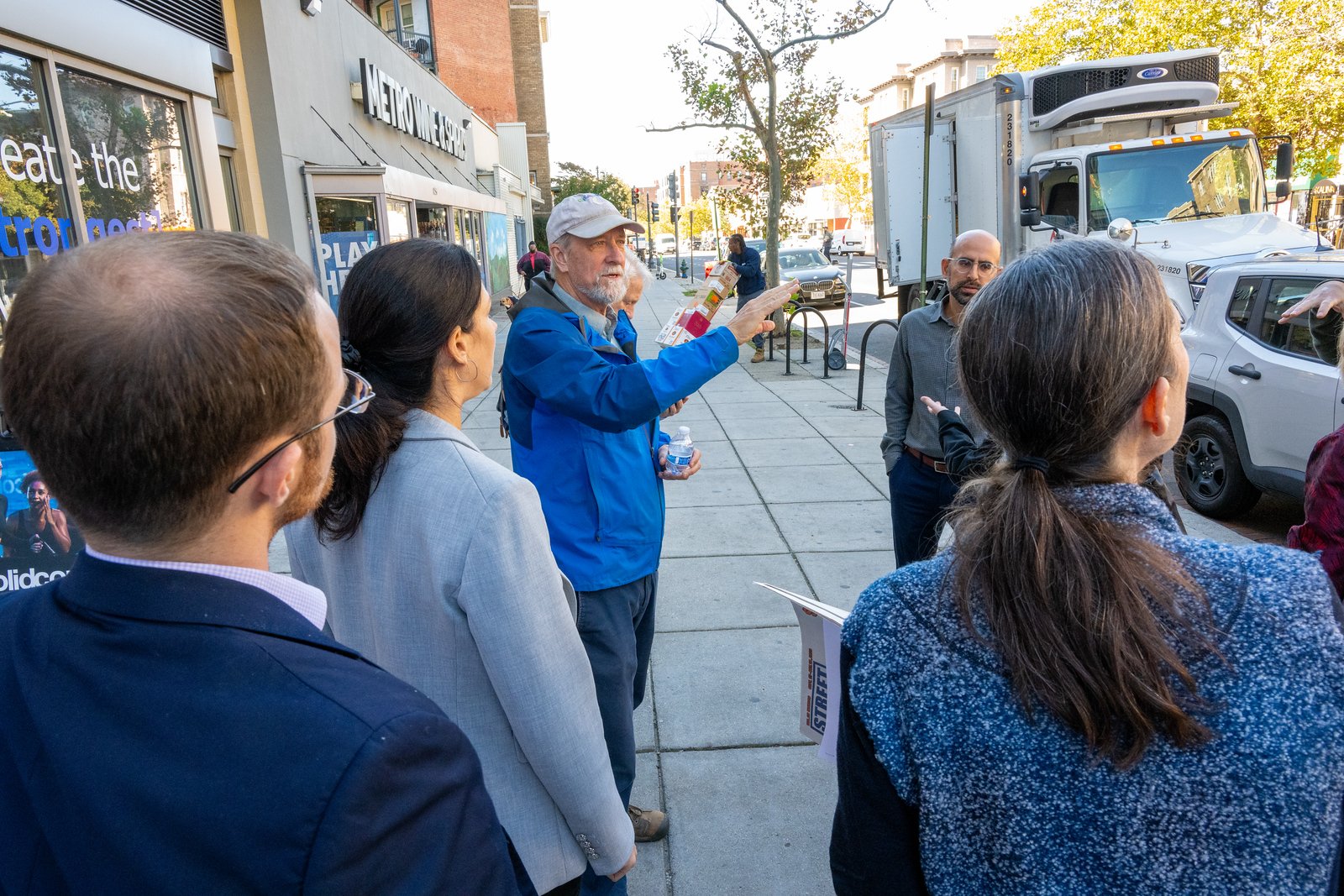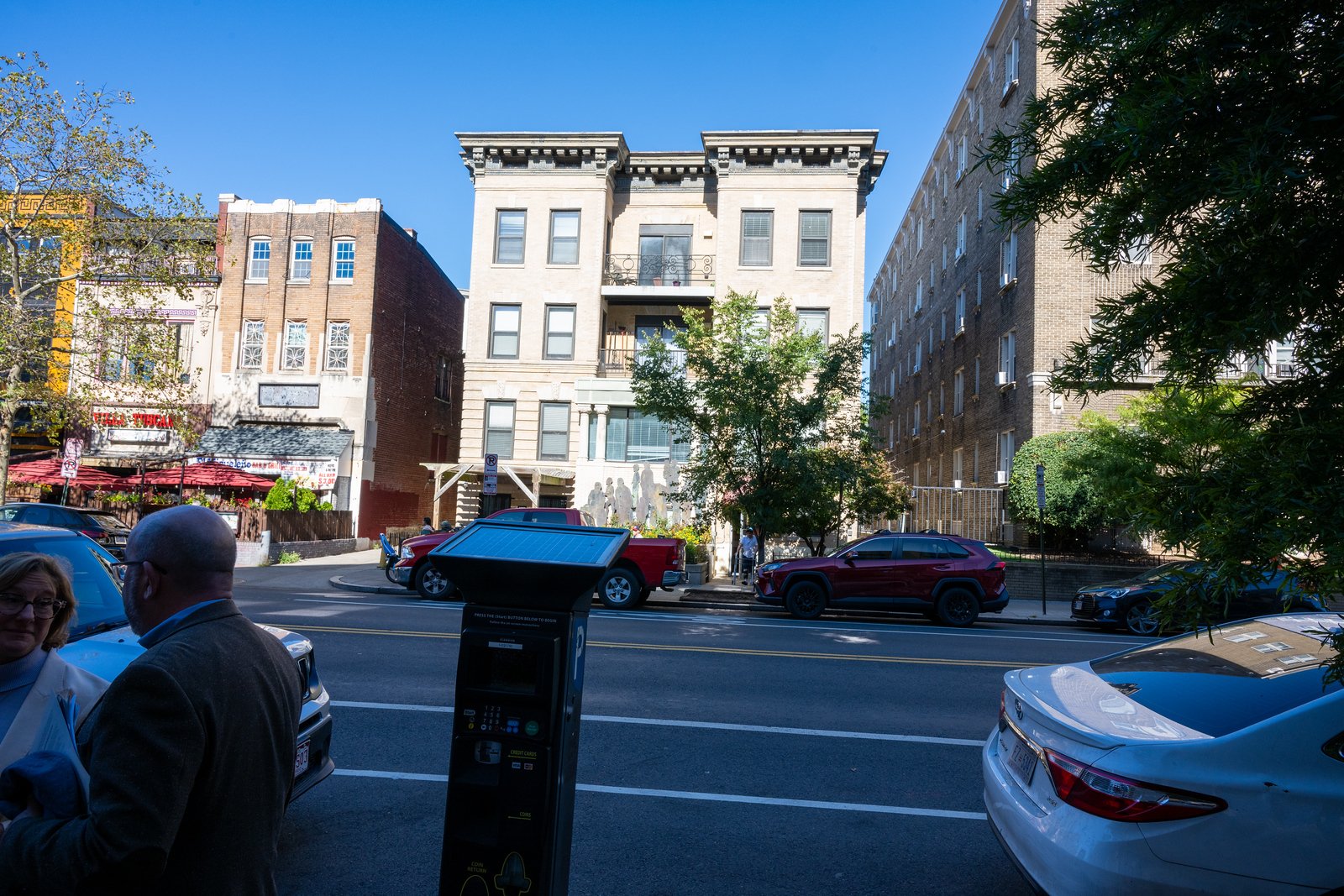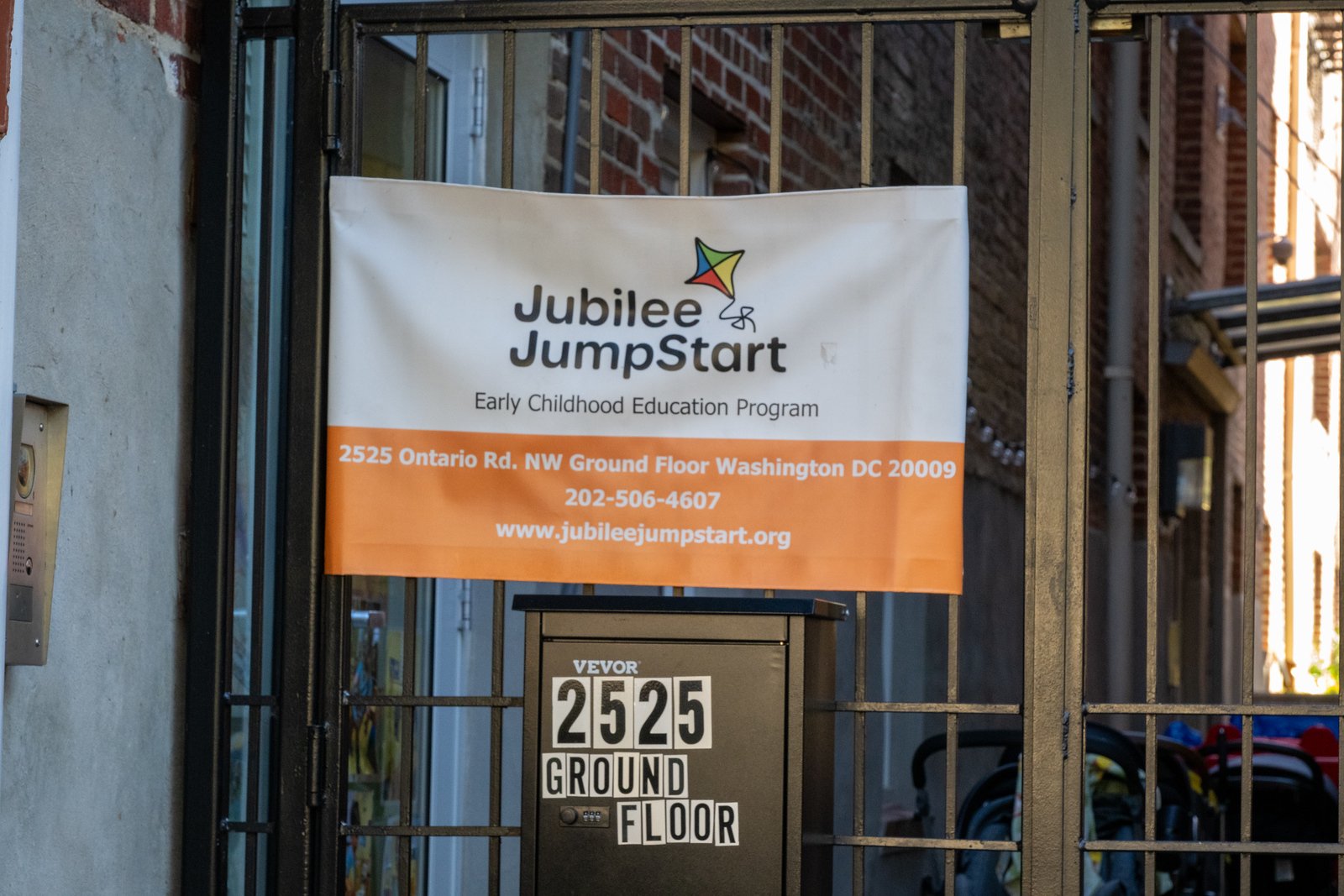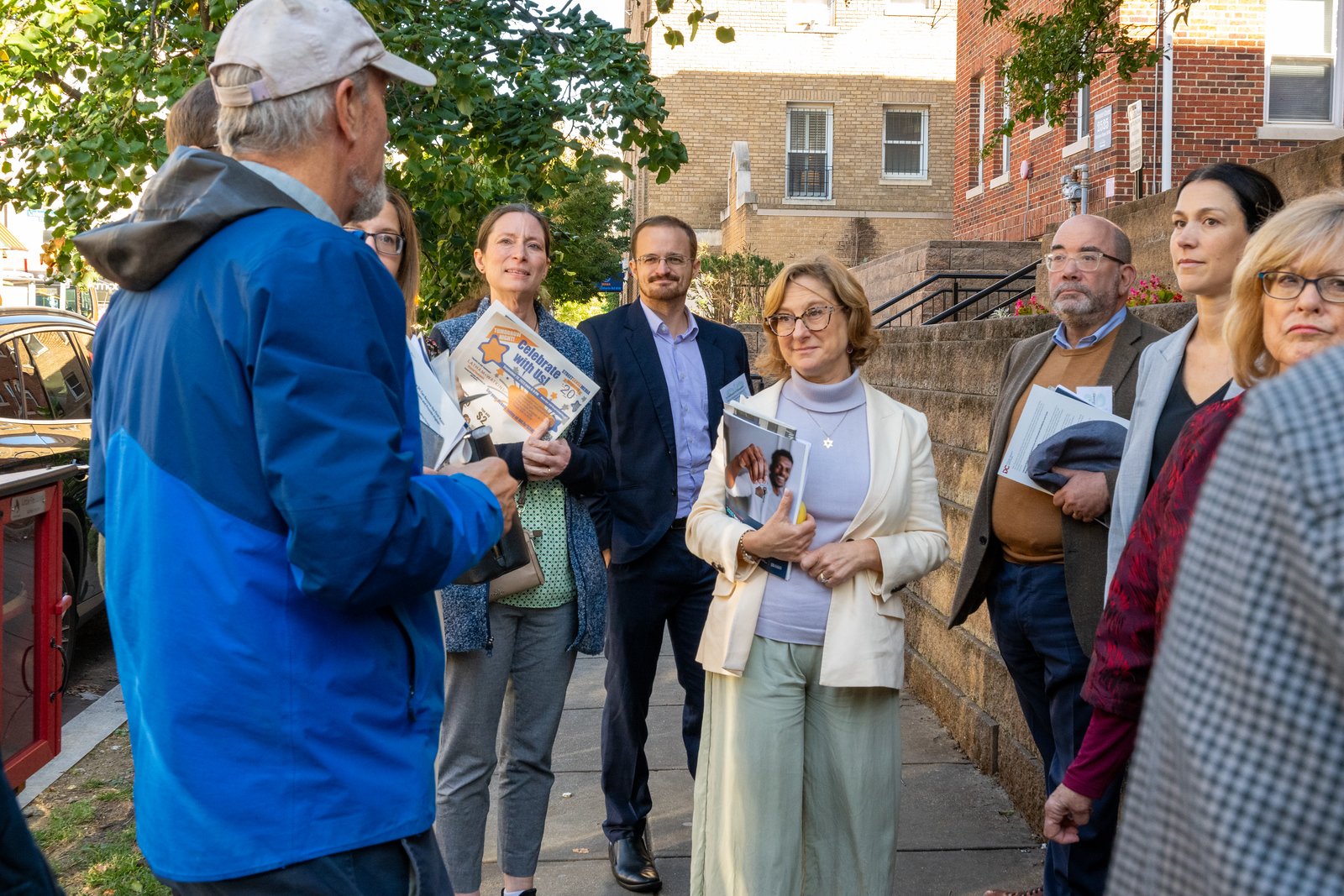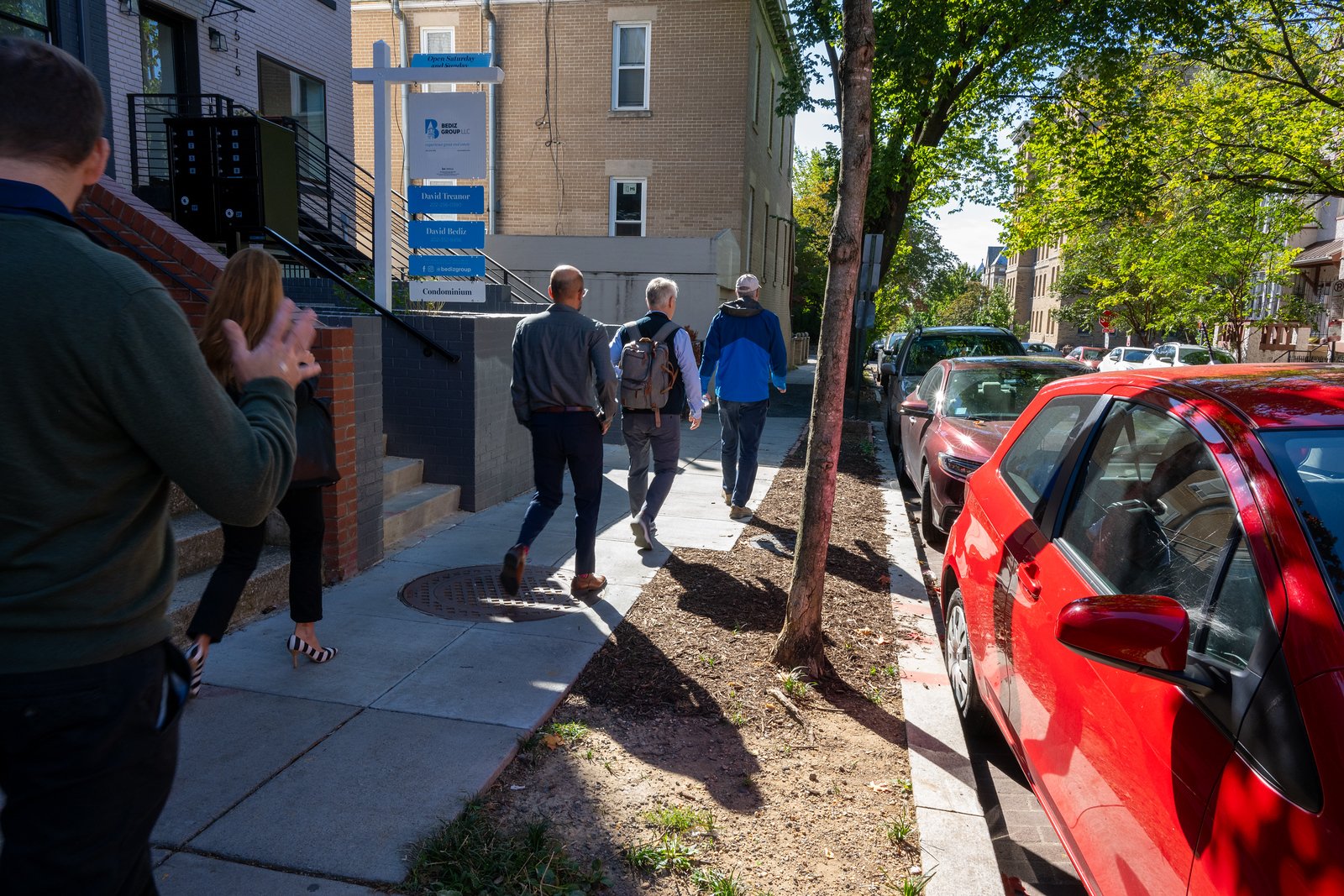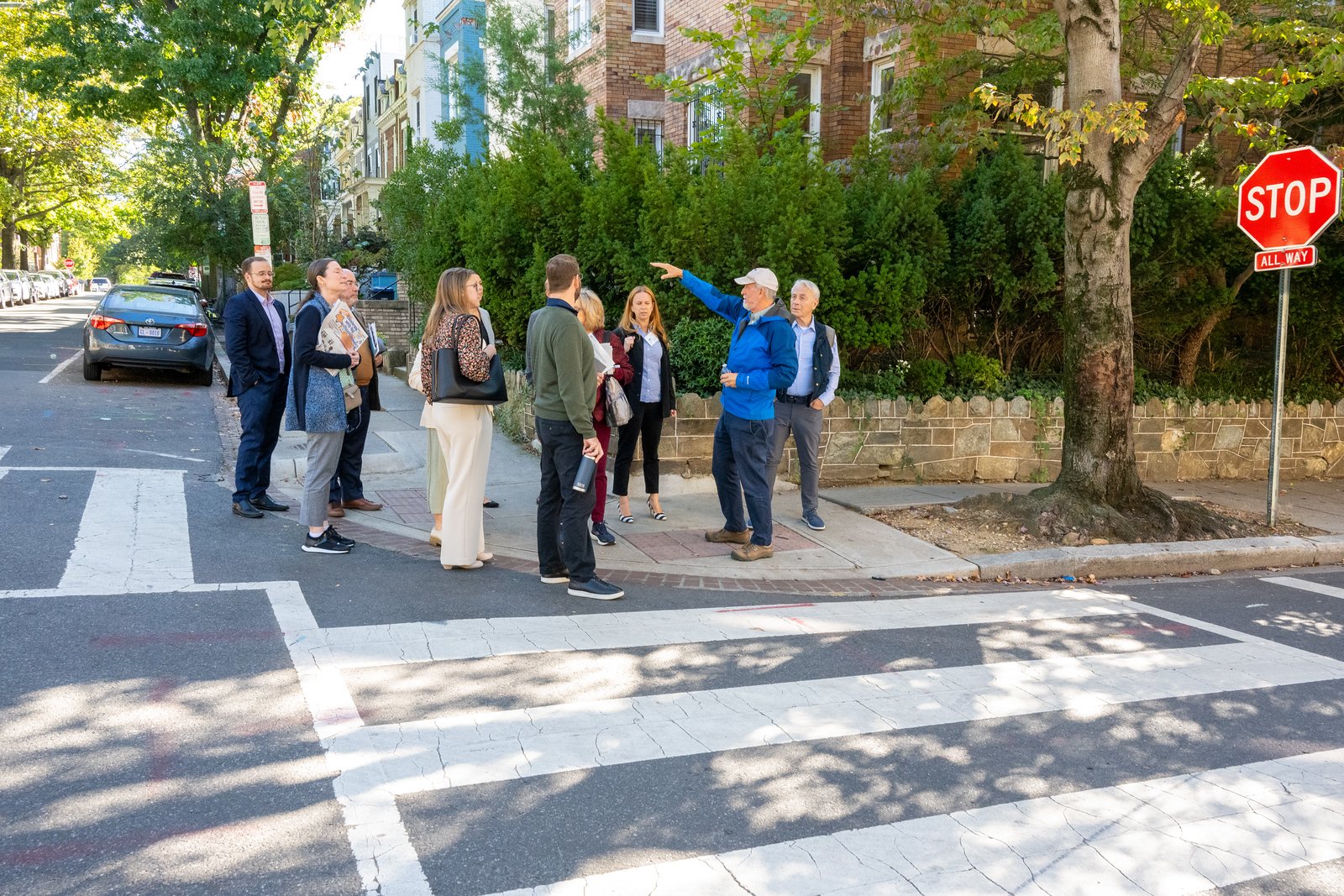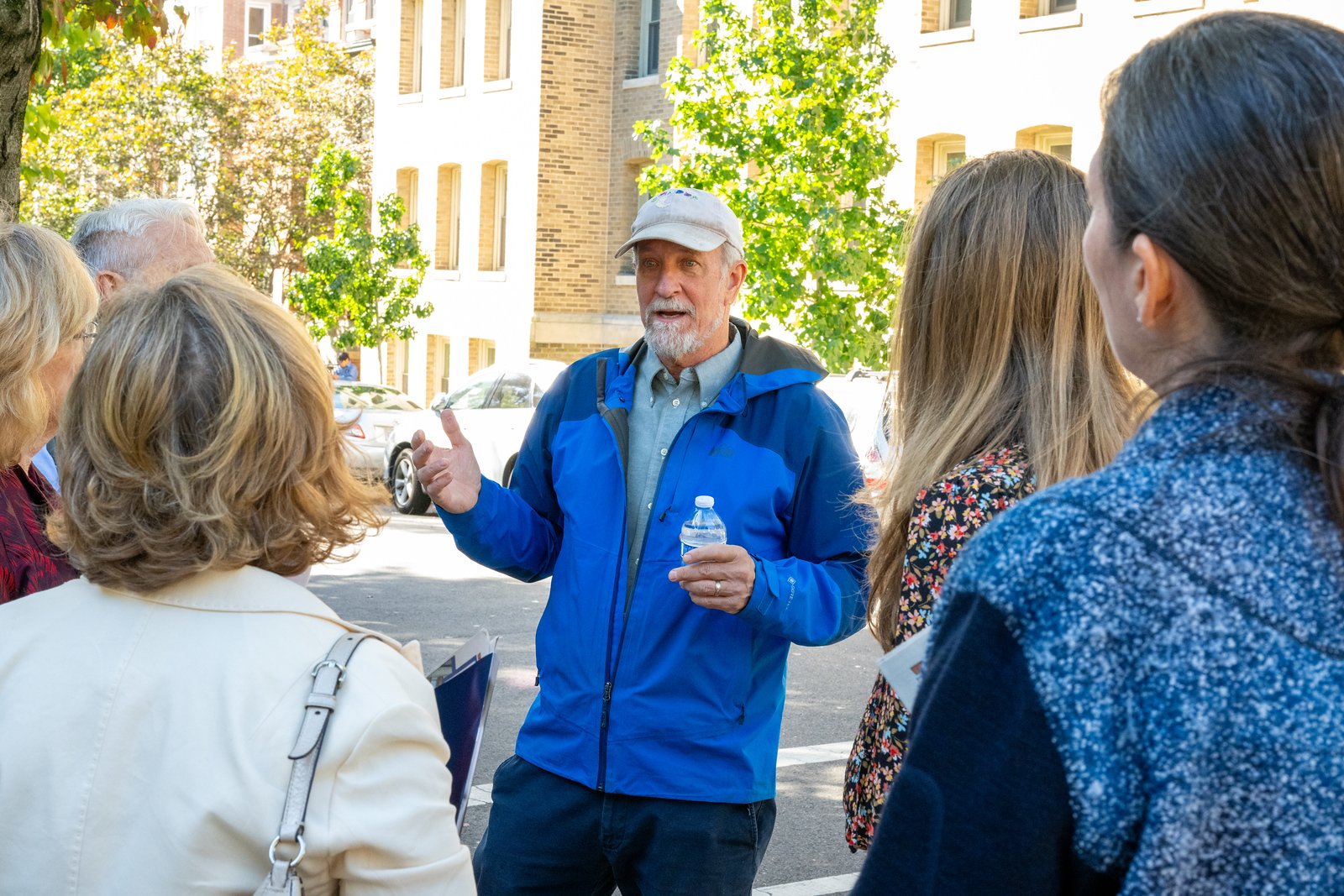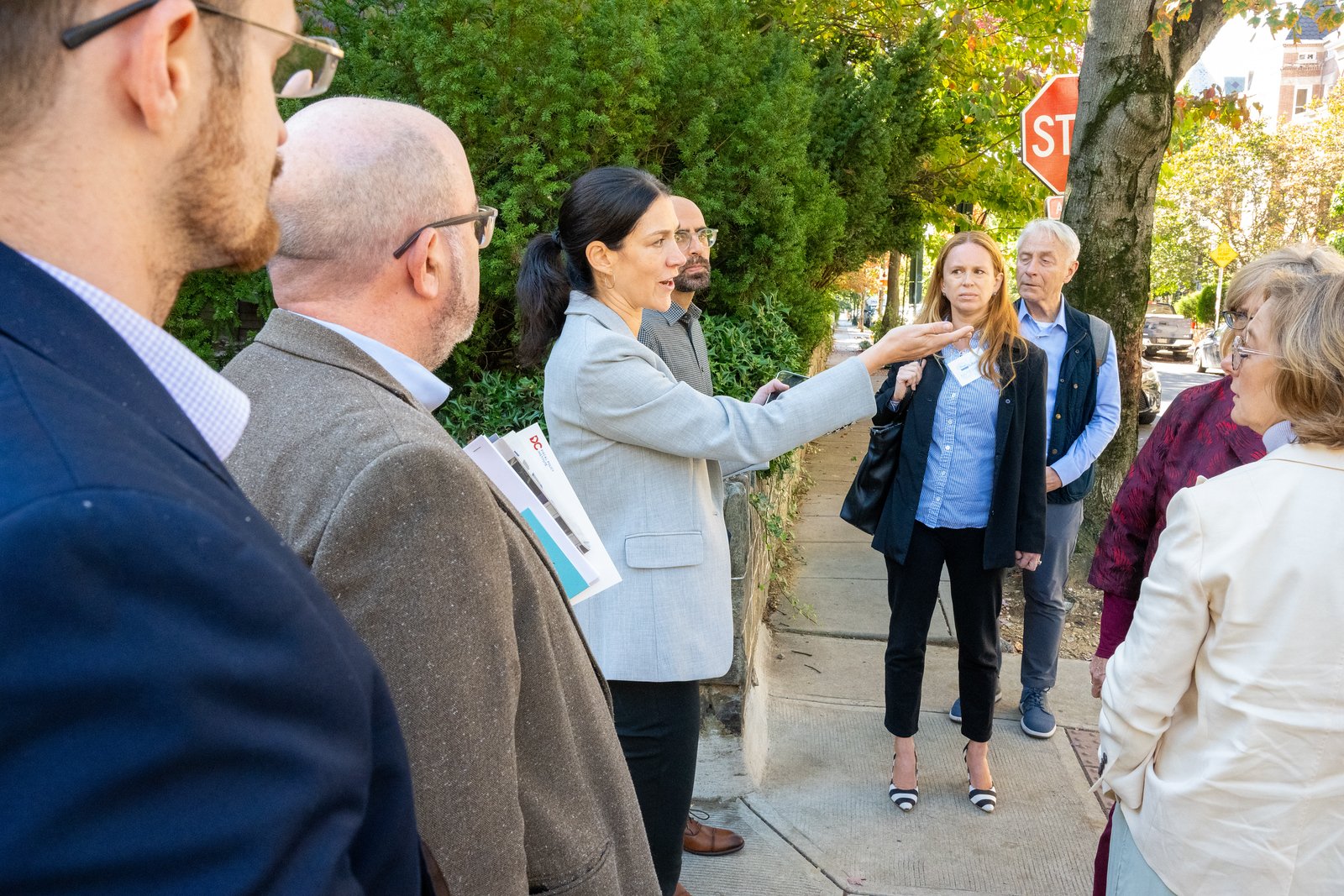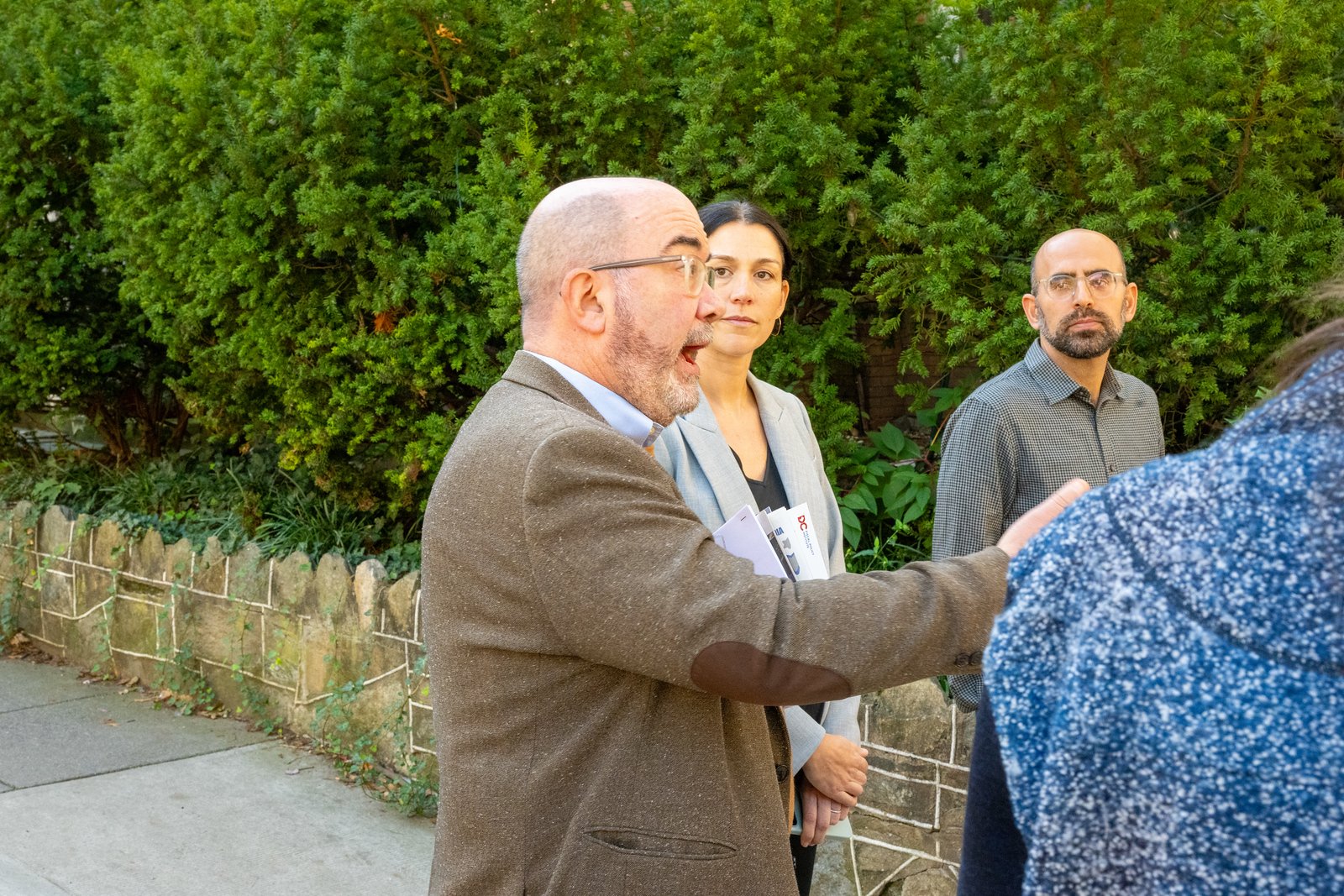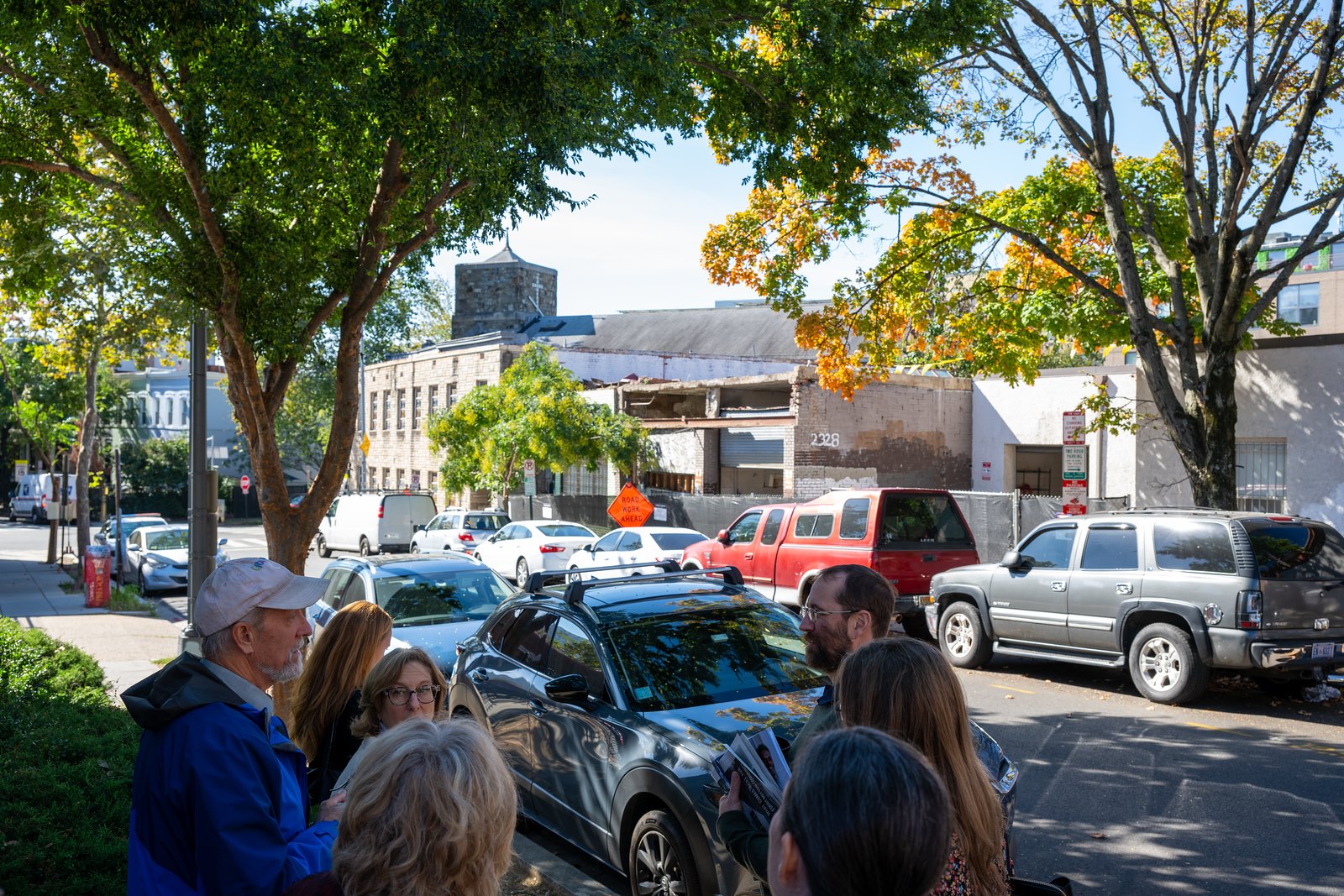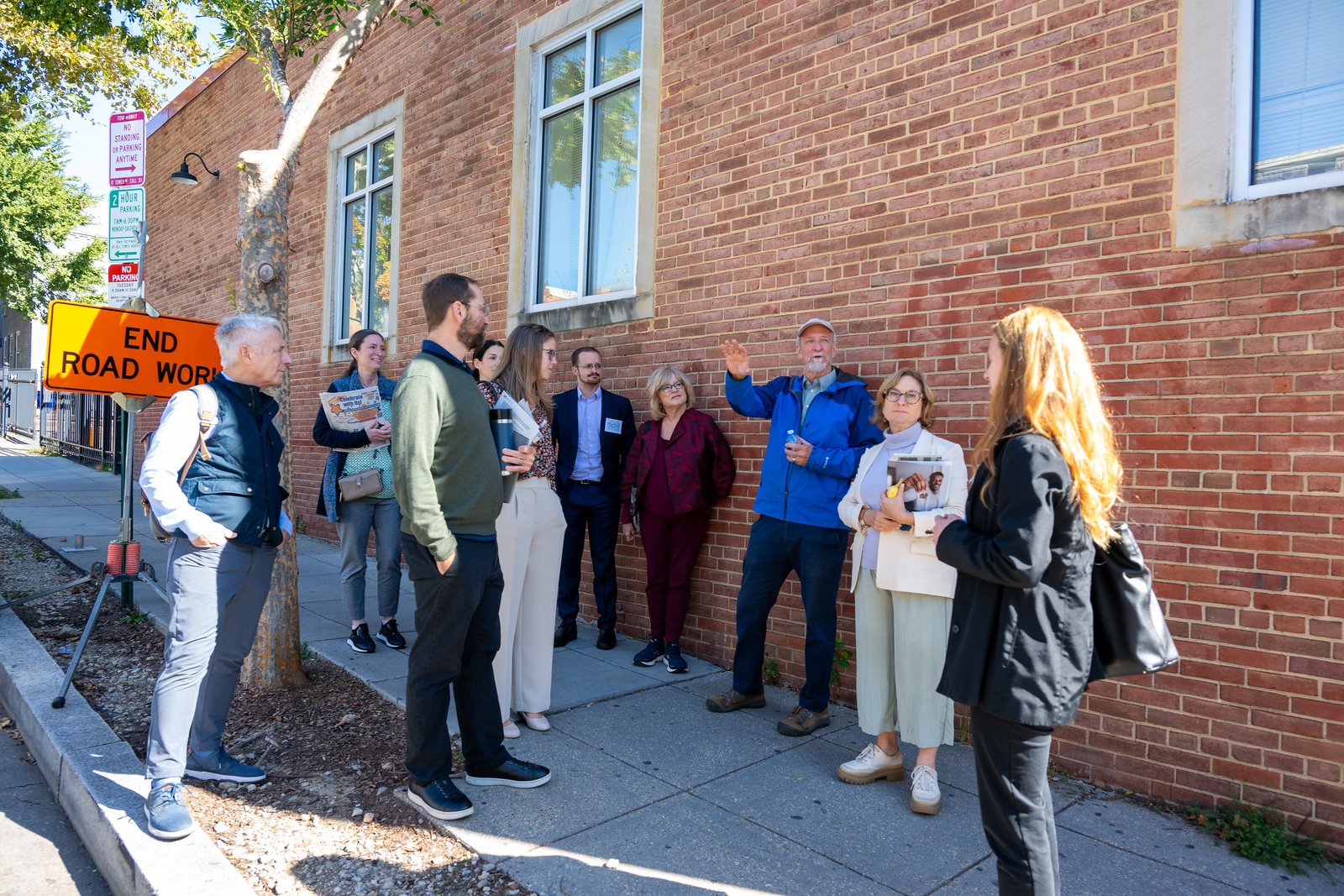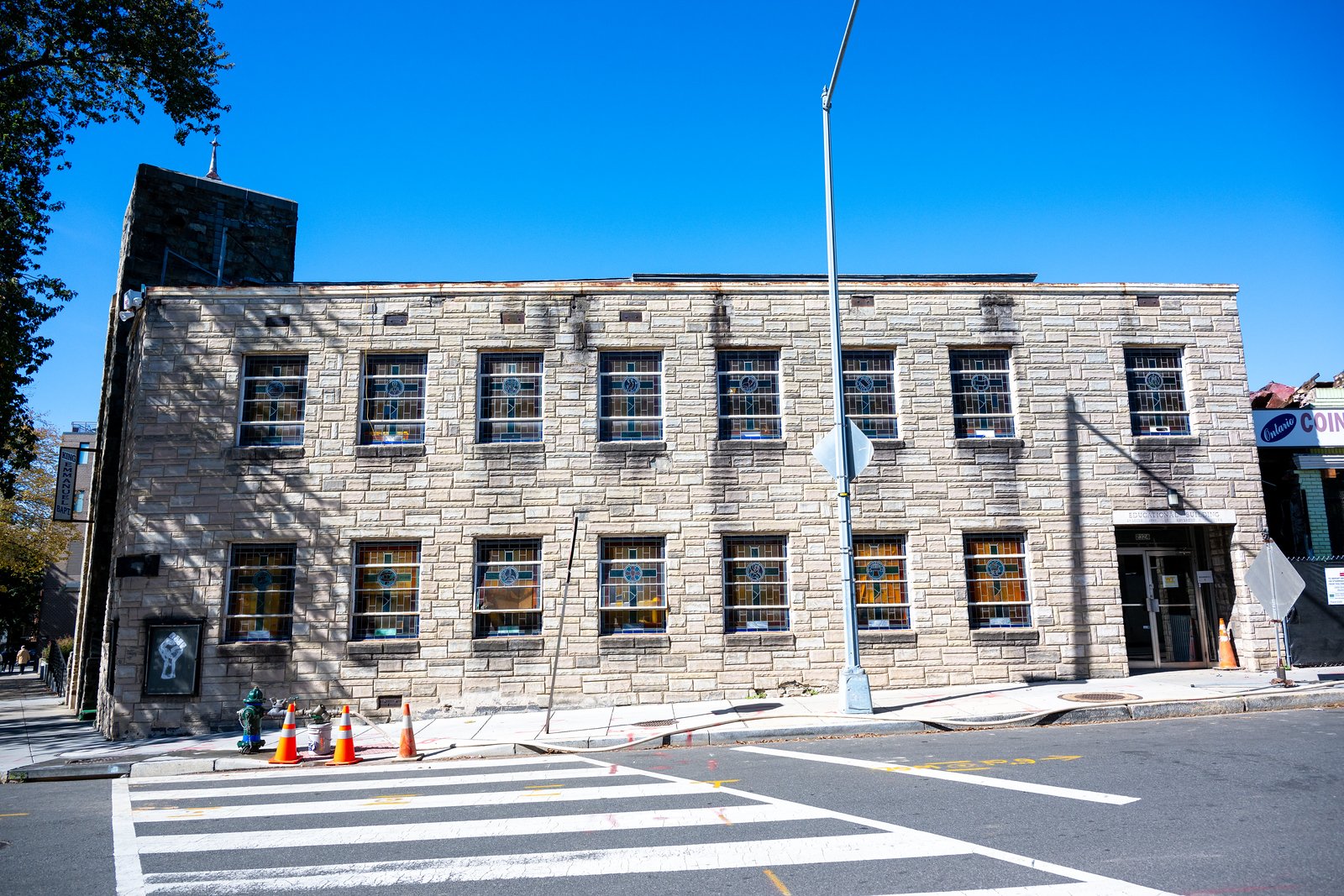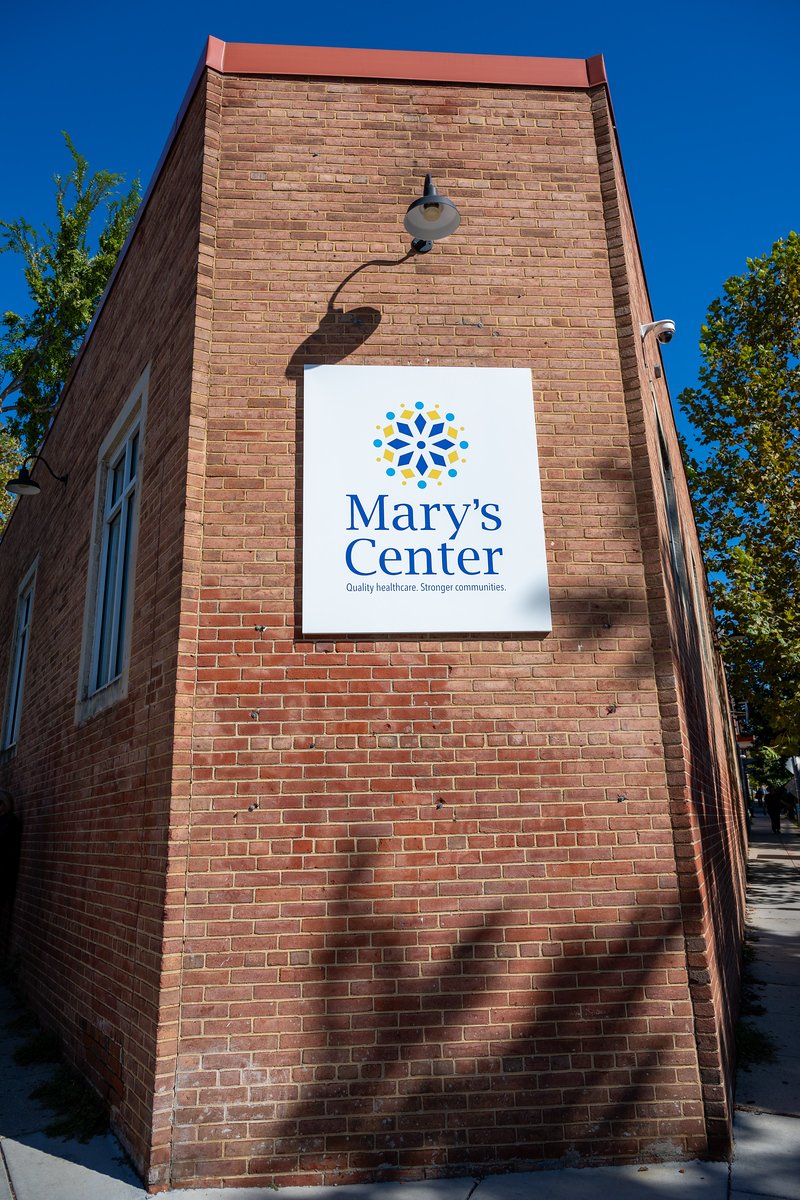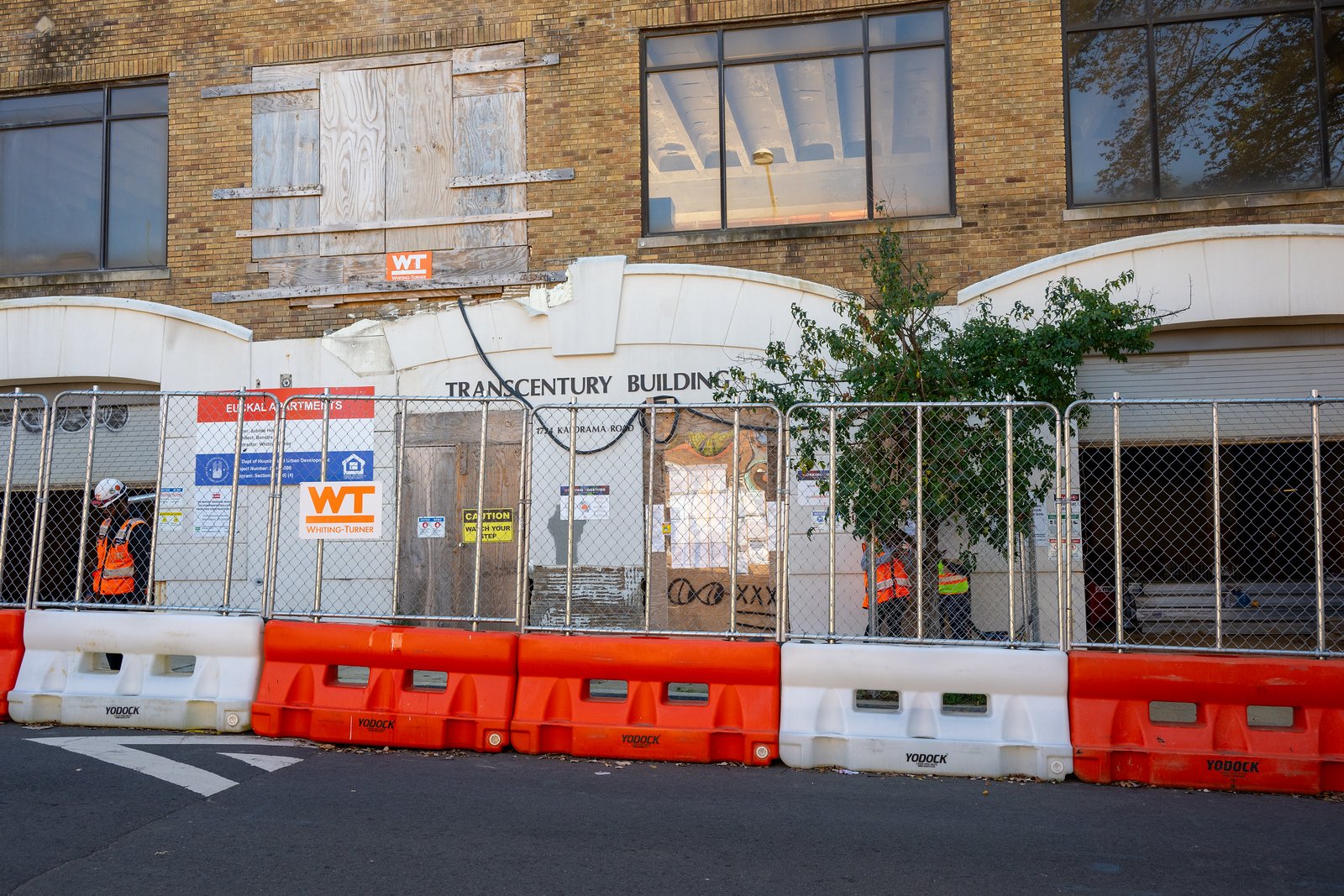For Sharing DC Member Fonda Sutton, participating in the Sharing DC initiative has been a labor of love for the city she is proud to call home.
“I love Washington, DC,” Sutton shared. “I’ve lived in this city longer than my own birthplace. For me, this work is not only necessary – it’s personal.”
Born in a rural town in Eastern North Carolina, Sutton fell in love with DC as a young girl visiting relatives who had moved to the nation’s capital to pursue government jobs. Growing up, Sutton eagerly looked forward to spending time over the summers in “Chocolate City”.
After high school, Sutton moved to DC to attend Georgetown University – becoming the first member of her family to earn a college degree (and later a law degree – also from Georgetown). Following graduation, Sutton began a long and prestigious career within DC’s education system, working with some of the city’s early charter school founders and as a leader at DC Public Schools. She currently serves as the Partner of Public Engagement and Advocacy at Education Forward DC – an organization that provides grants to support more high-quality educational opportunities for students.
Sutton says that while she loves some of the changes that she’s seen in the city over the years, she is mindful of DC’s ever-changing legacy for its Black and Brown residents – particularly the need to make increased investments to reduce inequities and build wealth.
“I’m super excited about the network of organizations that Sharing DC is building – especially those who are working to serve Black and Brown residents in the city,” Sutton shared. “It is so important that we highlight and support the work that they are doing.”
As a seasoned grant maker and community advocate, Sutton is no stranger to funding community work. However, Sharing DC was one of her first glimpses into donor-advised grant making – a process that she says is a win-win scenario for everybody.
“The organization I currently work for is an intermediary grant maker – we raise funds and then make investments to support and improve the education ecosystem,” Sutton explained. “It’s been heartening to instead rub shoulders with individual donors – people who really care about their community and are thinking about the grassroots level impact of their giving.”
Sutton’s experience and perspective – both in grant making and in the community – have been invaluable to the Sharing DC committee, as members work together to decide how to best use collective funds to have the greatest potential impact on the community.
“It’s a beautiful view into private philanthropy,” Sutton said of her experience on Sharing DC. “It’s a great give and take opportunity to work with other donors to strengthen the community around you.”
“It’s also a great opportunity for smaller organizations to get funding – support that makes a big difference for the work that they do in their communities,” she added. “I’ve had the privilege of observing and working with some of these organizations, and I can tell you that it means the world to them.”
Sutton says she has also enjoyed meeting with smaller nonprofit organizations that she was not previously familiar with, some of which she has been so impressed with that she has sought out ways to support them outside of Sharing DC in small and personal ways – like holiday donations through her personal book group.
“I think that many of us are very aware of the larger organizations doing good work on the issues that we relate to, based on our own experience,” she added. “But there are so many smaller organizations really hustling to serve in our community – and if they just had a little more support, it would go so far for the work they are doing.”
When asked about her future plans for participating in Sharing DC, Sutton had this to say.
“It’s important work, and I love to be a part of it – I will be there, as long as they will have me.”
Want to get involved? The Sharing DC Fund Committee welcomes new members! Contact Isabel Spake ([email protected]) to find out more about how you can be a part of this impactful fund!

